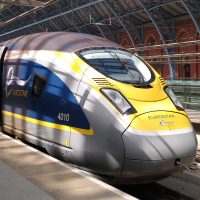 Welcome to the third and final instalment of my latest Travel Spot series, all about my return home by train from Berlin. The first part covered my journey from Berlin to Köln, where I spent a few days exploring the local coffee scene, as well as taking a day-trip by train along the Rhine to Mainz. The last stage of my journey was my return to the UK, which involved retracing my steps from the journey out as far as London St Pancras. However, while I’d set off from Guildford, I was returning to North Wales and Flint station, which was part of the reason I’d broken my return journey in Köln.
Welcome to the third and final instalment of my latest Travel Spot series, all about my return home by train from Berlin. The first part covered my journey from Berlin to Köln, where I spent a few days exploring the local coffee scene, as well as taking a day-trip by train along the Rhine to Mainz. The last stage of my journey was my return to the UK, which involved retracing my steps from the journey out as far as London St Pancras. However, while I’d set off from Guildford, I was returning to North Wales and Flint station, which was part of the reason I’d broken my return journey in Köln.
I’d done Guildford to Berlin in a day and while I could, in theory, have done Berlin to Flint in a day, it would have required a very early start and any missed connections would have probably been disastrous. In contrast, by travelling from Köln, I could have a relatively relaxed start, catching the 09:42 to Brussels, where I’d have an hour and 20 minutes before my Eurostar to London, arriving at 14:00, rounding things off with the 16:10 Avanti West Coast service from London Euston, direct to Flint.
As usual, I’ve split this post into the following sections:
- Back on the ICE 3
- Köln to Brussels and Breakfast on the Train
- Eurostar Terminal at Brussels Midi
- Brussels to London and Lunch on the Train
- Euston and First Class on Avanti West Coast
- London to Flint and Dinner on the Train
You can see how I got on after the gallery.
My first task was to get from my hotel to the station, which, given all my luggage, meant taking the tram. Fortunately, I’d already scoped out the journey, both on my way to the hotel when I’d arrived from Berlin and on my way back after my day-trip to Mainz. This meant that I knew about the step-free, underground connection between the tram platforms and the station, saving me having to lug my case around outside.
My only dilemma was whether to dash across to The Coffee Gang for one last cortado before I left. It wouldn’t have taken me long, particularly since I was going to have breakfast on the train (despite the disasters on the train from Berlin and on my day-trip to Mainz, for some reason, I was confident that there would be an open and fully-stocked restaurant car on my ICE to Brussels). However, I was starting to cut things a bit fine and so decided to forgo The Coffee Gang.
As it was, everything went smoothly on my way to the station. I left my room at 09:00 and no sooner had I bought my tram ticket at Barbarossaplatz than a tram turned up. Probably the most difficult part of the whole experience was hauling my luggage up the three steps from the platform to the tram. Fortunately, the underground stops have level platforms, so it was an easy job to wheel my case out at the other end.
From there I took the lift up from the platform, and made my way into the station, taking the escalators up to platform 5, where I arrived at 09:25. This meant I had more than 15 minutes to spare, so, of course, I immediately regretted not visiting The Coffee Gang, particularly as my ICE, which was coming from Frankfurt, was running five minutes late. This is, of course, a ridiculous state of mind, since the whole point of having a contingency is in case things go wrong. If I’d have visited The Coffee Gang, I’d have had no contingency at all!
My train was three minutes late arriving at Köln, but then stood at the platform for five minutes, so by the time we left, we were eight minutes late. It was another ICE 3, identical in configuration to the one I’d taken from Brussels to Köln at the start of my trip, which meant that first class was at the front this time, rather than the back. I’d even managed to book myself the same seat, at the back of the small lounge seating area directly behind the driving cab.
If you’re interested in more about the ICE 3, rather than repeat myself, I suggest you take a look at what I wrote about the train on the journey from Brussels. I do, however, have a few additional observations. One is that it was very humid onboard, something I’d noticed on the ICE T to Mainz (although I don’t remember the ICE 3 from Brussels being overly humid).
Although the front first class coach is a quiet zone, one of the passengers in the lounge seating kept making or taking phone calls. In his defence, he did go to the vestibule on each occasion, but since it was right behind my seat and the partition offered little in the way of soundproofing, it made very little difference.
Finally, one of the features that the ICE 3 (and, I believe, the ICE T) is well known for is that the glass partition between the lounge seating and the driving cab has a variable level of tint. I think that this is controlled by the driver and, on the way from Brussels to Köln, it was completely dark. Here, however, it was slightly opaque, enough to allow me a glimpse of the track ahead, although, sadly, not enough that I could pretend I was driving the train!
You can see how the journey went after the gallery.
Once we’d left Köln eight minutes behind schedule, I decided to have breakfast. Since I never did figure out the online ordering, nor did I want to wait to see if someone would come through and take my order at my seat (as happened on the train from Brussels to Köln), I decided to go down to the restaurant car myself.
I’d already worked out what I wanted from the online menu, ordering the French breakfast (two bread rolls and a croissant, served warm) and the vegan porridge. Naturally, there also had to be coffee, so I took my Global WAKEcup with me and ordered a cappuccino. I could have eating in the restaurant car (or had table service there) but instead I took my food back to my seat. The coffee, rolls and croissant were very good, but the porridge was disappointing since it was cold, not really what I was expecting.
After that, it was just a case of sitting back and enjoying the journey. By the far the most interesting parts are around Aachen and between Aachen and Liege, where the landscape is hilly, with several broad valleys, crossed by a combination of tunnels and long bridges. The way the line cut through the hills and spanned the valleys reminded me of Japan, where the various Shinkansen lines go through some very hilly terrain in similar fashion.
This is a section of dedicated high-speed line, with the train reaching speeds of 240 km/h at various points either side of Liege. It was also very smooth and quiet, really showing off the ICE 3’s capabilities. The main thing that slows the line down is the multiple stops, with the train seeming to run very slowly through the cities themselves. From Liege to Brussels, the countryside is flat and much less interesting, although there is the urban landscape north and east of Brussels to liven things up. However, this is where the train slows right down as it runs parallel with the urban lines.
I’d had a run of really warm, sunny weather in Berlin and Köln, except for the last day in Köln when we had a tremendous afternoon thunderstorm, the sky turning so dark at one point that I’d had to turn my light on in my hotel room (I was actually on a work call between 14:00 and 16:00 when the storm struck, otherwise I’d have been out in it, wandering around the city). However, the weather was rather misty and it got worse as we got closer to Brussels.
We ran consistently late all the way to Brussels, where we pulled in at 11:40, five minutes late. However, with my train not due to depart until 12:56, I still had plenty of time to make my connection.
You can see how I got on after the gallery.
Unlike on the way out, where I could just walk off my Eurostar and onto my ICE, on the way back, you are required to check in through the main Eurostar terminal, where you go through security passport control before you can board the train. On the plus side, when you get to London, you can just walk out of the station.
I’ve done this once before, returning from Amsterdam in 2018. Back then, there were no through trains from Amsterdam to London, so you had to change at Brussels for the Eurostar. The Eurostar Terminal is relatively easy to find, and was just a few minutes’ walk from my platform, although I do think the signs could be clearer.
The process itself, like boarding at St Pancras, involves a lot of queuing, first to check in (ie present your ticket), before going through security and passport control. Just as I did at St Pancras, because I was travelling on a Eurail pass, my pass needed to be manually checked, the staff redirecting me to the assistance lane, which turned out to be a real advantage. From there, I was fed into the assistance lane’s dedicated security scanner, thus skipping a huge queue for regular security.
My luck continued since this led to a dedicated passport control lane, skipping another large queue. After getting my EU exit stamp (which is very important post-Brexit, since without it, you can have trouble getting back into the EU), the final step was UK passport control. This was the simplest part of the whole process, involving a scan of my passport at the automatic eReader gates.
In all, from arriving on the platform to making it through to the departures lounge, took exactly 30 minutes, leaving me with 45 minutes to kill. The last time I did this, on my way back from Amsterdam, it took so long to get through check-in, security and passport control, that the train had already boarded. That meant I just breezed straight through the lounge and went up onto the platform.
This time it was a very different experience. The first thing I will say is that I really don’t like the Eurostar terminal at Brussel Midi. It completely underground, with no natural light and not enough seating. Pre COVID-19, you could just about get away with it, but with so little space, everyone was crammed together to a ridiculous degree.
Part of the problem is that a large amount of space is given over to a duty-free style shop, which you have to pass through to reach the seating. This includes some food outlets off to the left, although you then have to take your food to whatever seat you find in the lounge. This has two dedicated seating areas, one for London passengers (Platform 2) and a smaller one for Amsterdam passengers (Platform 3).
By the time I got to the lounge, pretty much all the seats in the Platform 2 area were taken, so I went through to the Platform 3 area which, although much smaller, was almost empty. Not it stayed this way, with more passengers trickling through as time when on, but it was nice while it lasted! It would have mattered less if it was a more pleasant environment, but couple with the lack of natural light, both the free Wifi and mobile phone coverage were very spotted, there were no information screens and only sporadic nanoelements.
Things got worse when we were told that the train was delayed for 20 minutes due to a delay to the inbound train. Then, at 12:45, there was the last call for boarding was announced (there hadn’t been any first call, mind you). Naturally everyone got up and trooped through to the main lounge area, only it turned out to be a false alarm (I suspect it was an automated announcement that someone forgot to cancel). What a shambles!
Of course, rather than go and sit back down, everyone started to queue, although on the plus side, it meant that I found a space in a side seating area at the back of the lounge. Eventually, at 13:00, the queue started to move, so I stayed where I was until it had dwindled away until almost nothing before heading up to the platform to board the train.
You can see how I got on after the gallery.
It was 13:15 by the time I made it onto the platform. Just as on the way out, I was travelling in Standard Premier, but this time in coach 16, right at the back of the train. As before, I was on one of Eurostar’s e320 trains, which now felt very familiar since the e320 is part of the same family of trains which includes the ICE 3, ICE 4 and ICE T trains that I’d travelled on in Germany.
If you want to know more about Eurostar’s Standard Premier seating, you can see what I wrote about it on my way from St Pancras to Brussels at the start of my trip. Compared to coach 14, where I’d sat on the way out to Brussels, coach 16 is much more open, although there are only 40 seats, the additional space occupied by the driving cab. These are mostly airline-style seats, with pairs on one side and single seats on the other, although there are four table seats (a pair of two-person table seats and a pair of four-person ones).
I was in seat 21, one of the single airline-style seats, which was in the rear half of the coach on the left, facing the direction of travel. Most of the seat’s features are actually in the back of the seat in front, very different from my table seat on the way out. There’s a large pocket, which I used to store my laptop, with a large, fold-down table above it. Other features include a cup holder and at-seat power (European and USB outlets, conveniently placed on the left-hand side at the back of the armrest, while there’s also a small mirror (with a fold-down cover) in the back of the headrest above the table.
The seat was very comfortable, with plenty of legroom, despite having another seat in front of it. This is always a tricky balancing act, since you want the seat far enough away that you aren’t cramped, but close enough that you can reach everything. Other nice touches are the fold-down footrest beneath the seat in front and the fold up lower section at the front of this seat. This extends the length of the seat a little if you recline it, particularly useful for someone tall like me.
Coach 16 was very full, with almost every seat taken. I was one of the last ones on, settling in by 13:20. Whereas on the way out, the meal service (breakfast) was very relaxed, here the crew started serving lunch before we’d even left the station, probably because we were running late. Although I’d pre-booked a vegetarian option, I was still offered a choice of either the meat-based or vegetarian meal, opting for the later.
While the food (chickpeas and quiche) was good, the quantities were again disappointingly small, more of a snack than lunch, while the service was fairly shoddy. For example, I wasn’t given a bread roll (everyone else was) so I had to find a crew member and ask for one. The one positive was the coffee, which was much better than I’d had on the Eurostar on the way out.
You can see how the journey to St Pancras went after the gallery.
We pulled out of Brussels Midi just before 13:25, almost 25 minutes late, which made me glad that I wasn’t in a hurry for my connection in London (although, in fairness, I could have caught any number of trains to Flint that afternoon/evening). Compared to the scenery between Liege and Köln, the landscape across Belgium and France, all the way to the Channel Tunnel, is relatively flat and unexciting, not helped by the weather, which was misty and raining much of the time.
We reached Tournai and the French boarder are 13:50, at which point we slowed down to a crawl, presumably because we’d lost our path (the train’s pre-assigned route assuming it runs on time) and were having to wait for other services. We picked up speed again for the run into Lille, where we stopped at 14:05 to pick up passengers, just as a Eurostar bound for Amsterdam pulled in on the other platform.
By then, lunch had been cleared away and the staff came through offering tea and coffee. Having actually enjoyed my first cup of coffee, I wanted a second, but the shoddy service continued, and I was passed by. On the plus side, the humidity I’d experienced on the ICE to Brussels wasn’t an issue. In fact, the air conditioning was so efficient that I ended up fishing a jumper out of my bag and putting it on, my first time wearing a jumper since I got to Berlin two weeks earlier!
We had another go slow roughly halfway between Lille and Calais, and, as we approached the Channel Tunnel, the weather cleared up. We entered the tunnel without fanfare at 14:42, only to appear, as if by magic, at 14:00 on the other side (time zone change). Then it was a swift, uninterrupted run through Kent, across the Medway, under the Thames and through the tunnel beneath north London, arriving at St Pancras at 14:35, 35 minutes late.
Having cleared passport control at Brussels, it’s just a case of walking off the train at St Pancras, although you still have to go through customs (which involves walking through a seemingly empty customs hall and hoping no-one appears to pull you to one side). This means leaving from the far end of the platform, right at the front of the station. I, of course, was at the back of the train, so had to walk the full length of the train, which wasn’t an issue, since I enjoy the architecture of the soaring station roof (every bit as good as Köln and Berlin Hauptbahnhoff). I also wanted to take a picture of the front the train.
I still had 1½ hours to kill before my train, so I called into Origin on Euston Road, which had the dual benefits of breaking my (admittedly short) walk between St Pancras and Euston (where I would catch my train to Flint) and providing me with a decent cup of coffee. And, to be honest, Origin is a much nicer place to wait for a train than Euston station!
You can see how I got on at Euston after the gallery.
The service between London Euston and Flint, is quite good, although these days, you usually have to change at Crewe, where the service leaves the West Coast Main Line, going via Chester and then along the North Wales coast as far as Bangor (Flint is typically the first stop after Chester). There used to be regular London to Bangor services, but these days through trains few and far between (particularly at weekends).
Normally changing at Crewe is no great hardship, since it gives me a chance to visit the Gourmet Coffee Bar & Kitchen for a coffee, while my connecting train is often (although not always) waiting on the platform for me. It also meant that I could have taken an earlier train from London. However, on this occasion, I really didn’t fancy lugging my luggage around Crewe station, so I went for the 16:10, one of the few remaining direct services, run by Avanti West Coast, although I also had an ulterior motive.
The West Coast Main Line is electrified all the way to Glasgow and the bulk of Avanti’s services use the Pendolino tilting trains, which can make me travel sick. However, the line from Crewe to Chester, along with the North Wales coastal line, has never been electrified, so Avanti uses its Super Voyager trains on this route, which I much prefer.
All that remained was to add my journey to my Eurail pass in the app, which Is where I ran into one final problem. The app seemed to think that I needed a seat reservation, but when I went to the Eurail website, it said I didn’t need one (and couldn’t buy one anyway). After going around the loop a few times, I gave up and added the journey anyway (it turns out, by the way, that you don’t need a seat reservation).
With that sorted out, I made my way to Euston, arriving at 15:50. Like most of the major London stations, Euston is a terminus with no through lines. Unlike the majority of European stations, where the platforms are known well in advance, here the platforms are only announced shortly before departure, so passengers gather on the single, large forecourt, looking up at the departure board, waiting for the platform to come up. Then, when it is announced, there’s a stampede of people heading across the concourse and down the ramp to the train.
My train left from platform 4, which was announced at 15:55, give me plenty of time to get down to the train. Avanti’s Super Voyagers consist of five-coach units with a driving cab at each end, sometimes running as a pair of units to form a single 10-coach train (like the pairs of ICE 2s and ICE 4s in Germany). On this occasion, however, it was a single five coach unit, with first class in coach A at the rear of the train.
Despite having a dedicated coach, first class is quite small (a surprisingly large amount of the coach is occupied by the disabled-access toilet at one end and a crew area and driving cab at the other). There’s a disabled seating area on the left as you enter, which sadly gets used for luggage storage since there really isn’t much luggage space elsewhere (just overhead racks and spaces between seat backs). This is followed by pairs of seats on the left and single seats on the right (looking towards the driving cab), starting with two four-person table seats on the left, followed by five airline-style seats, the first two of which have a fixed, half-width table. Meanwhile, on the right, there are three two-person tables and four airline-style seats, all with fixed, half-width tables.
In all, there are just 28 seats in first class, but it was very quiet, so I easily got a seat (reservations are shown on little LCD displays in the luggage rack above the seats), taking one of the two-person table seats.
You can see how the final leg of the journey went after the gallery.
I’ve taken this journey many times before, although I’ve never done the whole route in first class, because, unbelievably, a first class single from Euston to Flint on Avanti West Coast is an eye-watering £230 (before anyone says “advanced savers”, even booking a month in advance is still £130). However, with my first class Eurail pass (total price for four days of travel, £277) I was able to travel in first class anywhere in the UK on the first and last days.
So, while the experience was new, the route was very familiar to me, heading north from London Euston through Milton Keynes and Rugby before bypassing Birmingham via the Trent Valley to Stafford and Crewe (our first stop). The train then leaves the West Coast Main Line to branch off to Chester, the last stop in England, before heading into Wales, where I got off at the first stop, Flint.
Although I didn’t take many photographs, it’s quite an interesting line, particularly if you sit on the right on the way out of London, where you get good views of Berkhamsted Castle. This side of the train also has good views of the Grand Union Canal south of Rugby, with the M1 motorway beyond that. There are more good canal views between Crewe and Chester, this time of the Shropshire Union Canal. It might just be me, but I love the fact that the railway follows the routes laid out by its predecessor, the canal network.
One of the attractions of travelling in first class is the catering, with Avanti West Coast providing a free at-seat meal service. The steward came through offering drinks once we’d left London, with dinner coming after we’d gone through Milton Keynes, about 30 minutes into the journey. In theory, the menu is available online, but it’s accessed by scanning a QR Code which, where I was sitting, was stuck on the window just above the table, which was incredibly difficult to scan.
In the end, I gave up and asked what the options were, selecting the vegetarian meal, sweet potato ravioli. This was very good and while I would have preferred a slightly larger portion, it was easily the best meal I had that day, both in terms of quality and quantity. I followed that up with some coffee (which was okay) and the Jammy Dodger cake, a rich sponge topped with butter cream and a Jammy Dodger biscuit.
After having travelled on two high speed trains that day, the Super Voyager was slightly more pedestrian. Although the maximum line speed is 200 km/h (125 mph), which the Super Voyager is capable of, it rarely reaches those heights, covering the 300 km from London to Flint at an average speed of 140 km/h. This is still pretty decent though, particularly when you consider that the ICE 3 from Köln to Brussels, which gets up to 240 km/h, only averages 120 km/h along the route. It was also a very smooth ride.
The train was slightly delayed at Chester, and, as a result, pulled into Flint five minutes late at 18:27, bringing to an end an epic journey that had started 10 hours earlier in Köln.
This concludes the third and final instalment of this Travel Spot series about my return from Berlin by train. Thanks for coming along with me and I hope you enjoyed the journey as much as I did!
Don’t forget that you can share this post with your friends using buttons below, while if you have a WordPress account, you can use the “Like this” button to let me know if you liked the post.

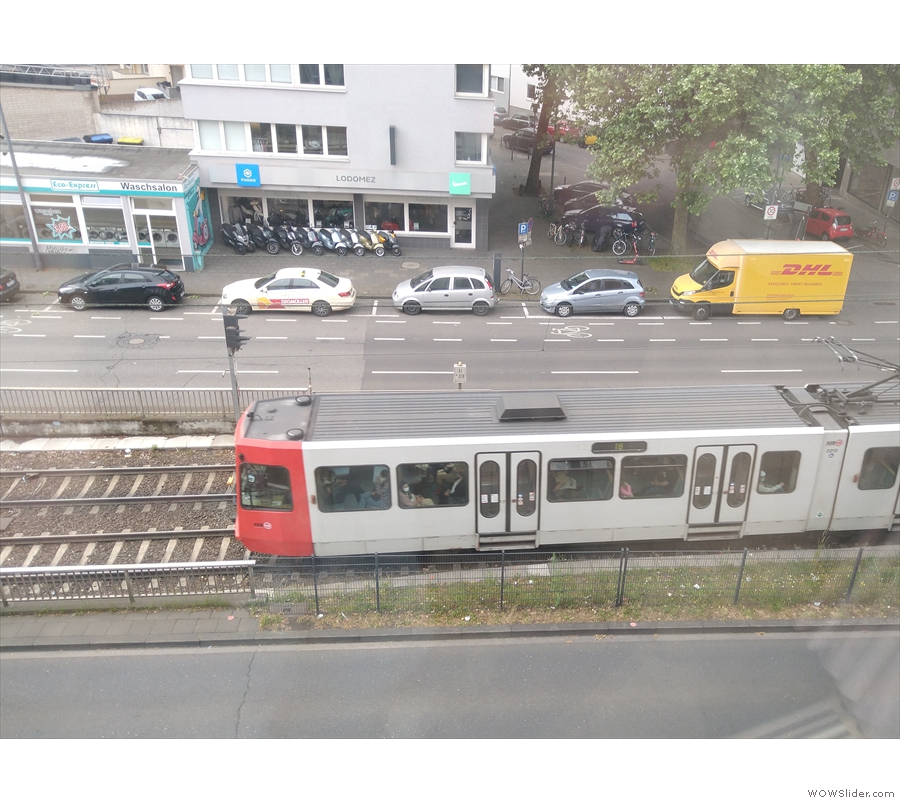
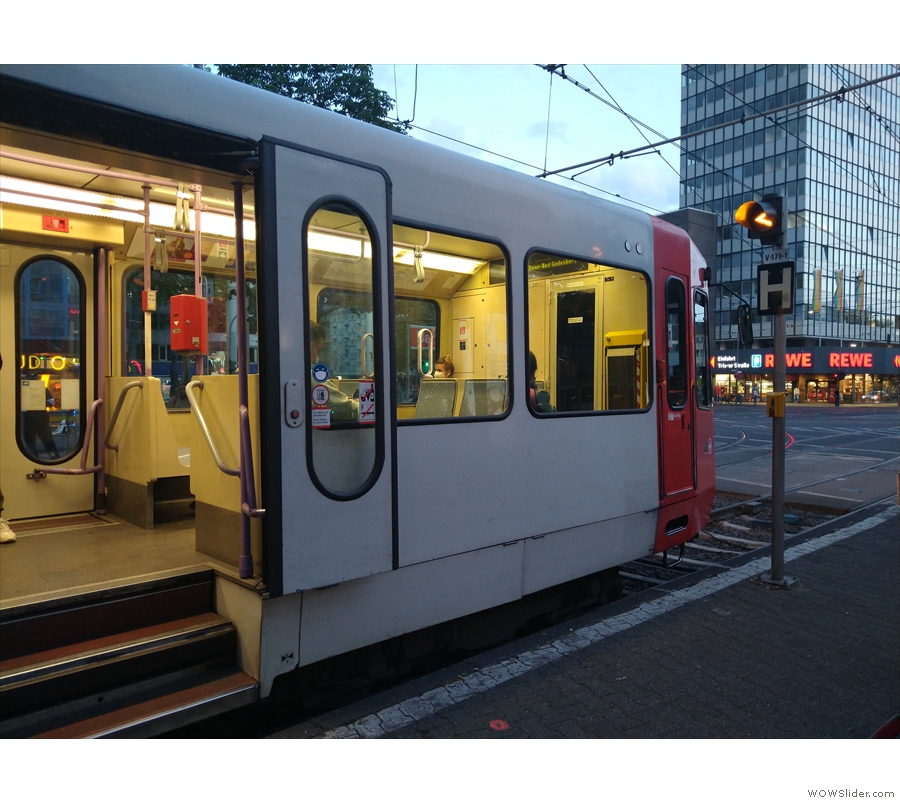
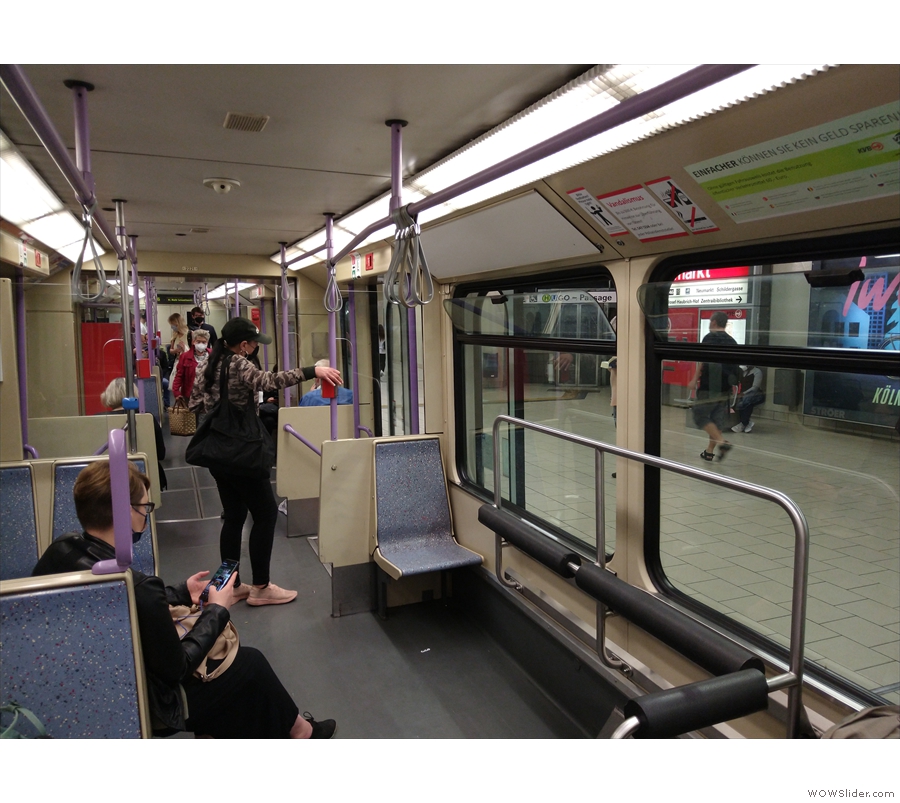
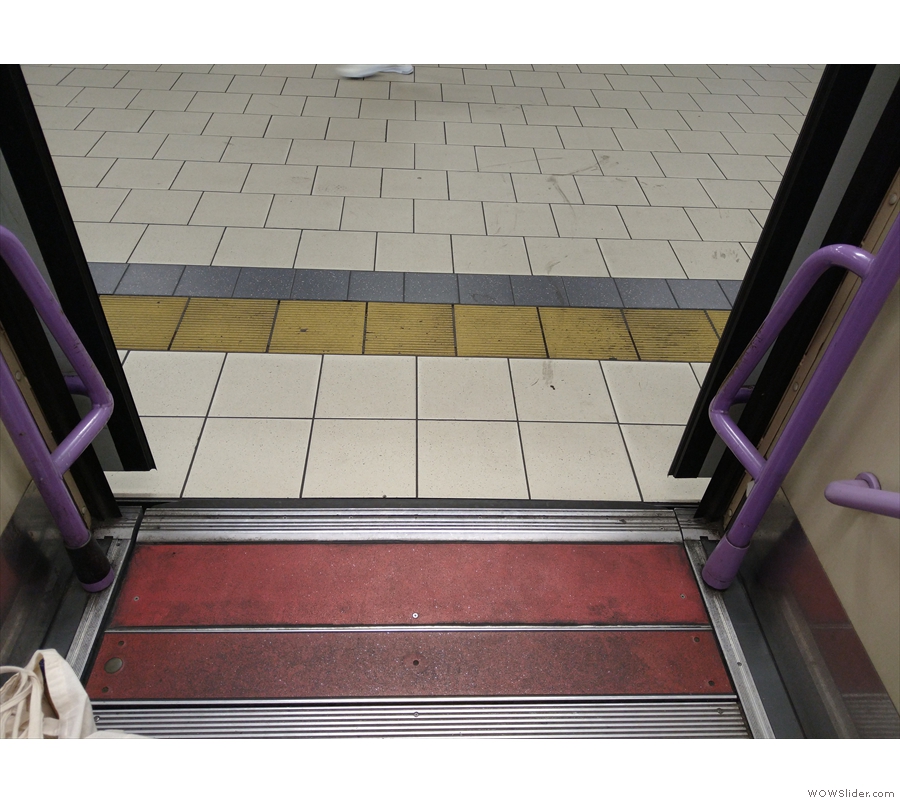
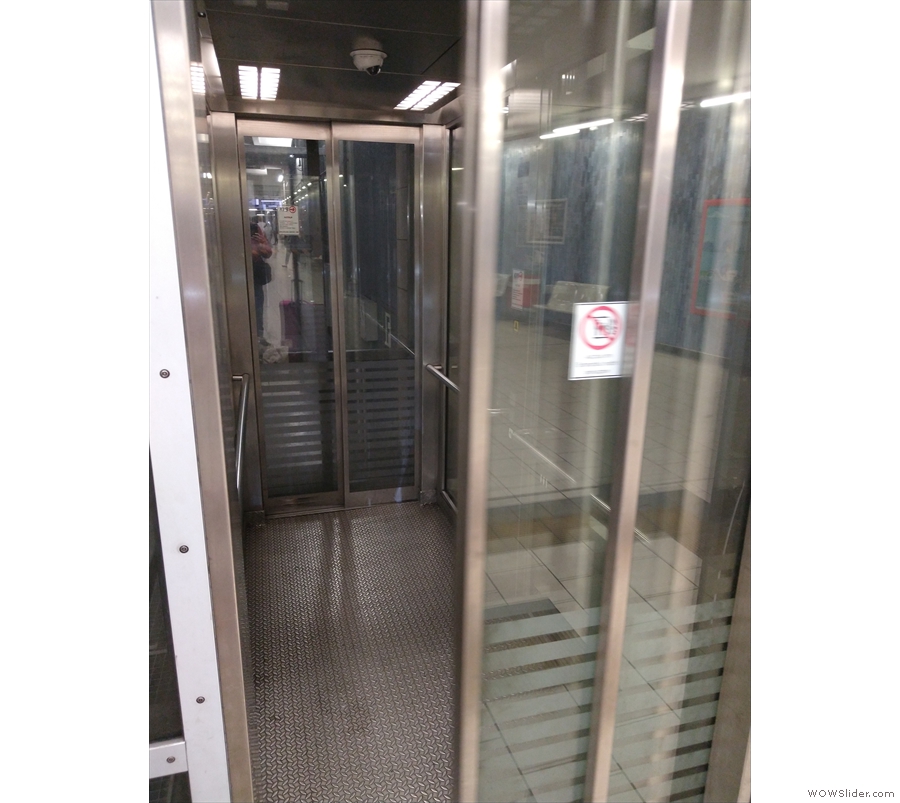
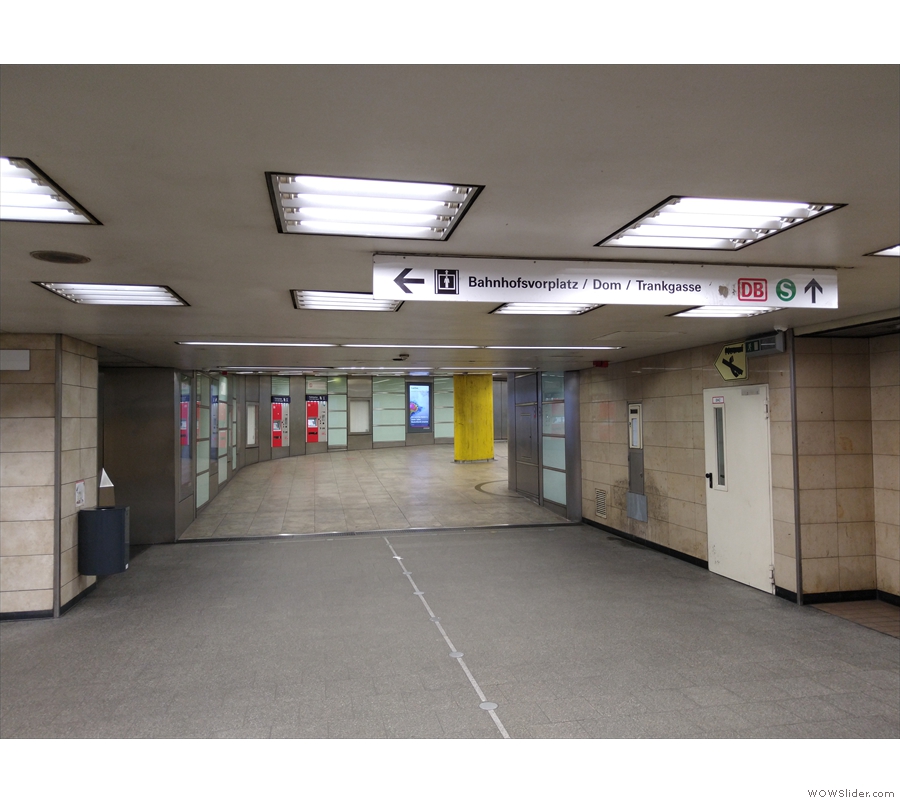
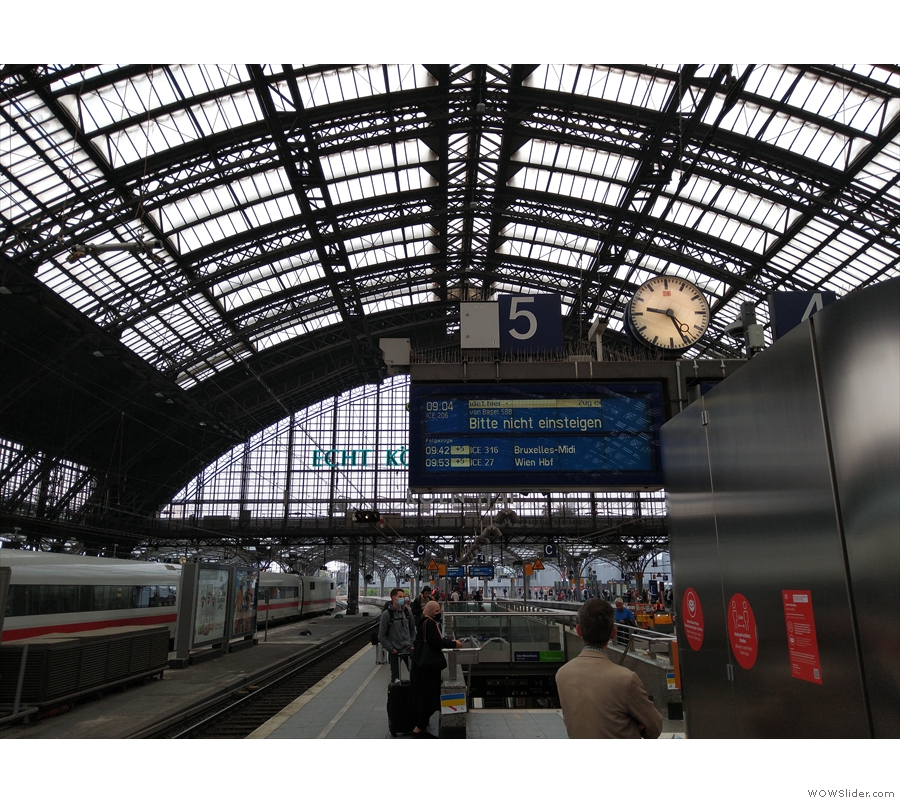
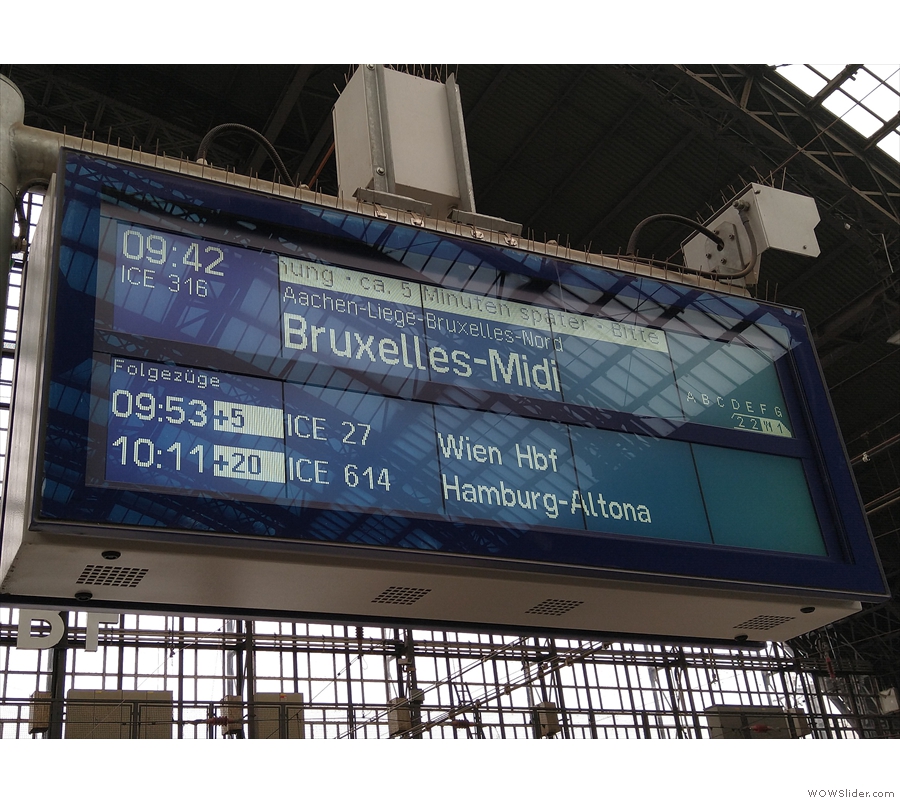
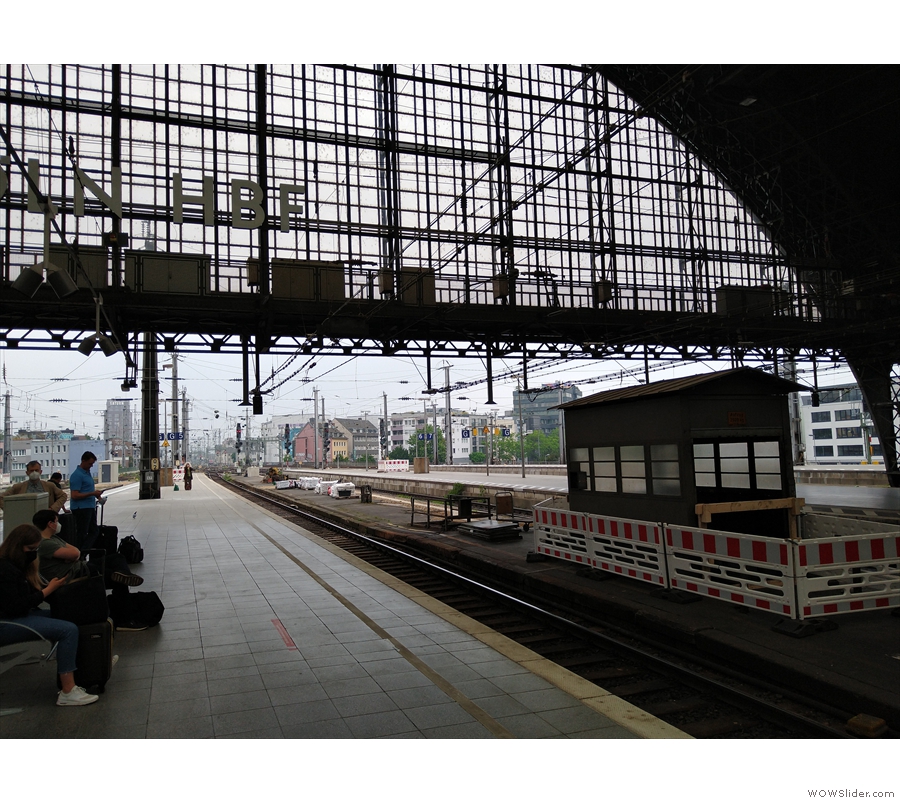
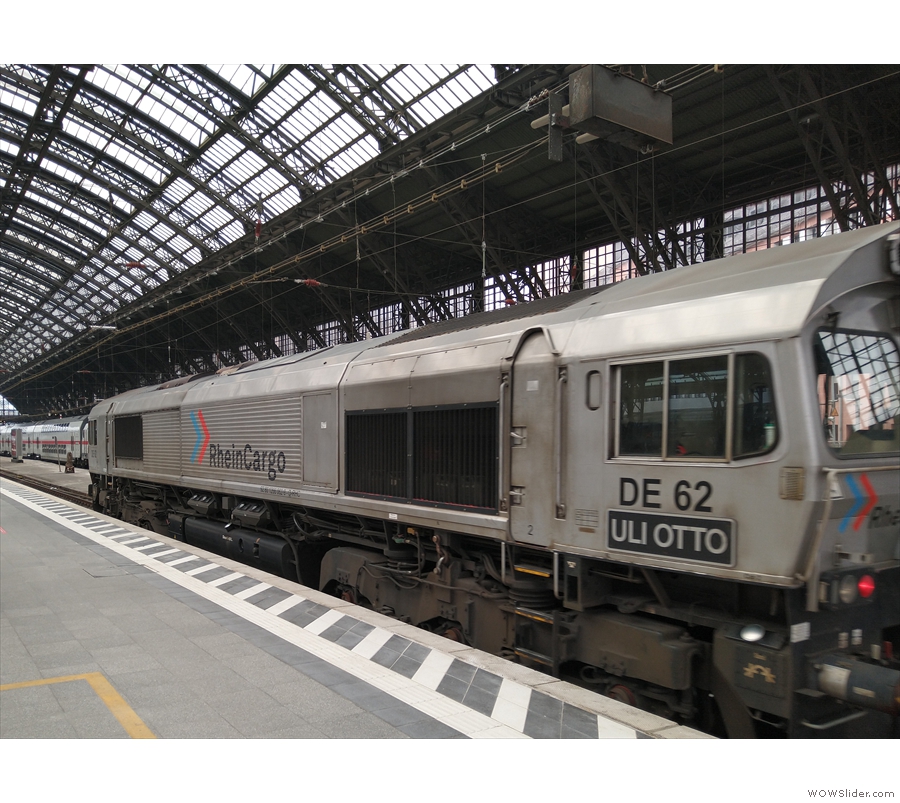
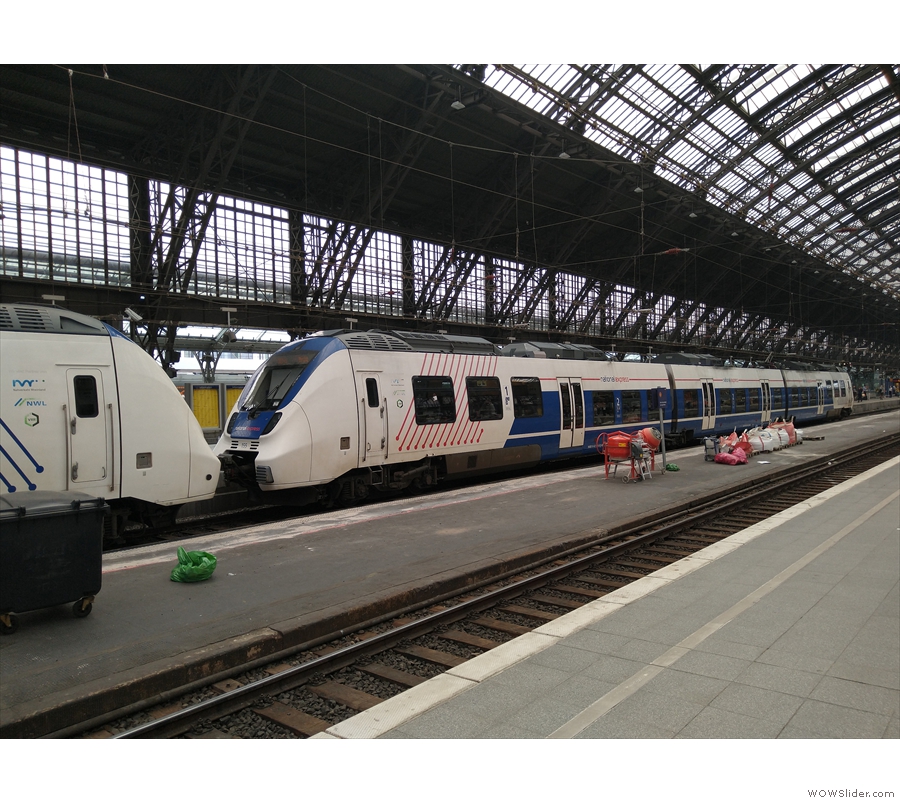
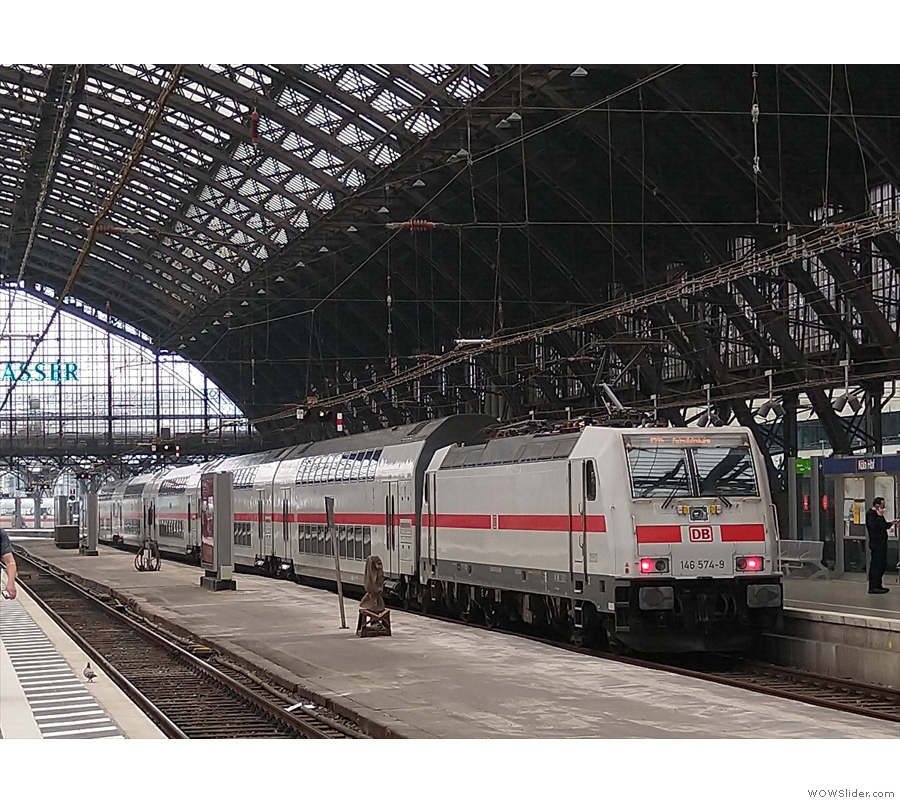
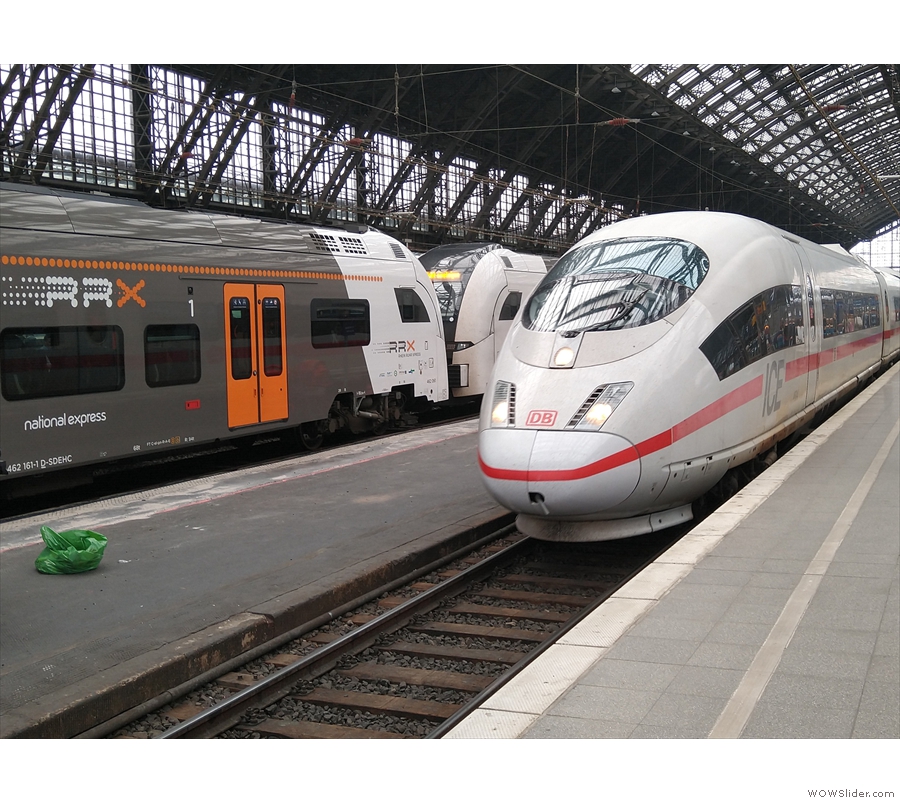
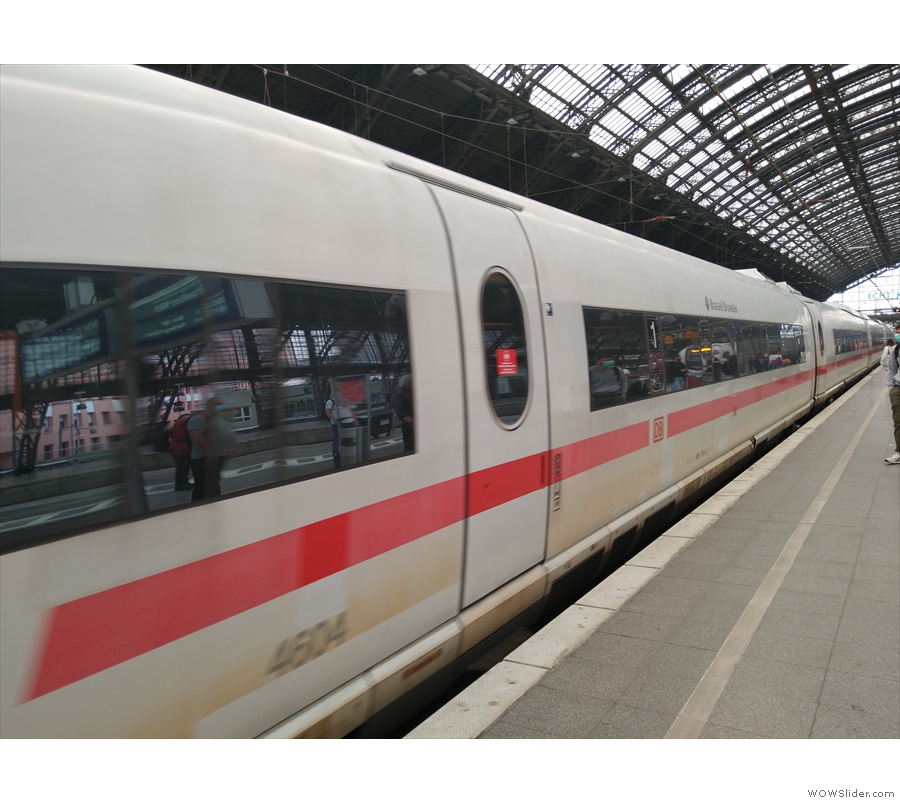
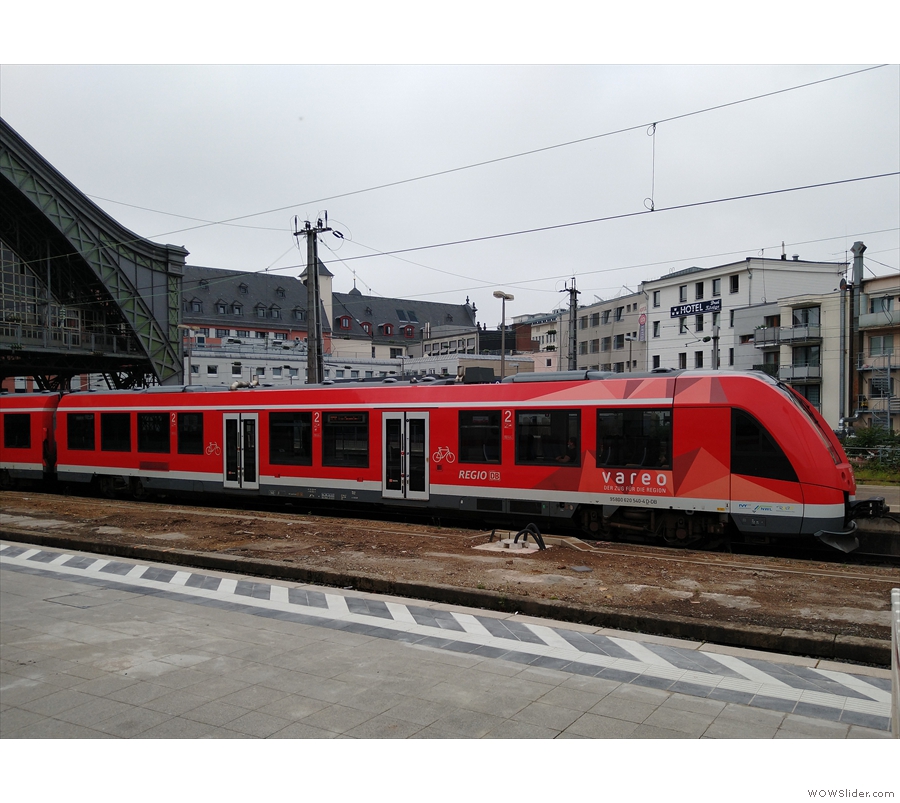
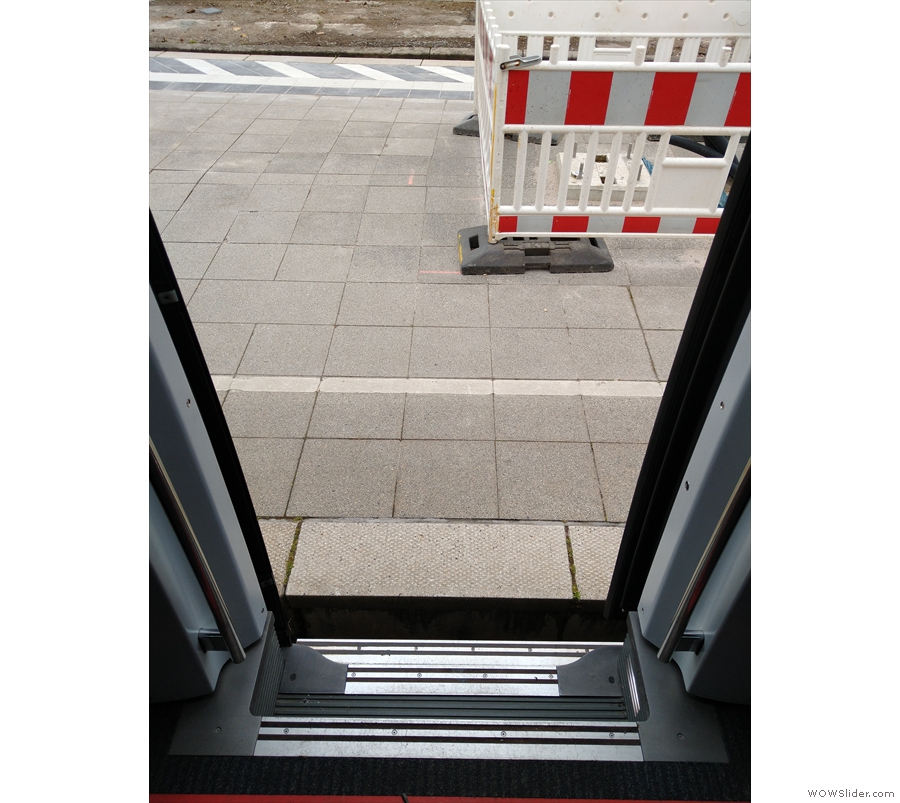
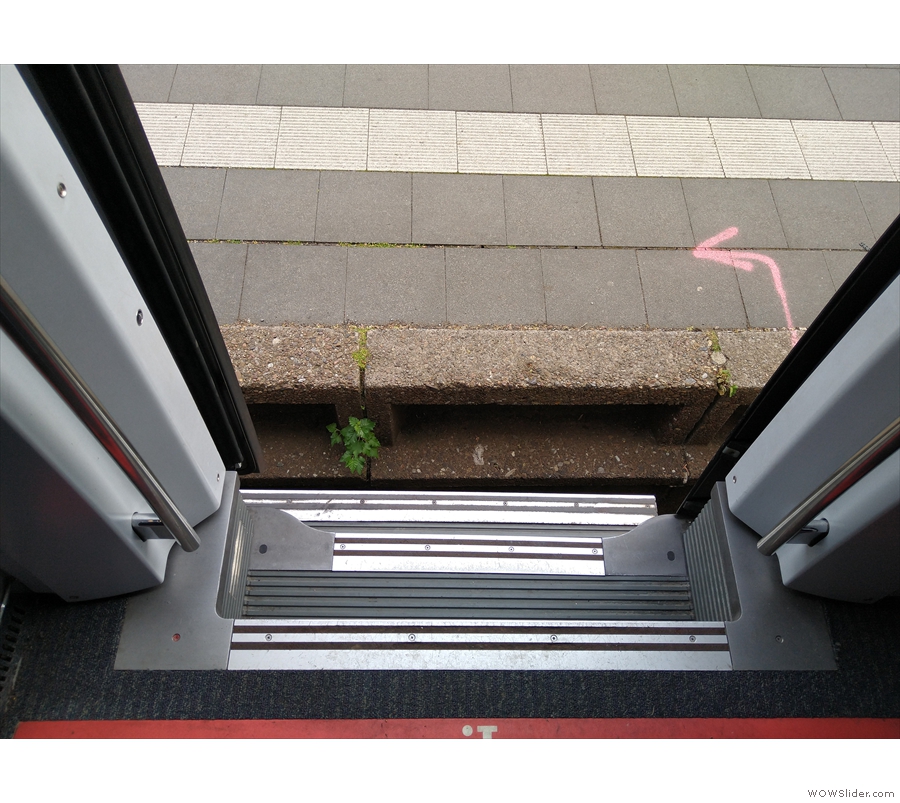
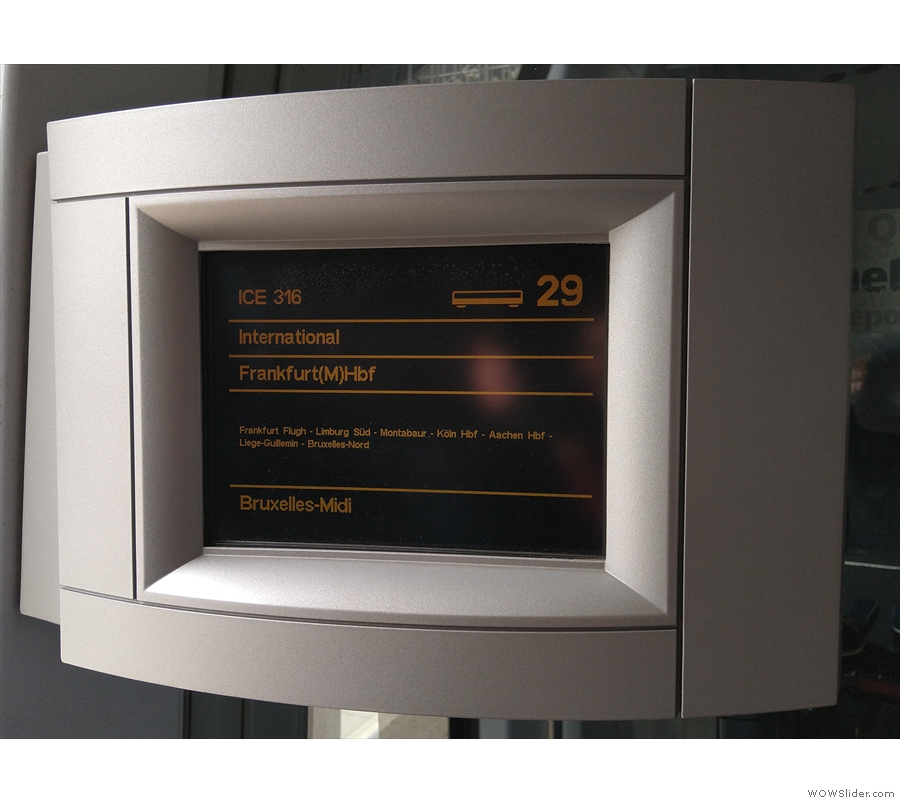
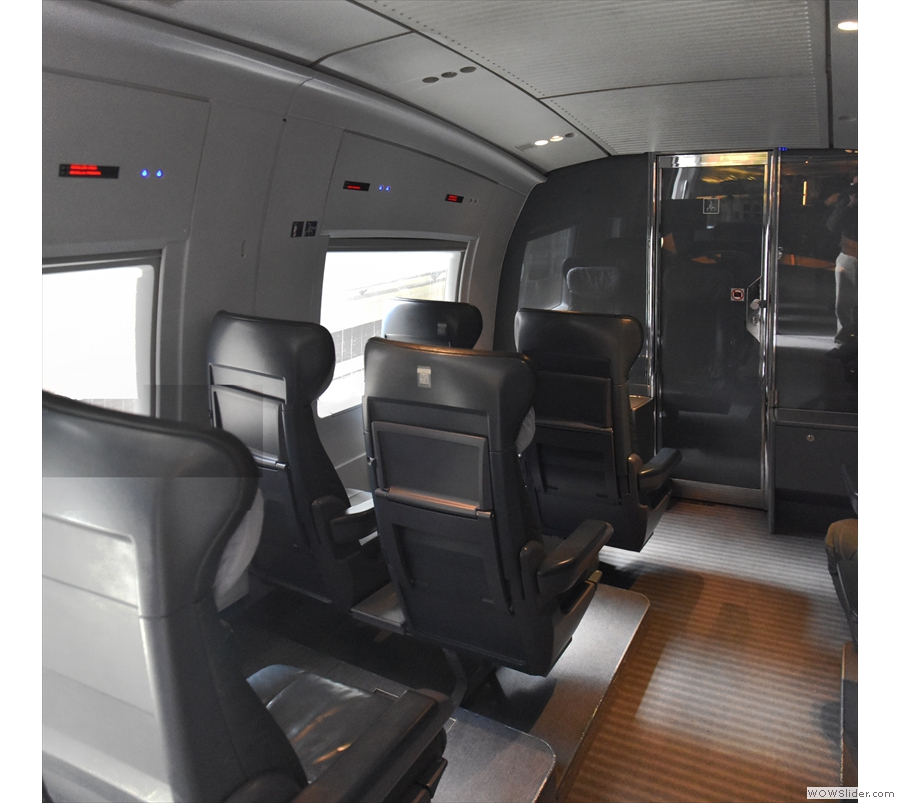
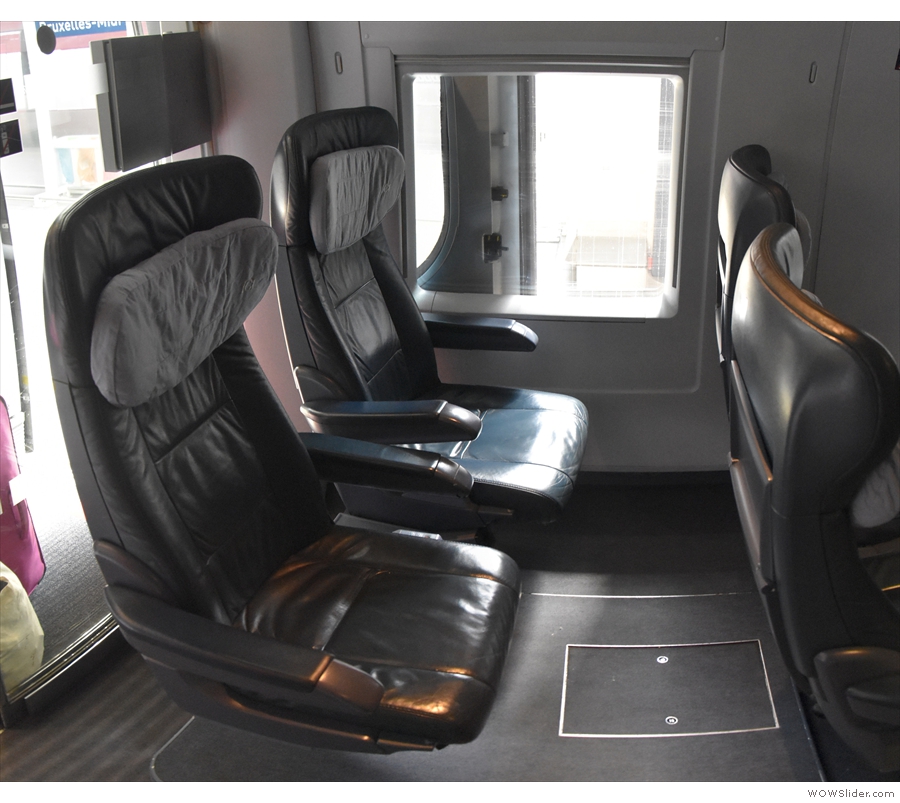
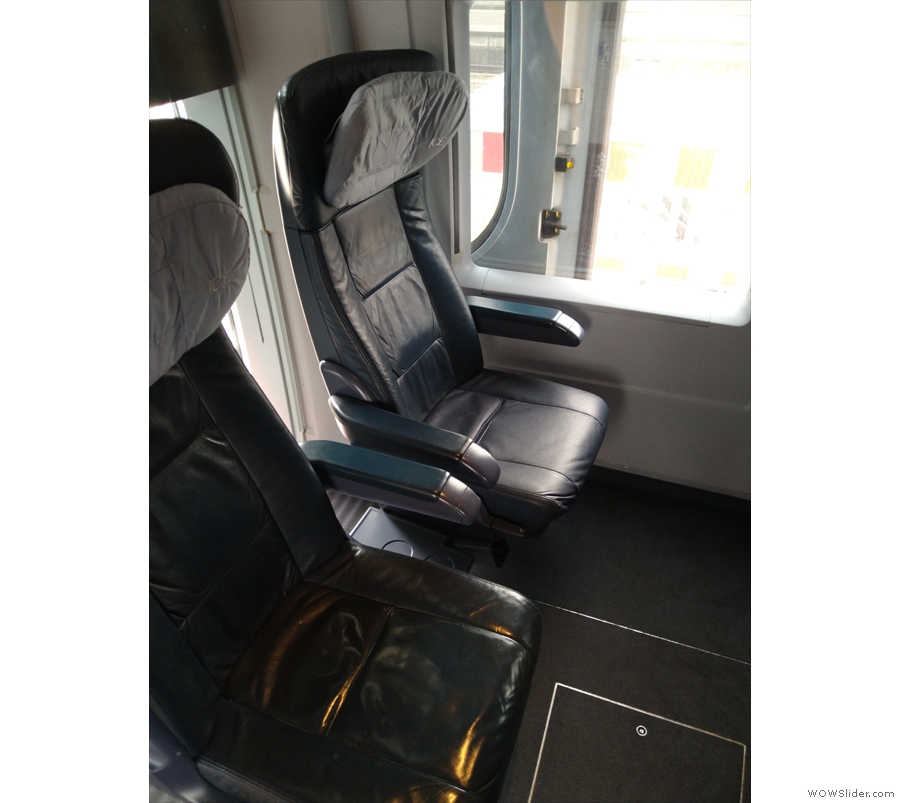
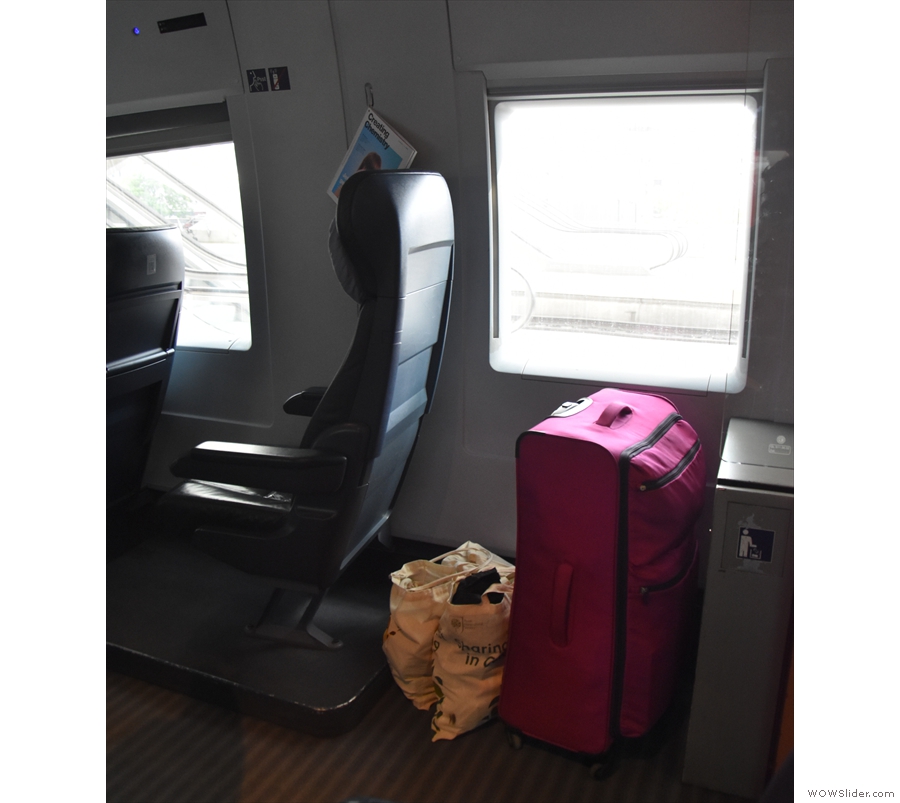
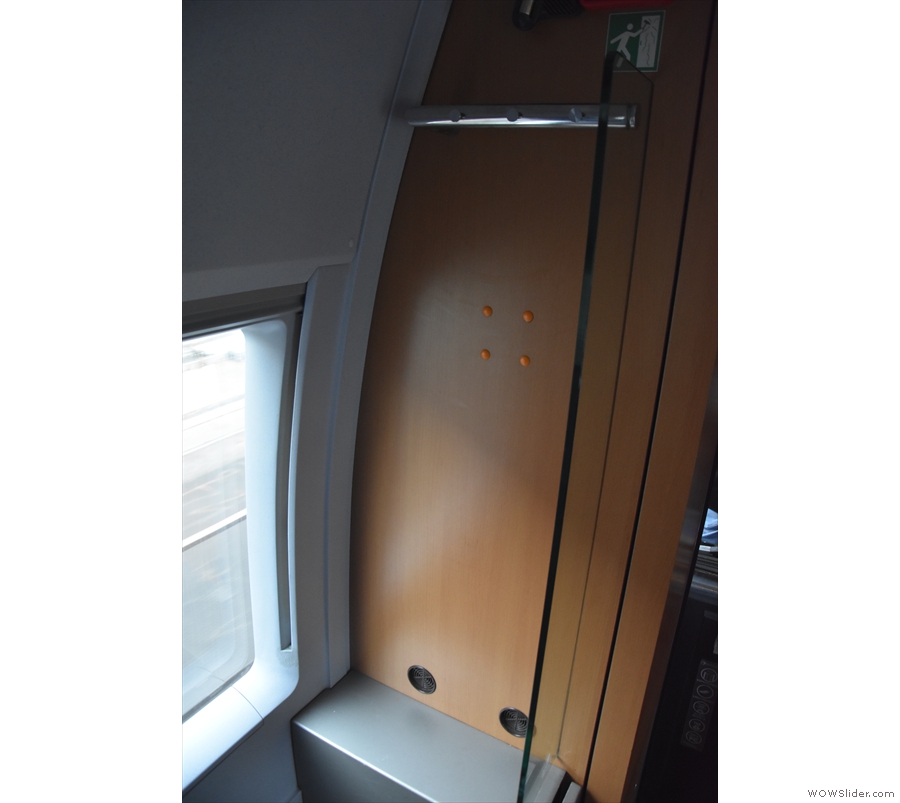
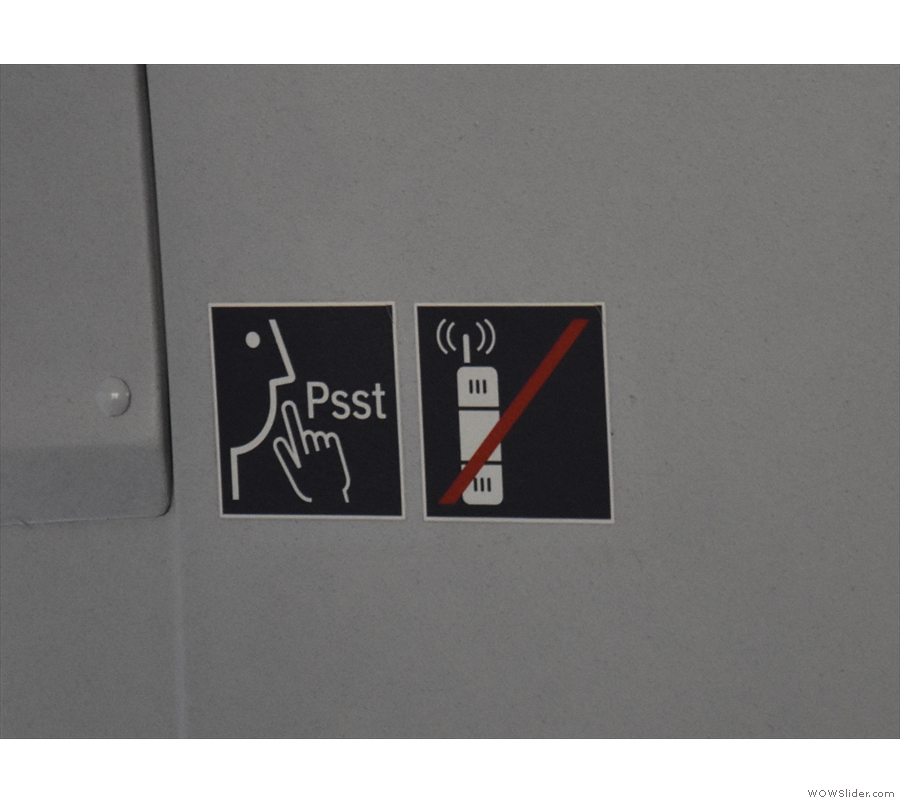
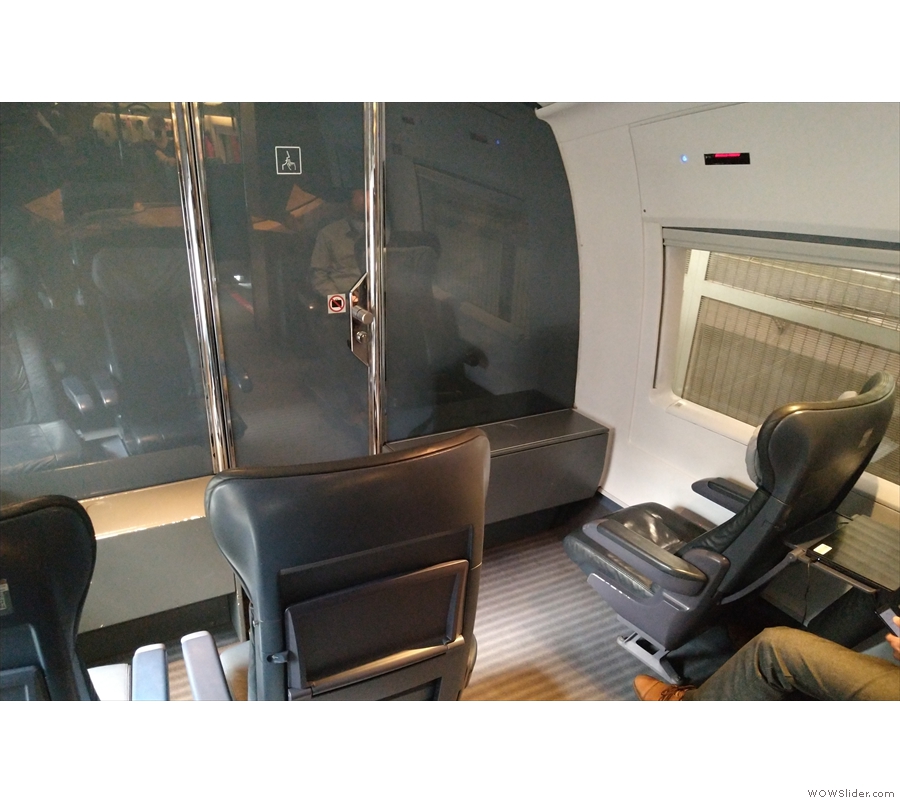
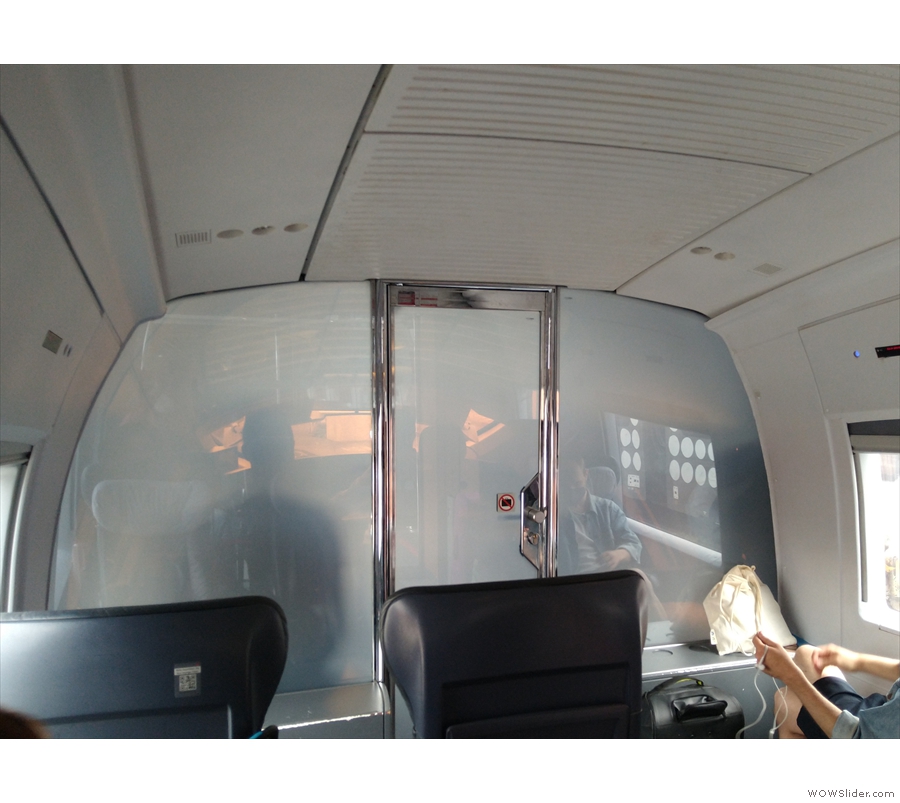
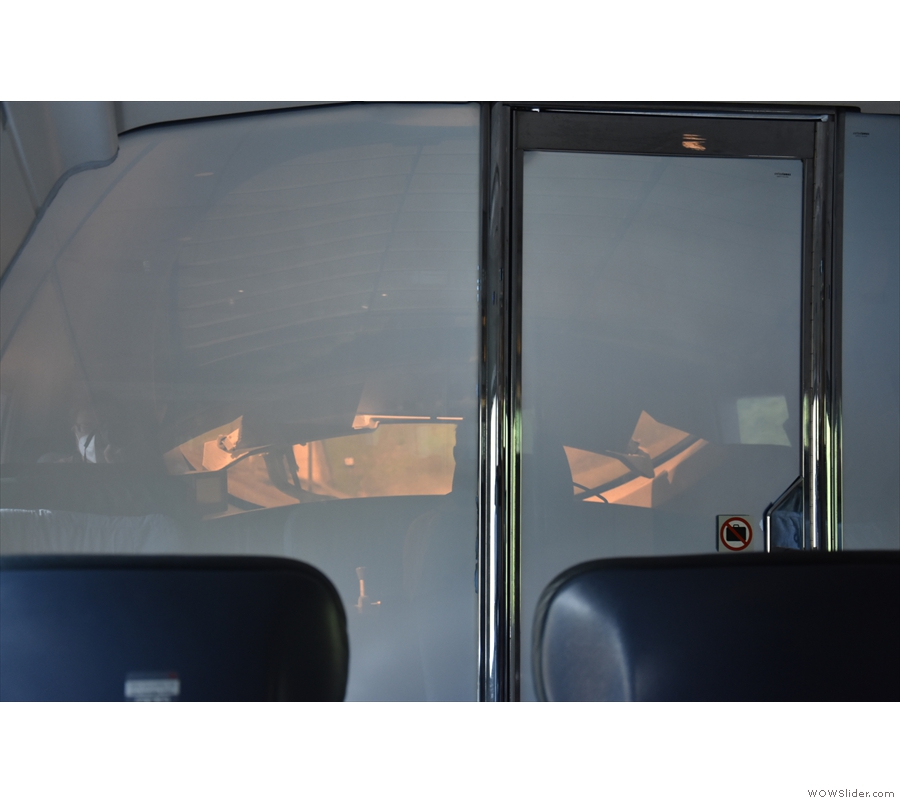
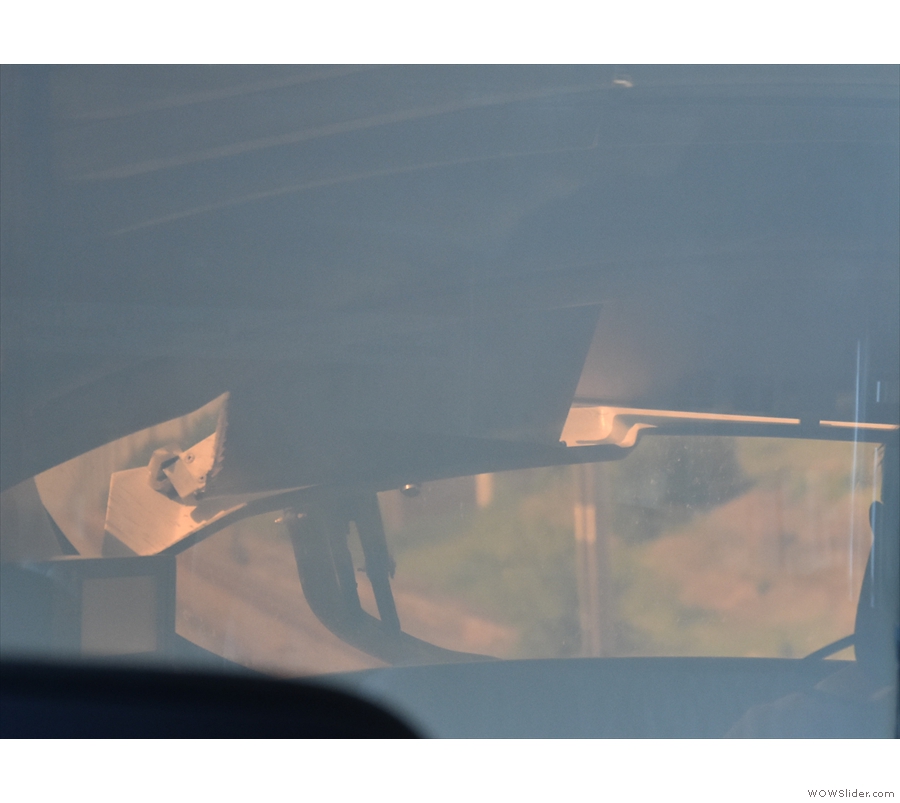
 1
1 2
2 3
3 4
4 5
5 6
6 7
7 8
8 9
9 10
10 11
11 12
12 13
13 14
14 15
15 16
16 17
17 18
18 19
19 20
20 21
21 22
22 23
23 24
24 25
25 26
26 27
27 28
28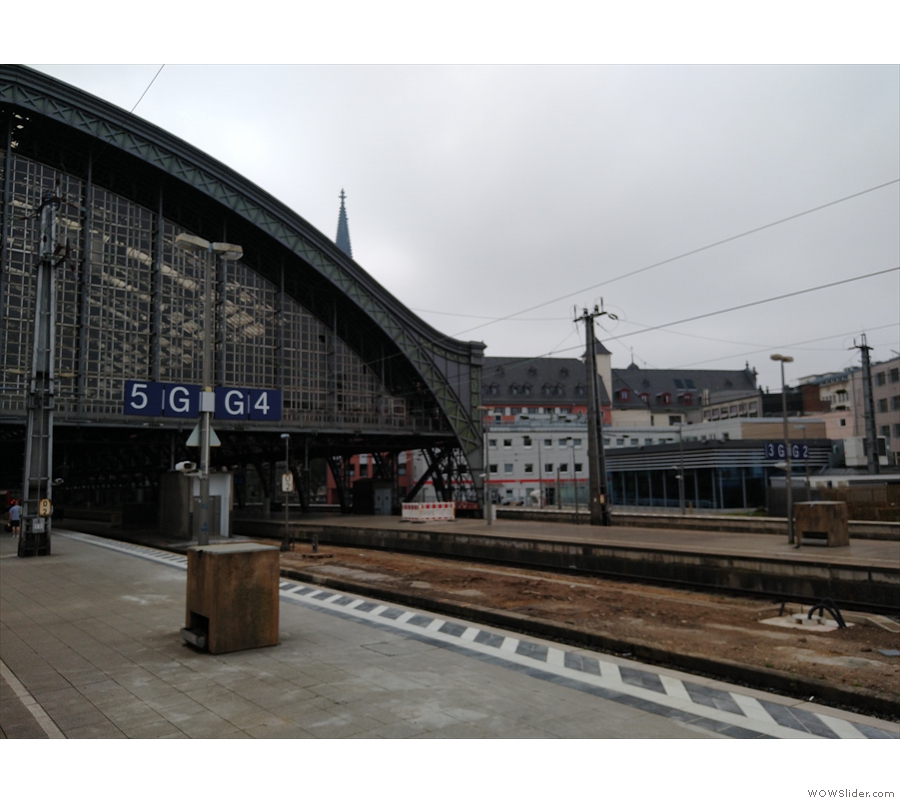
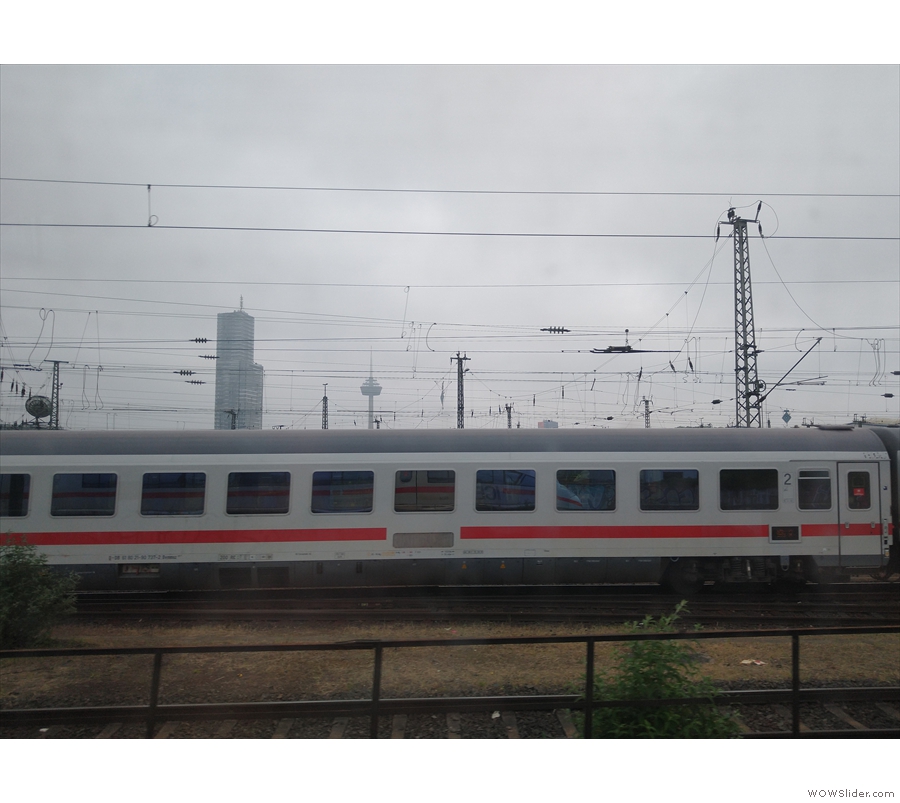
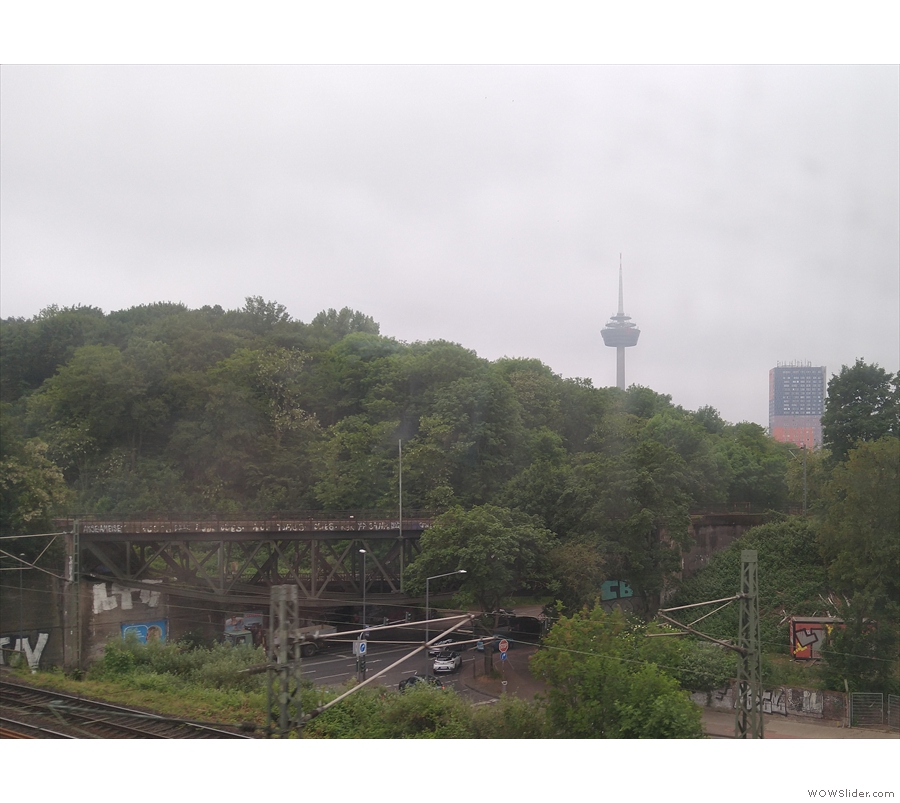
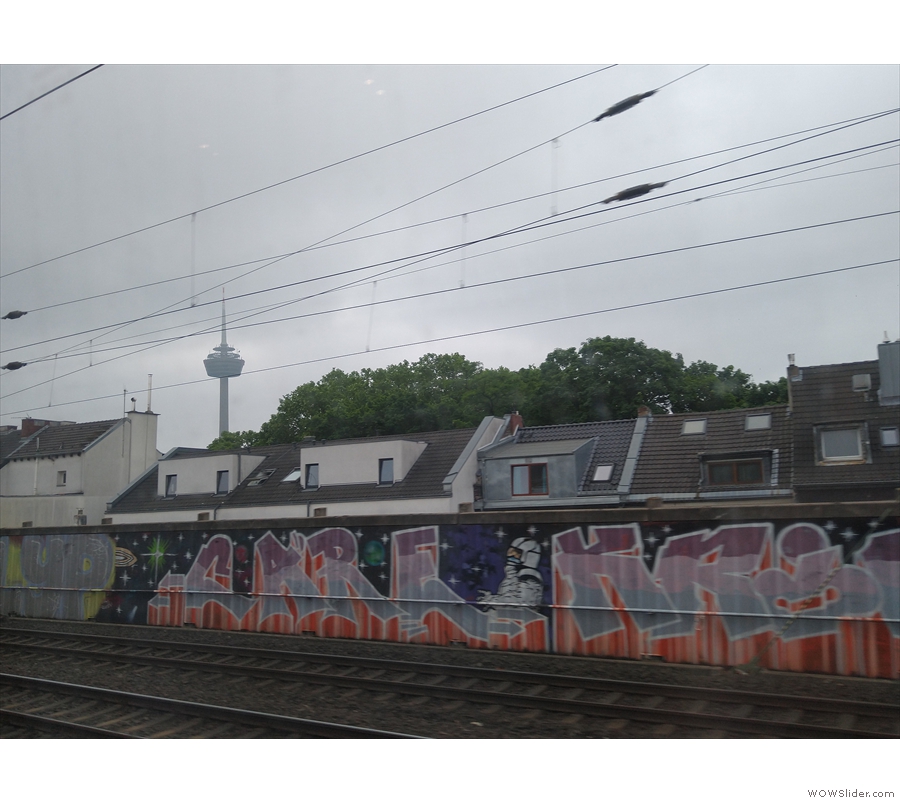
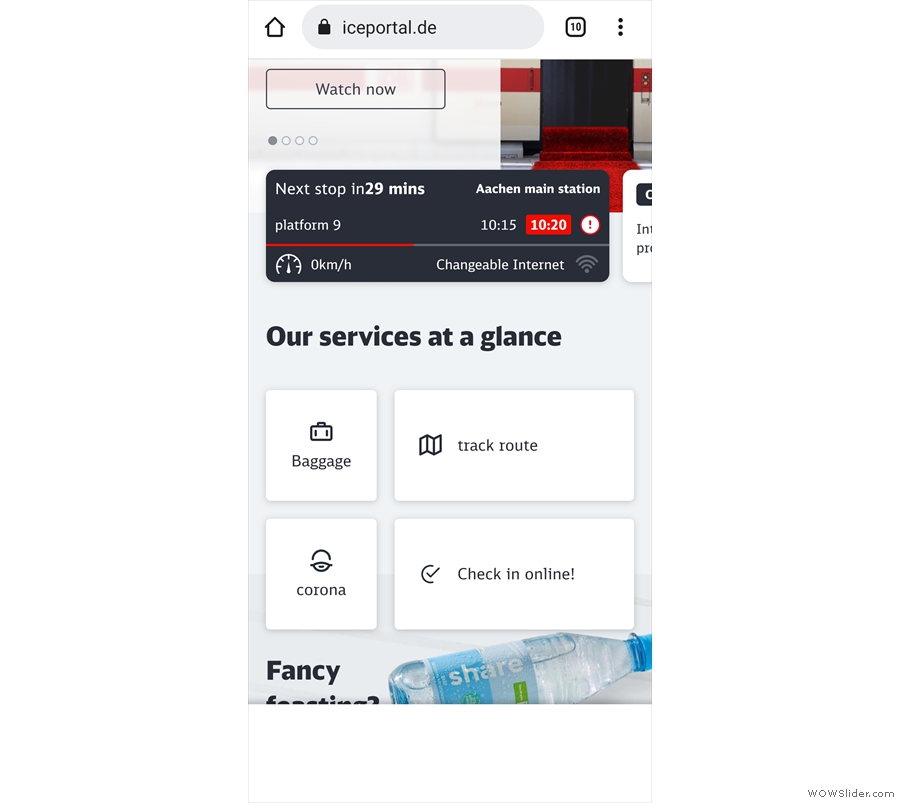
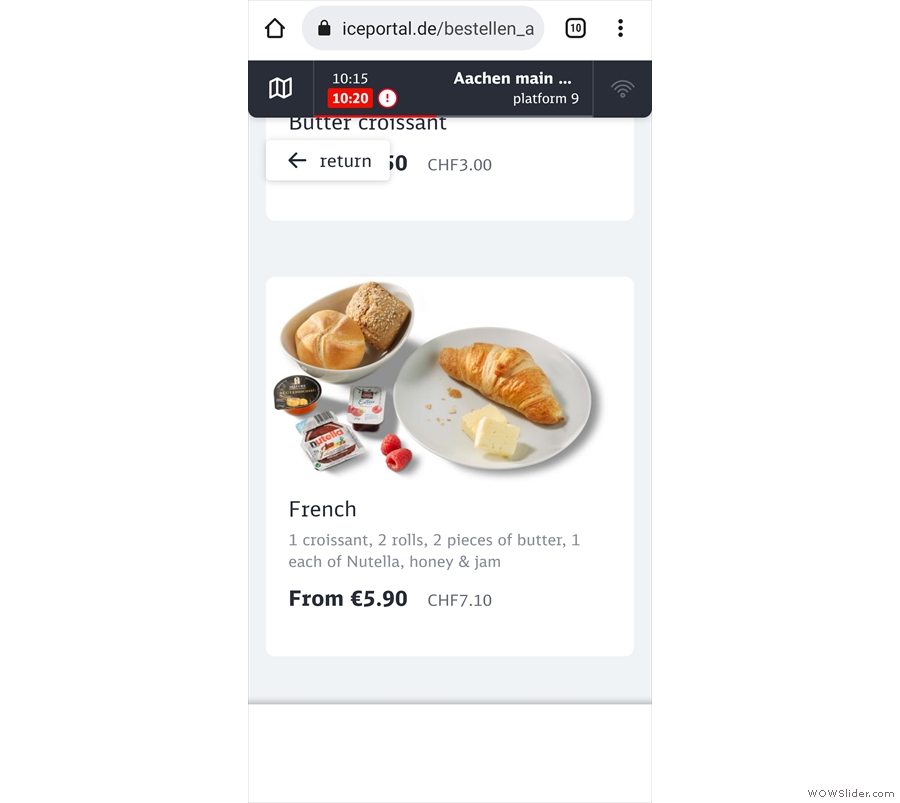
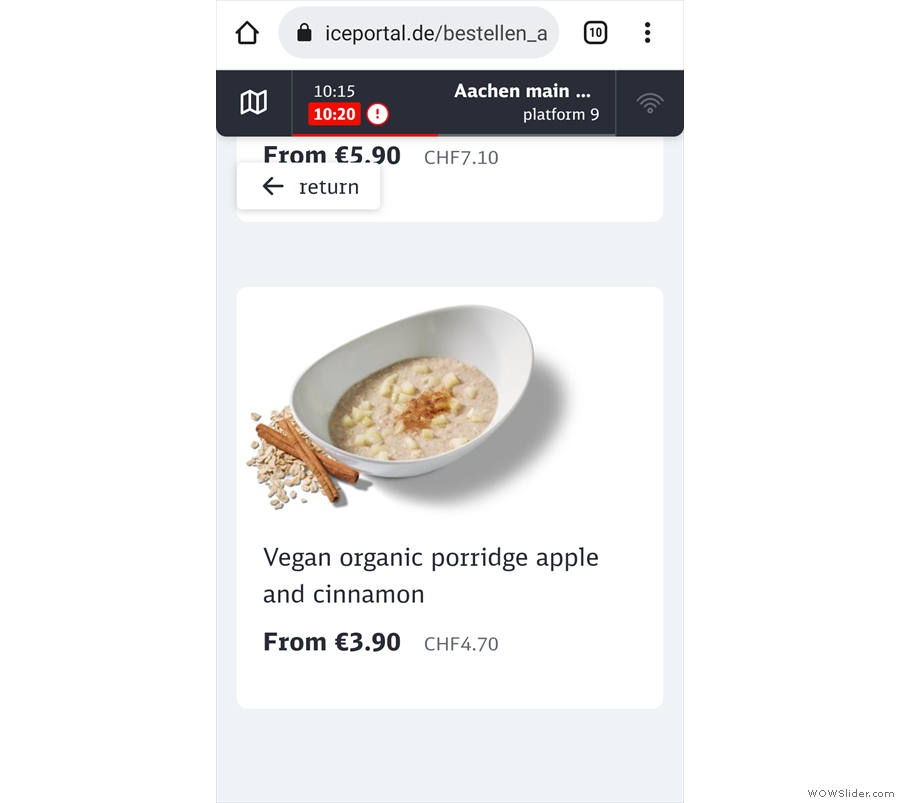
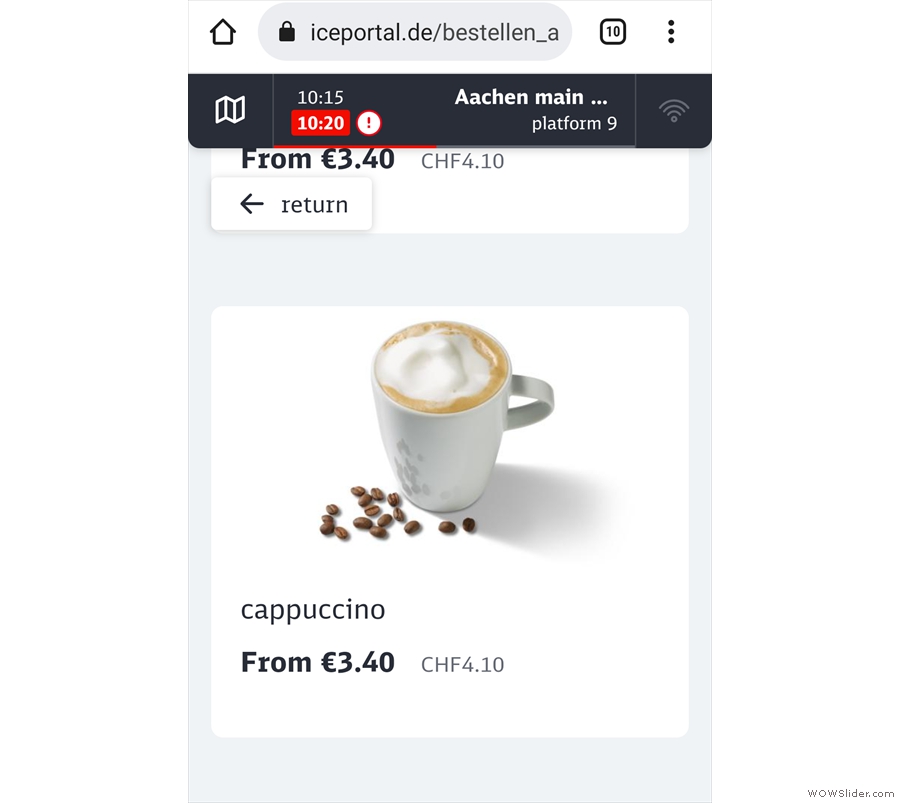
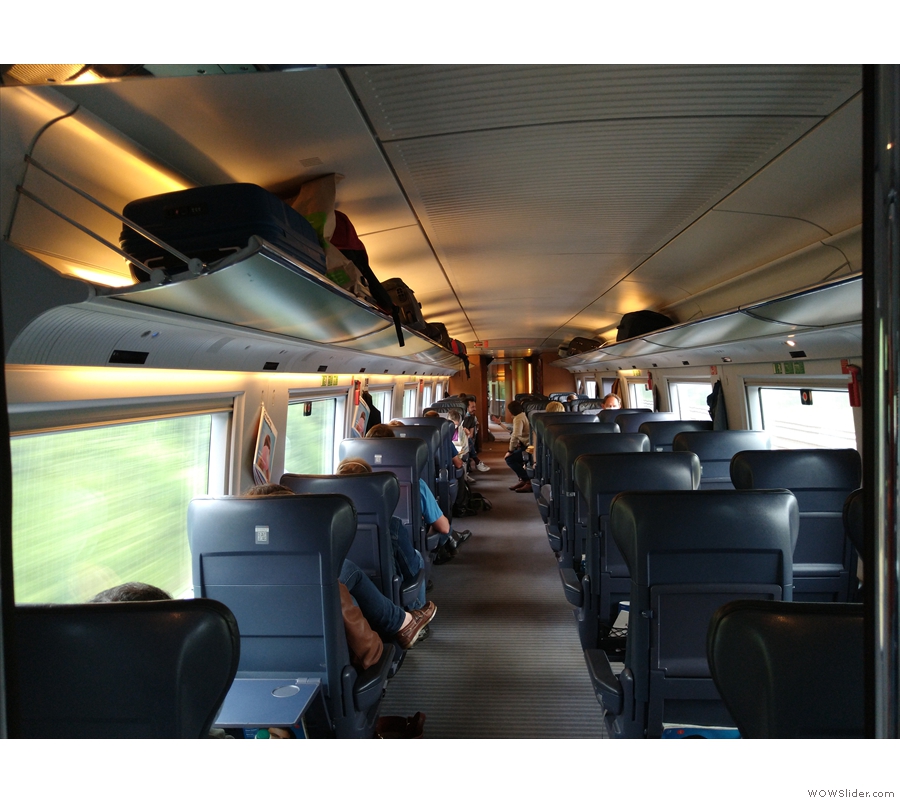
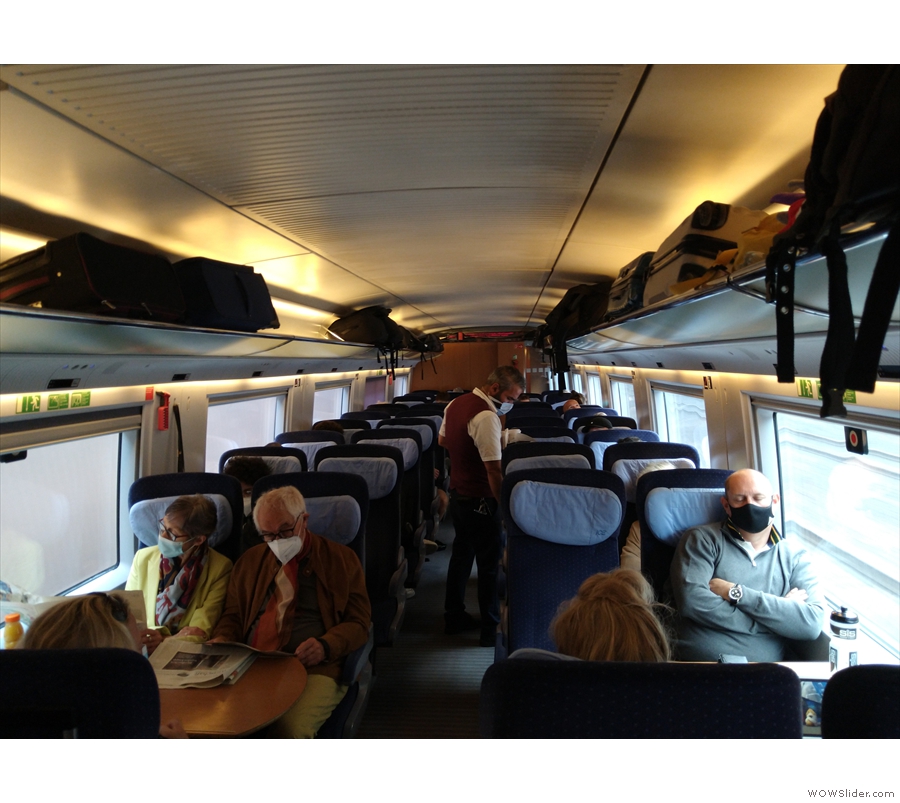
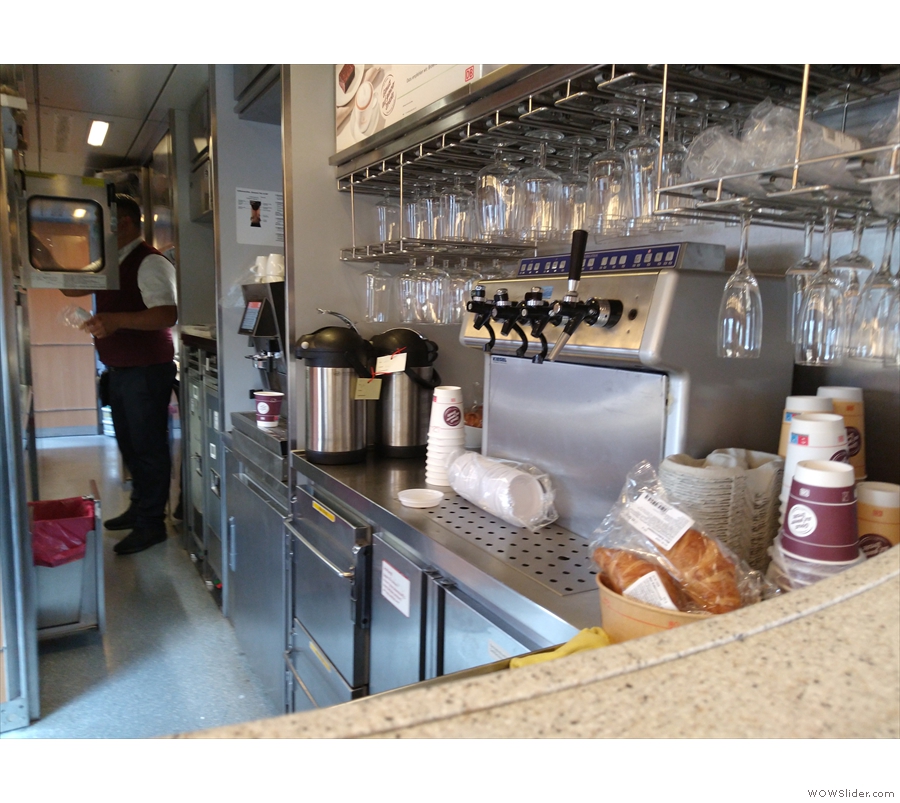
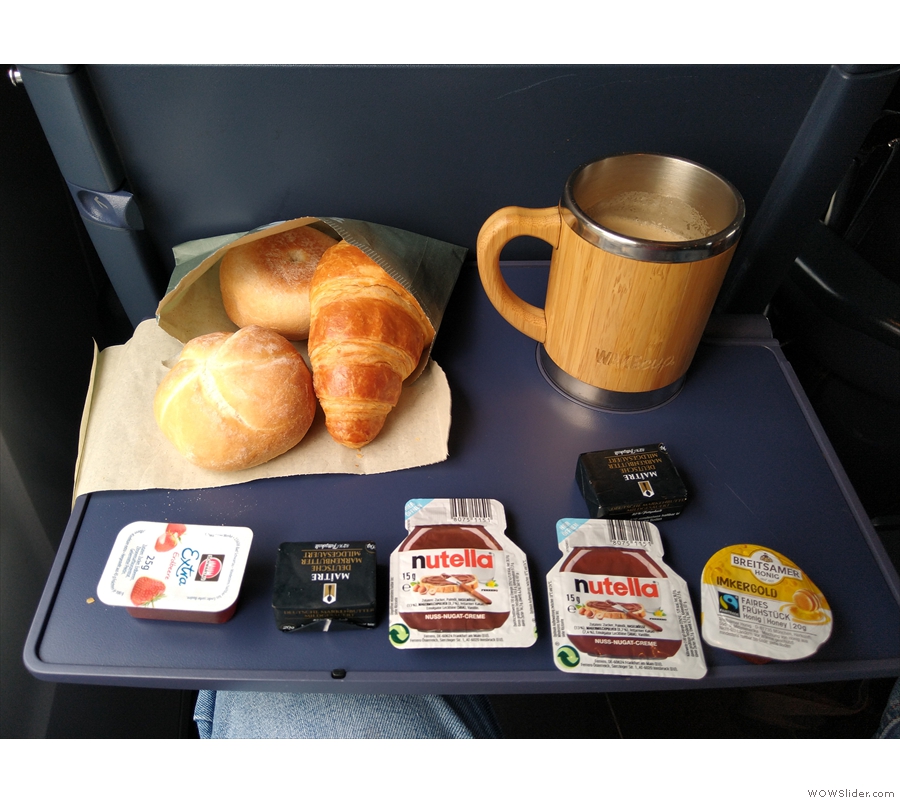
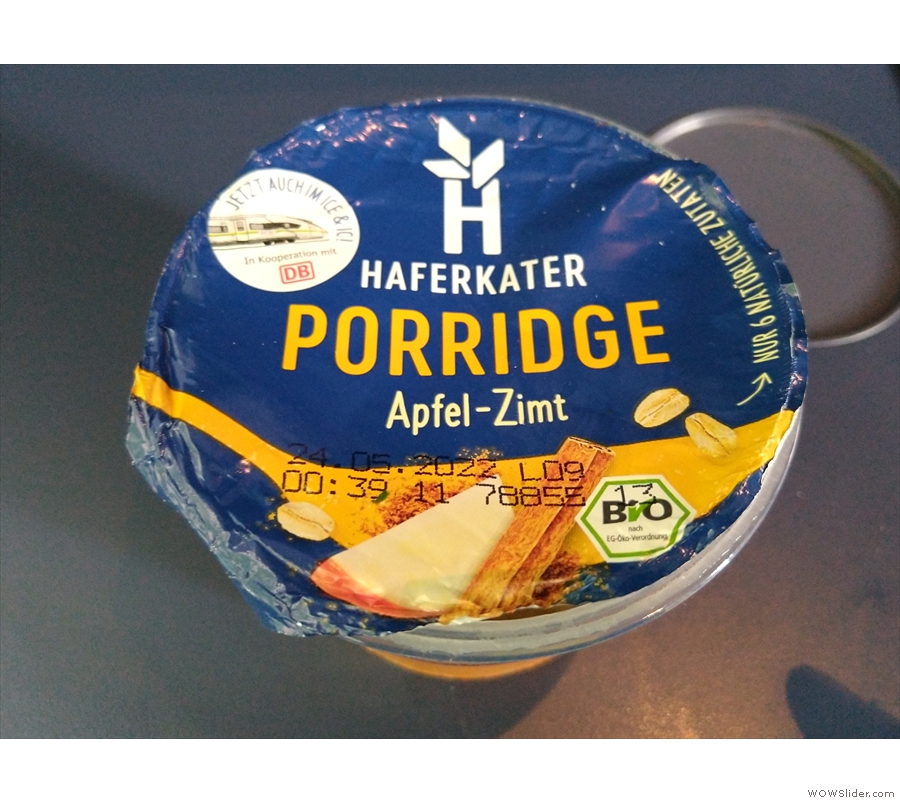
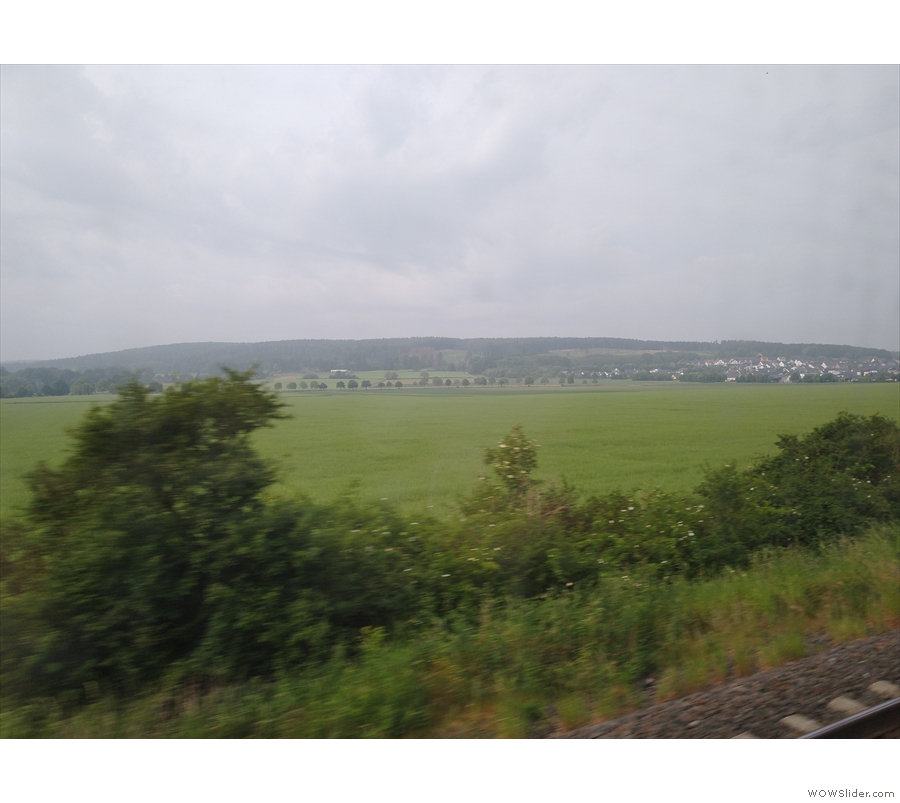
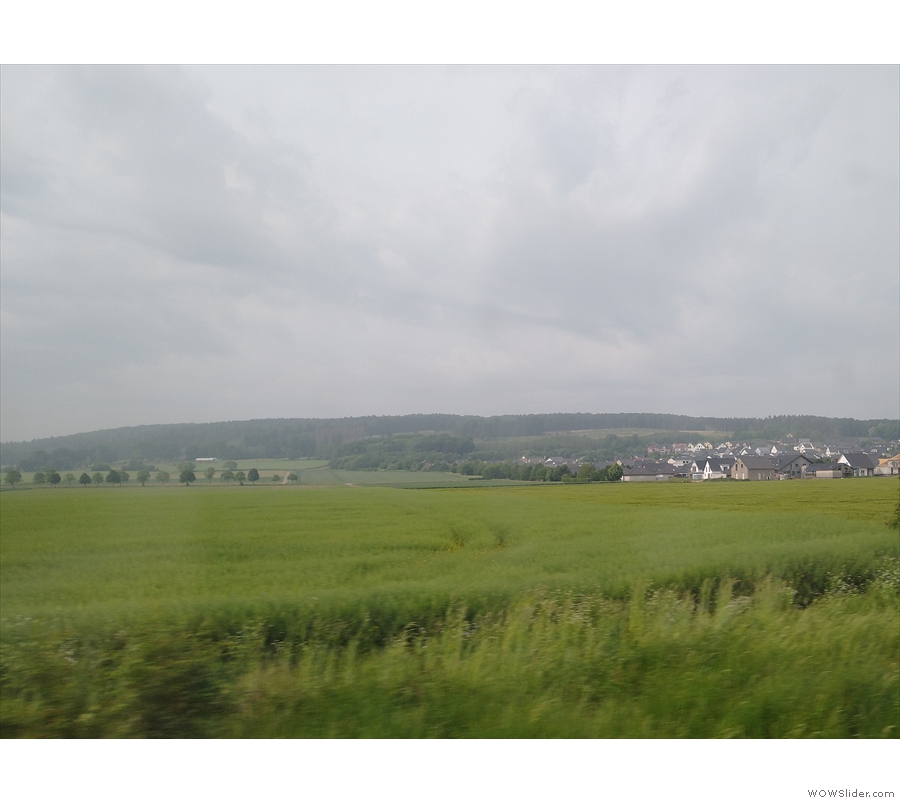
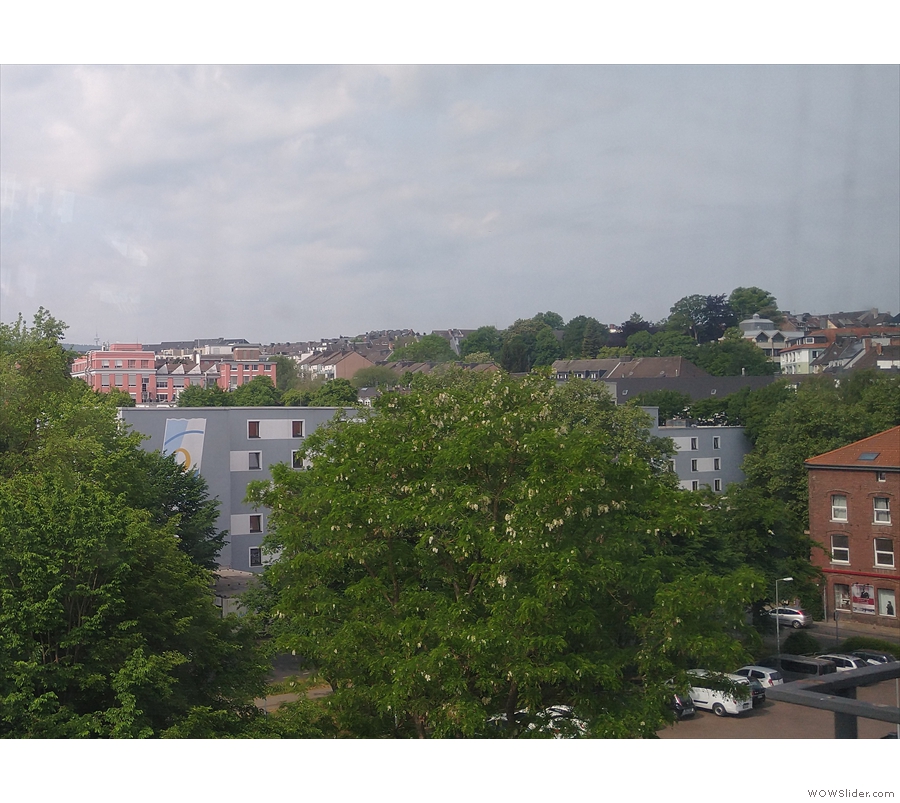
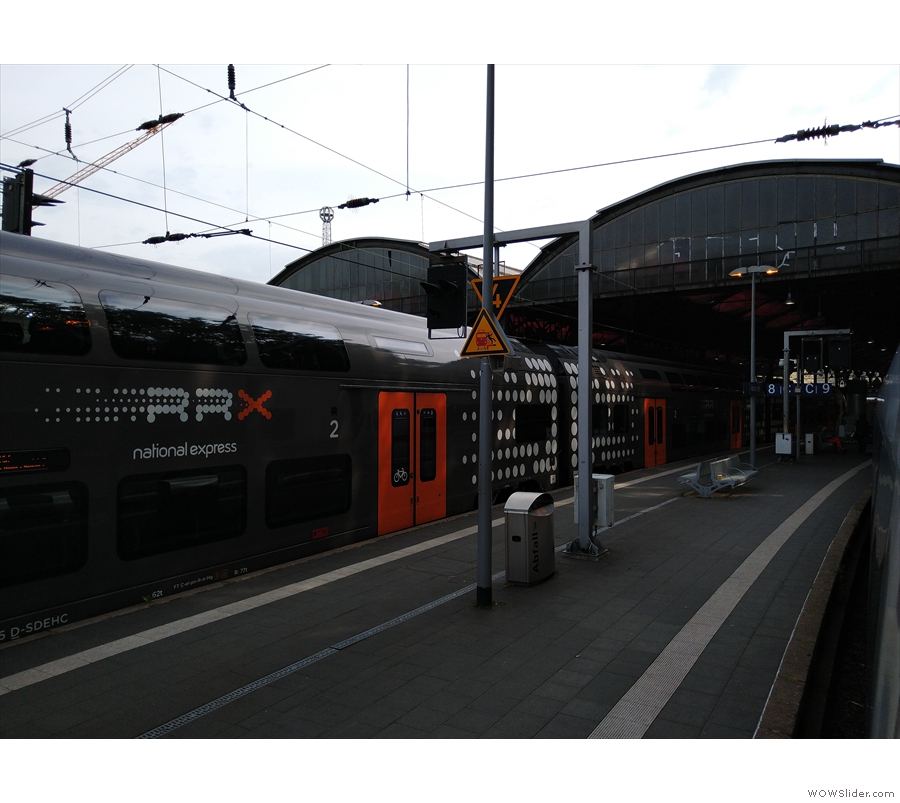
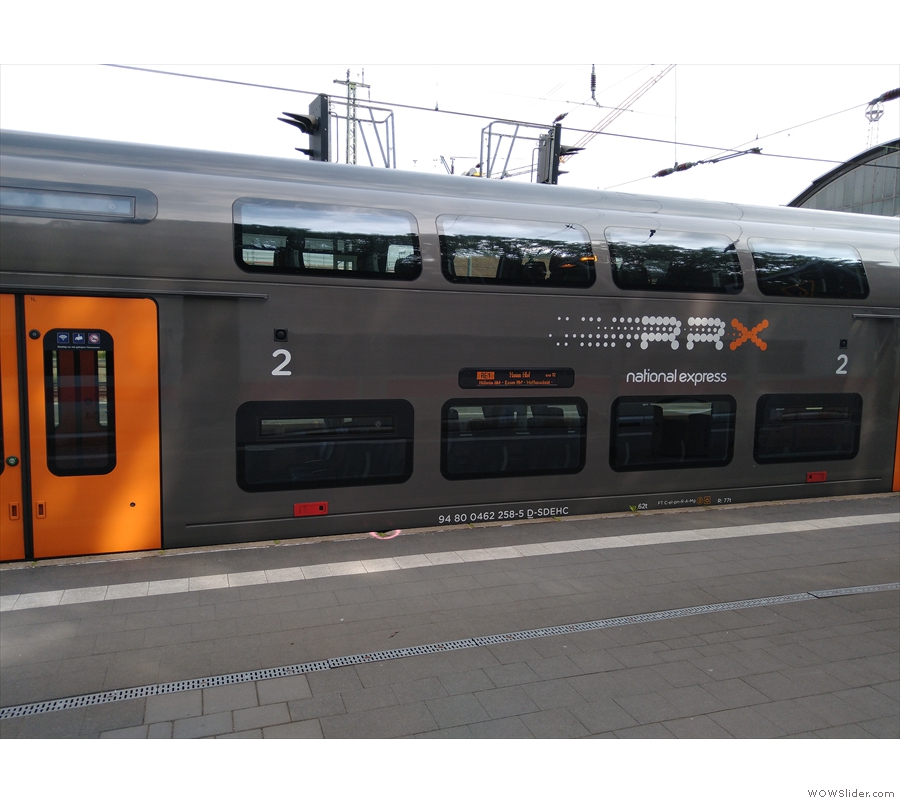
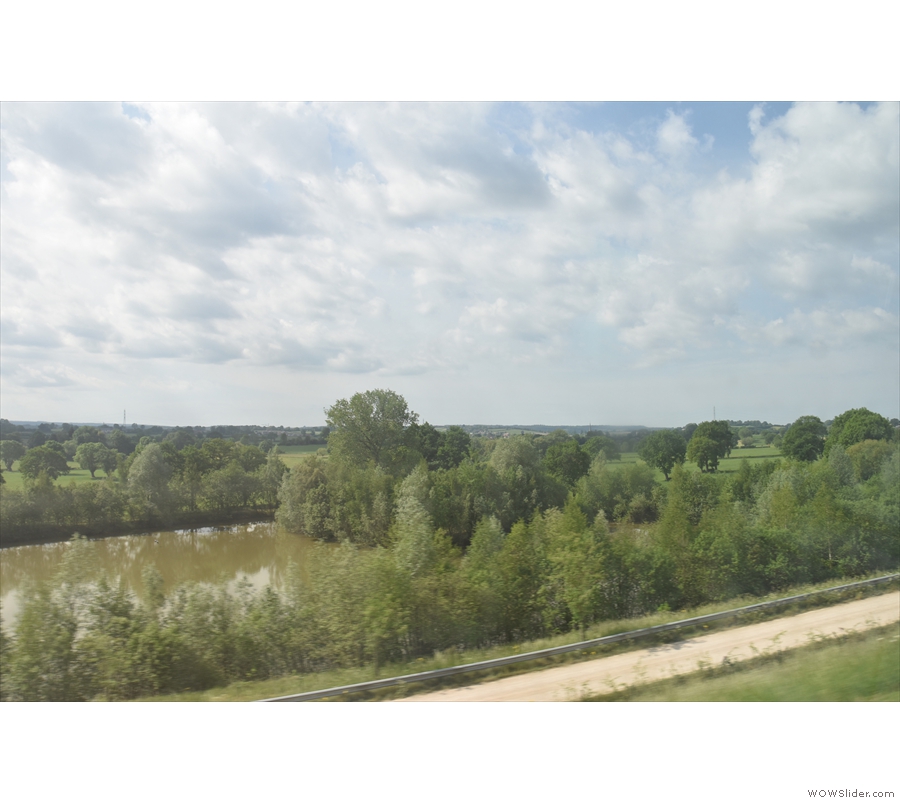
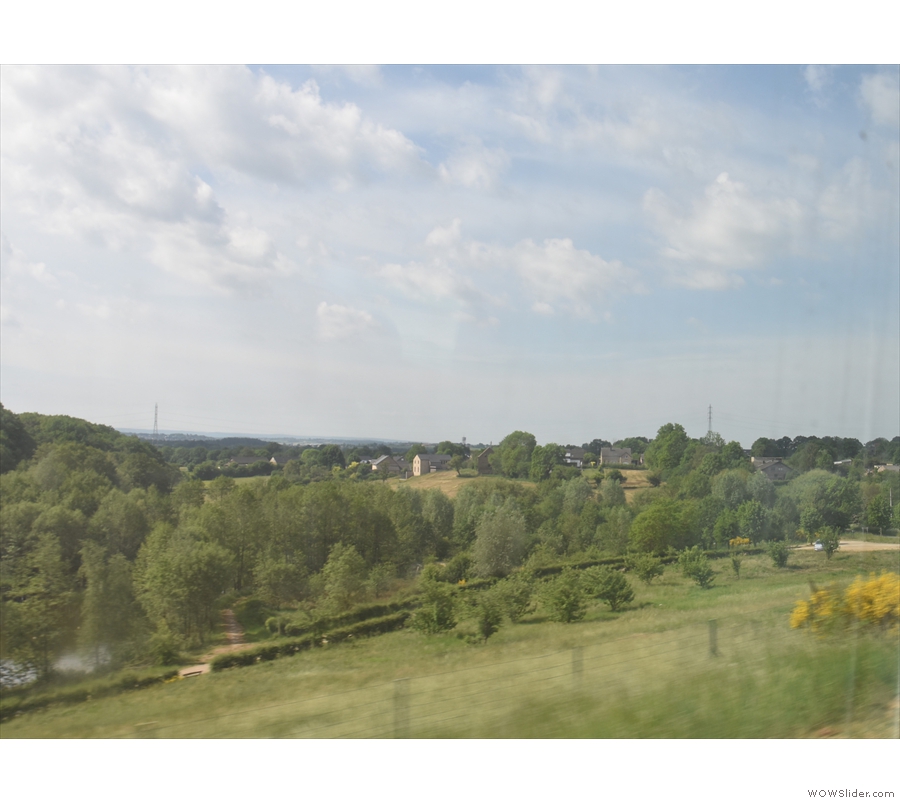
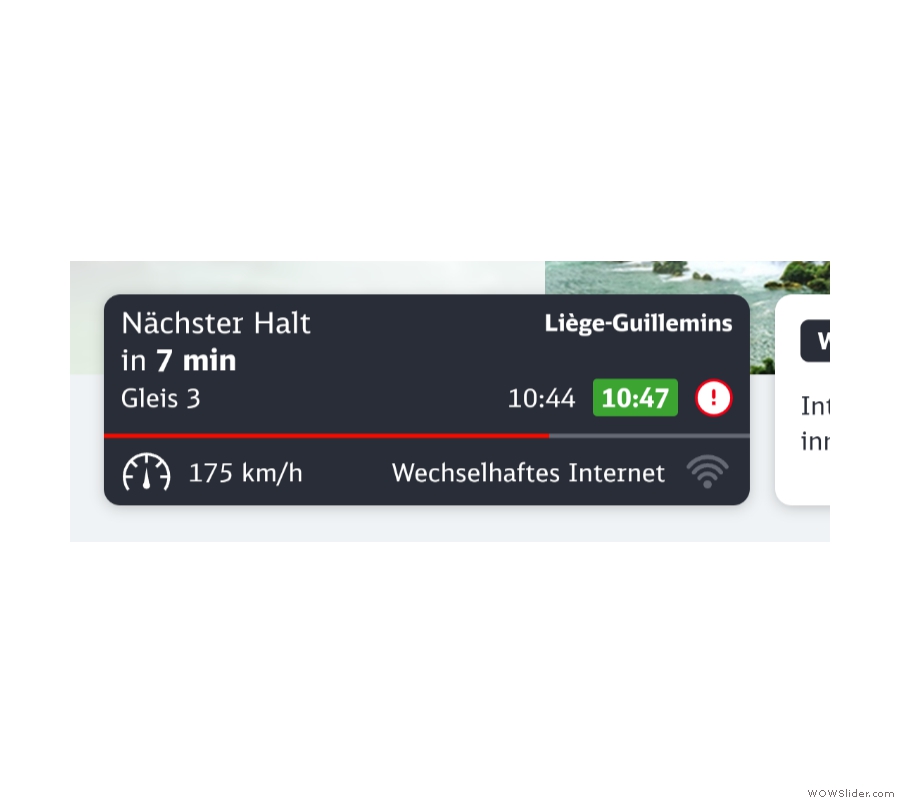

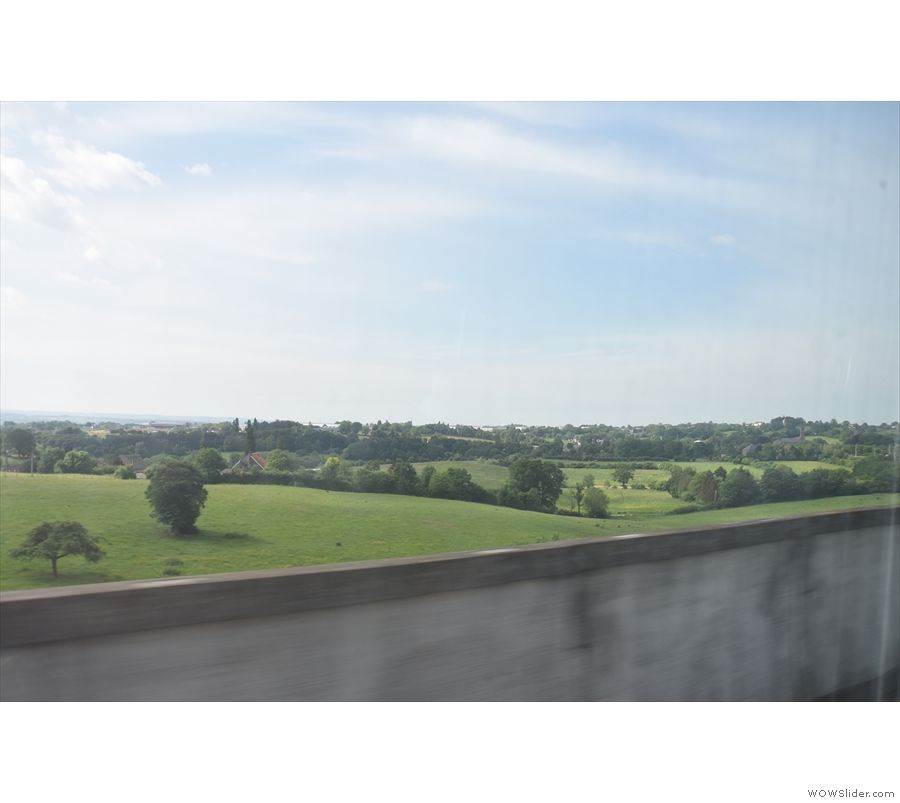
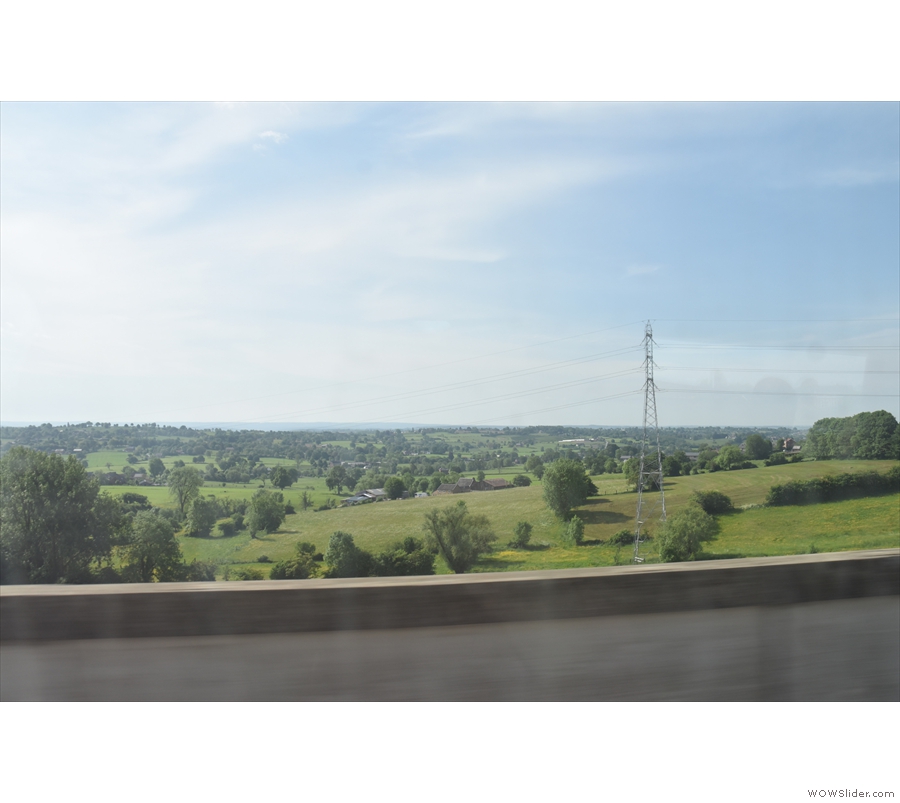
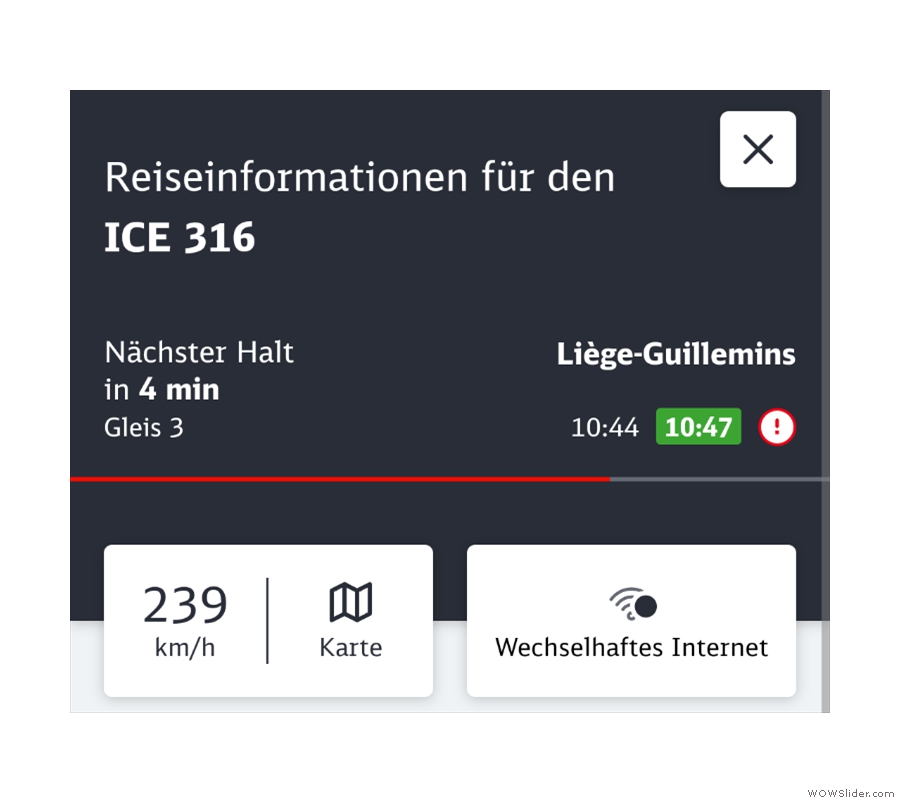
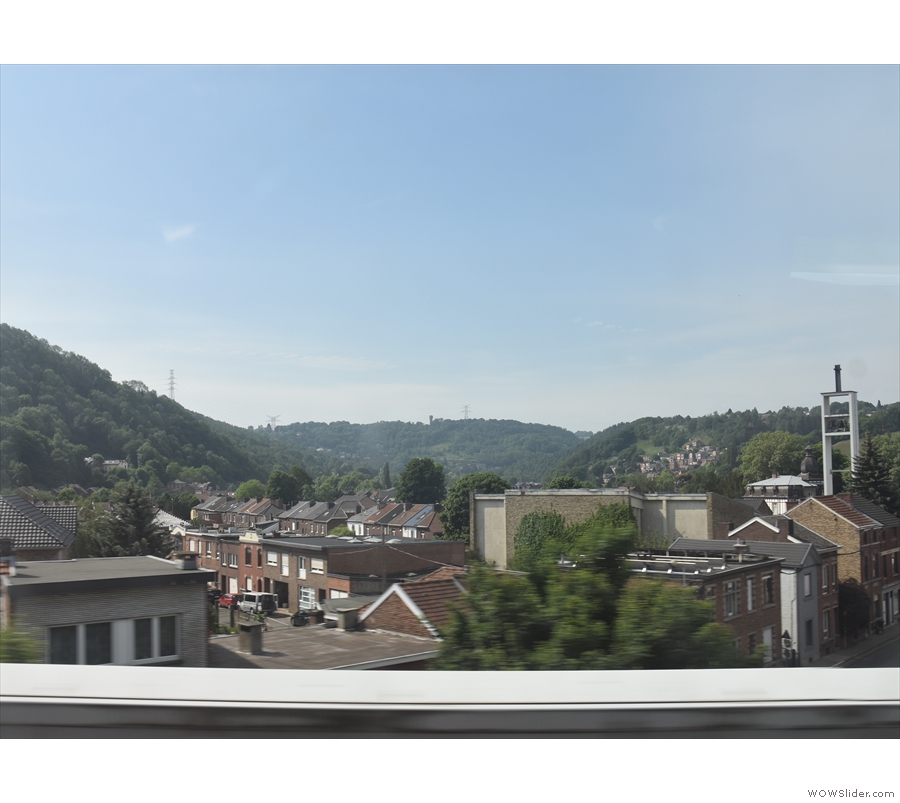
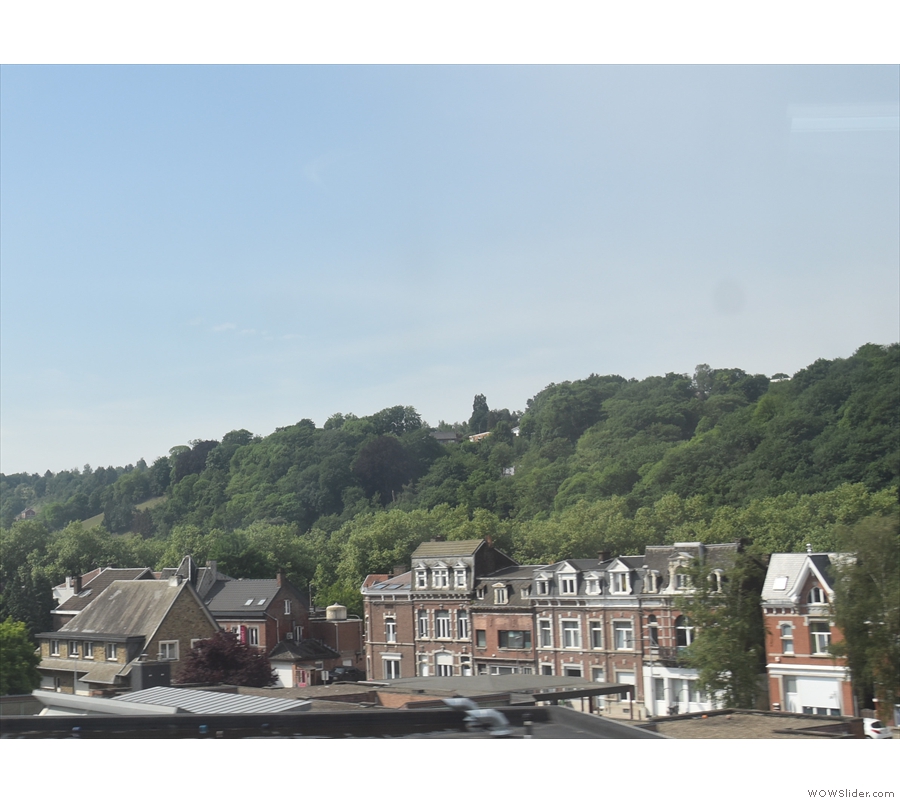
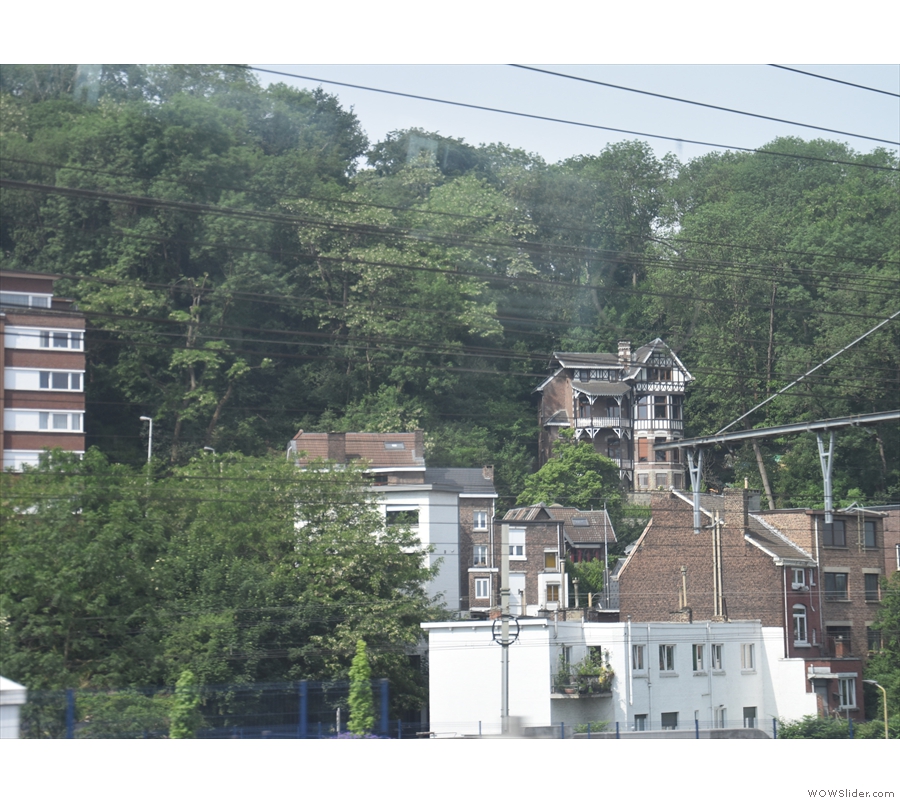
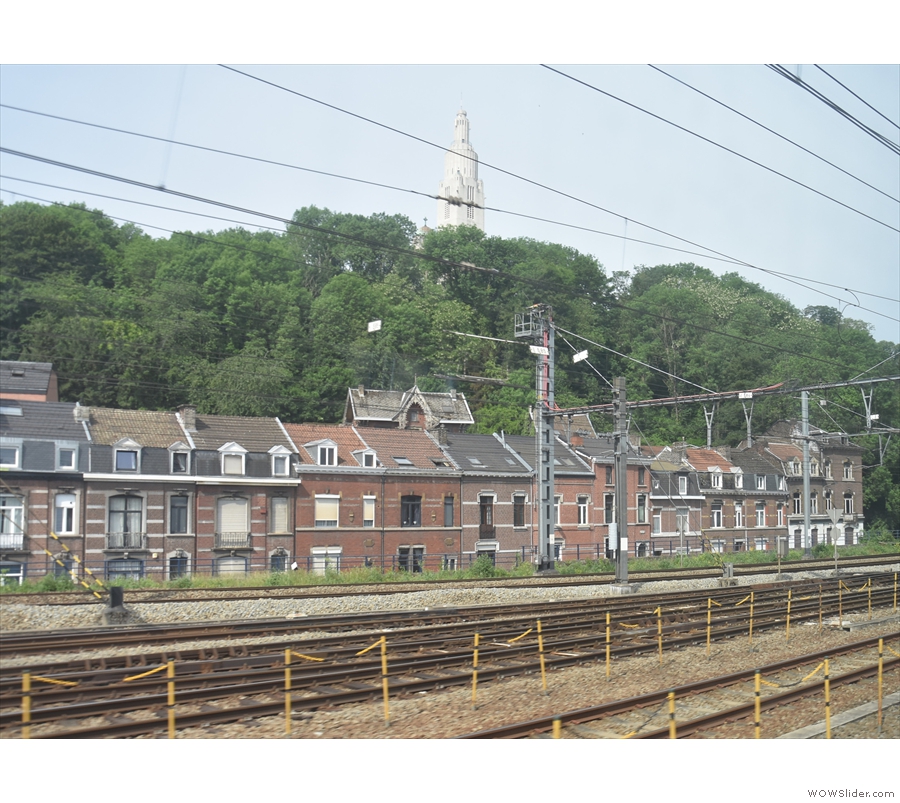
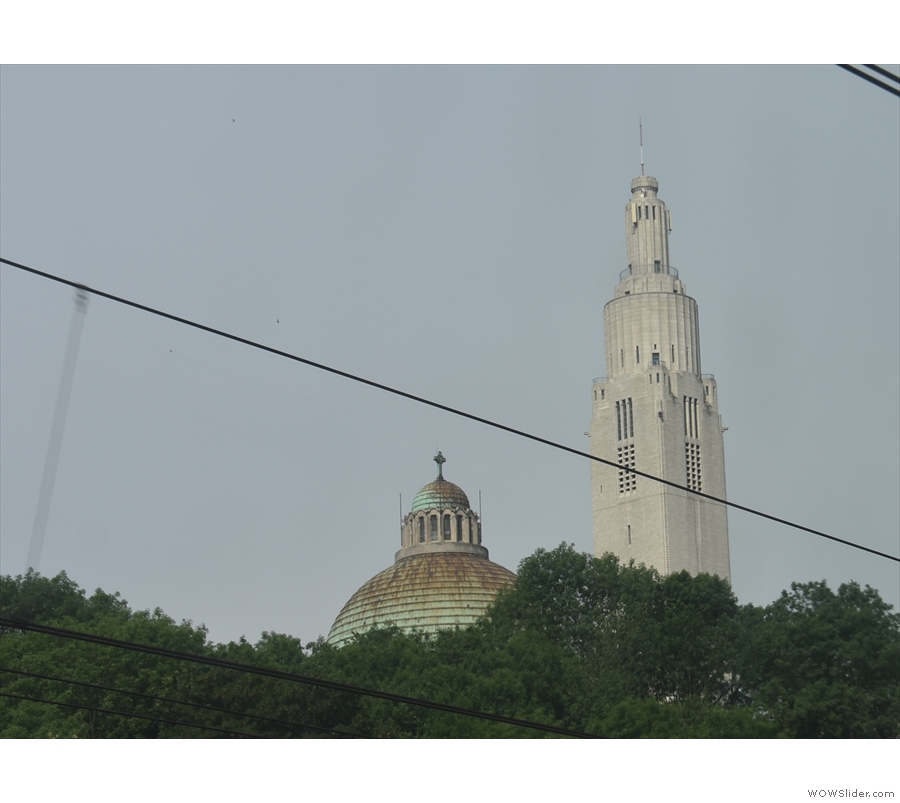
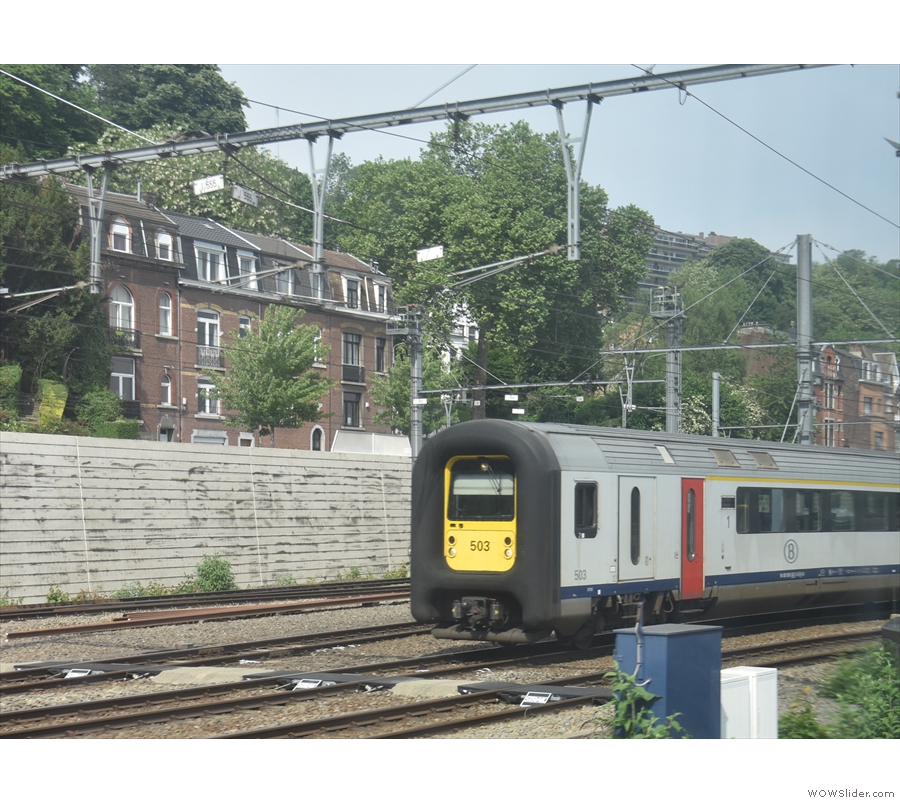
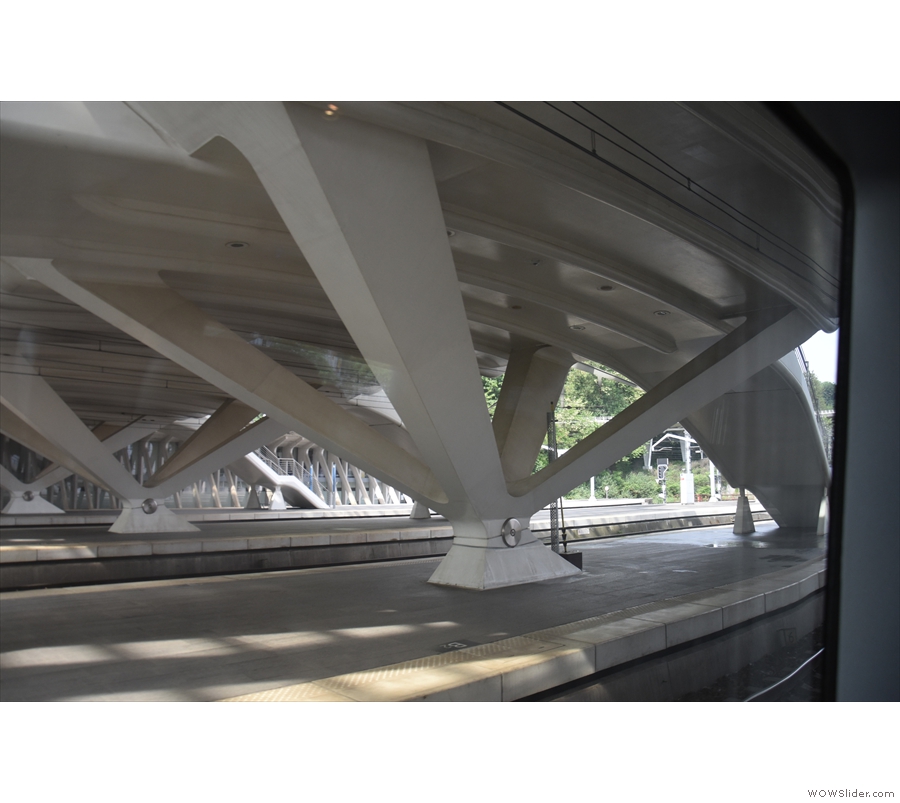
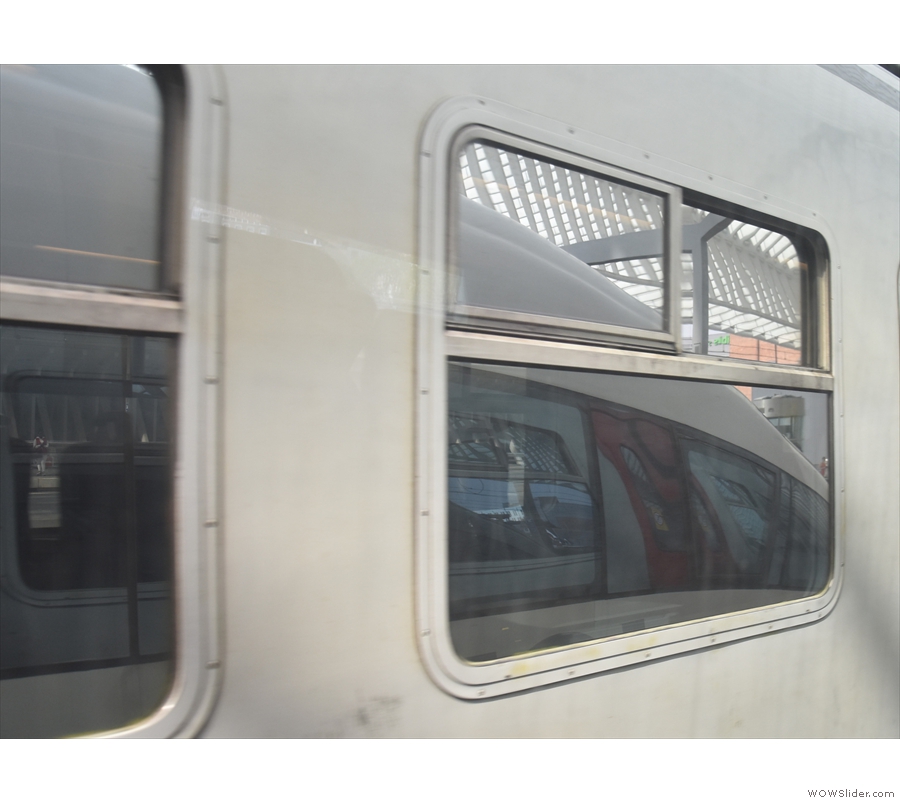
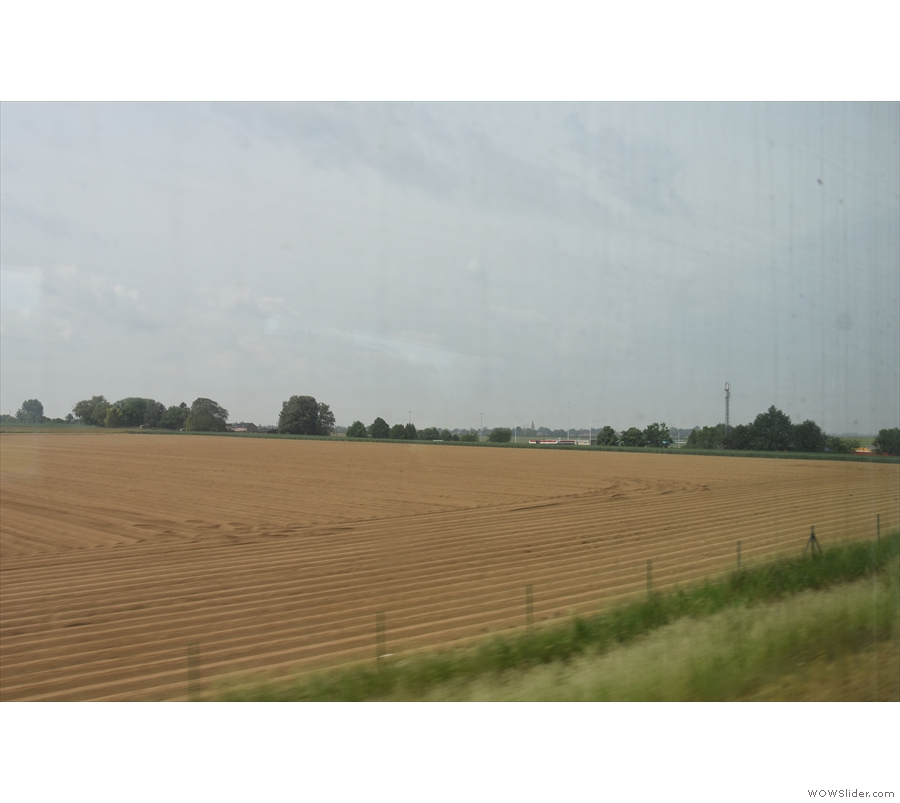
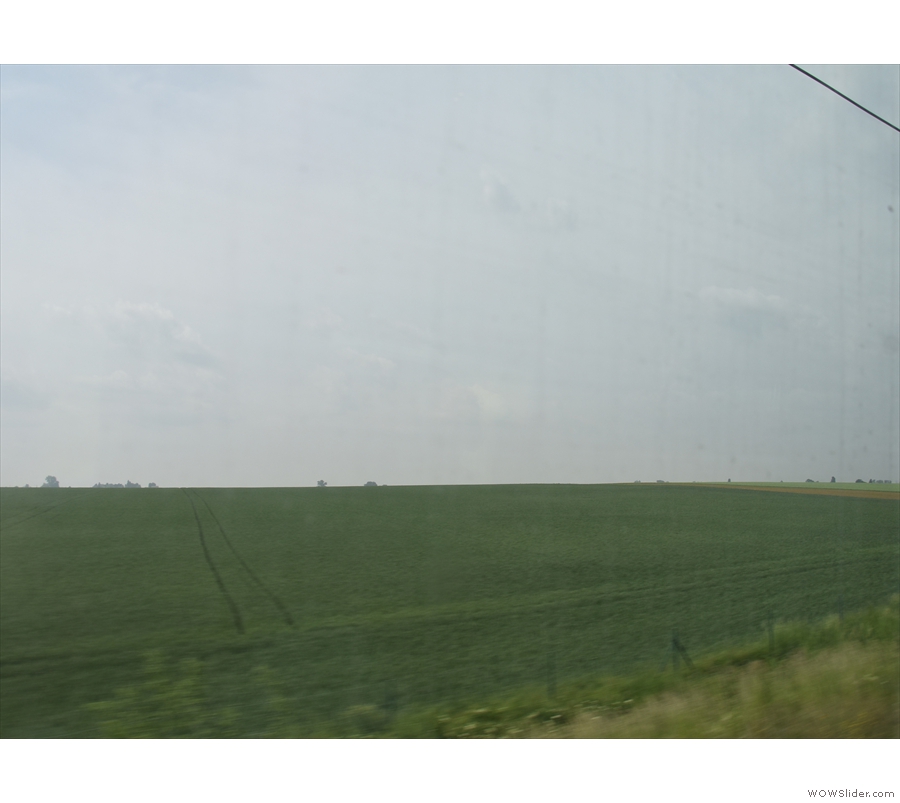
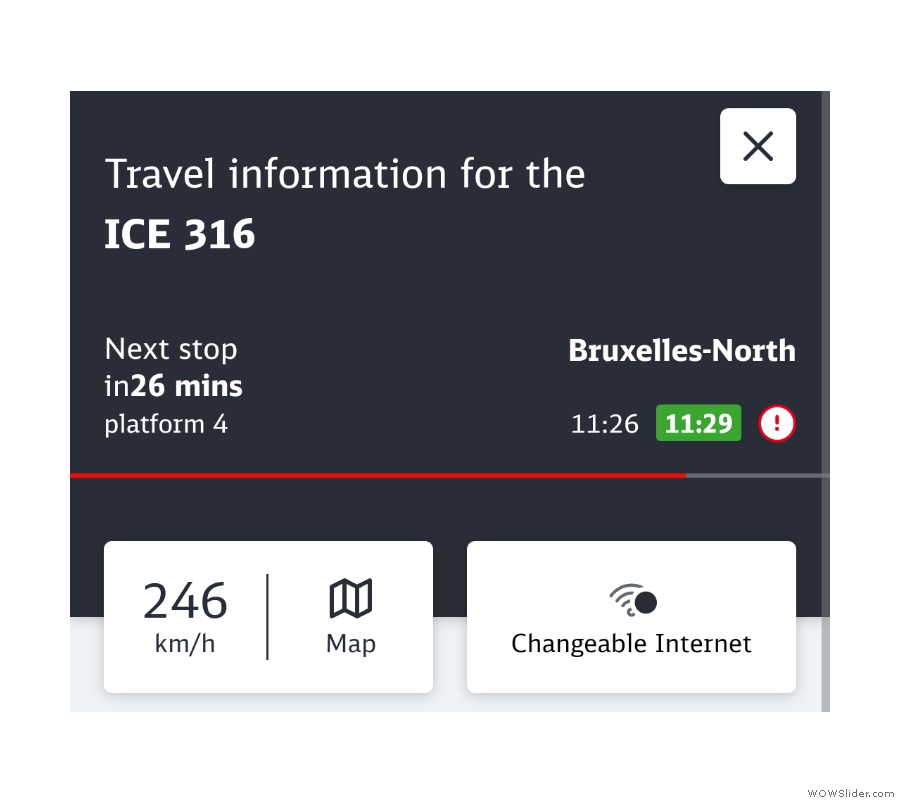
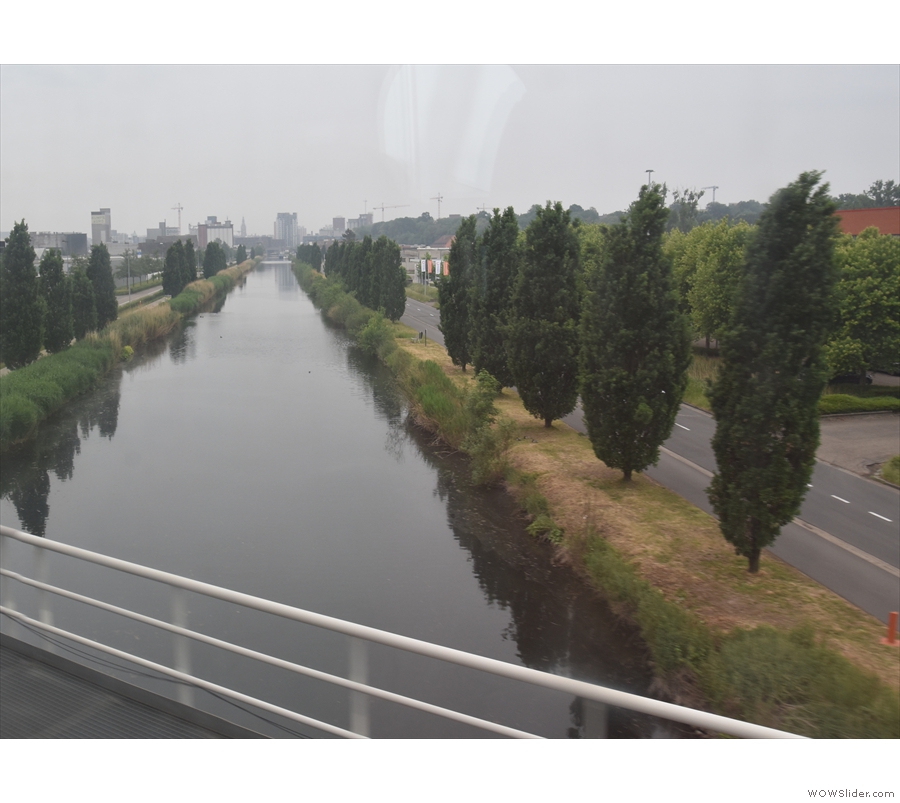
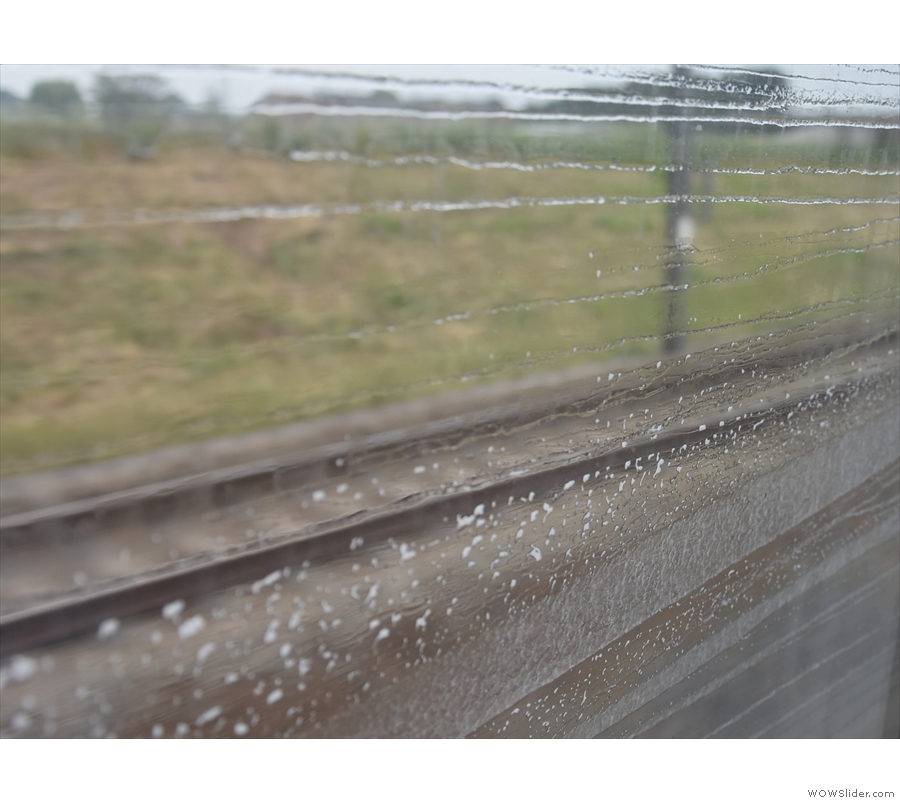
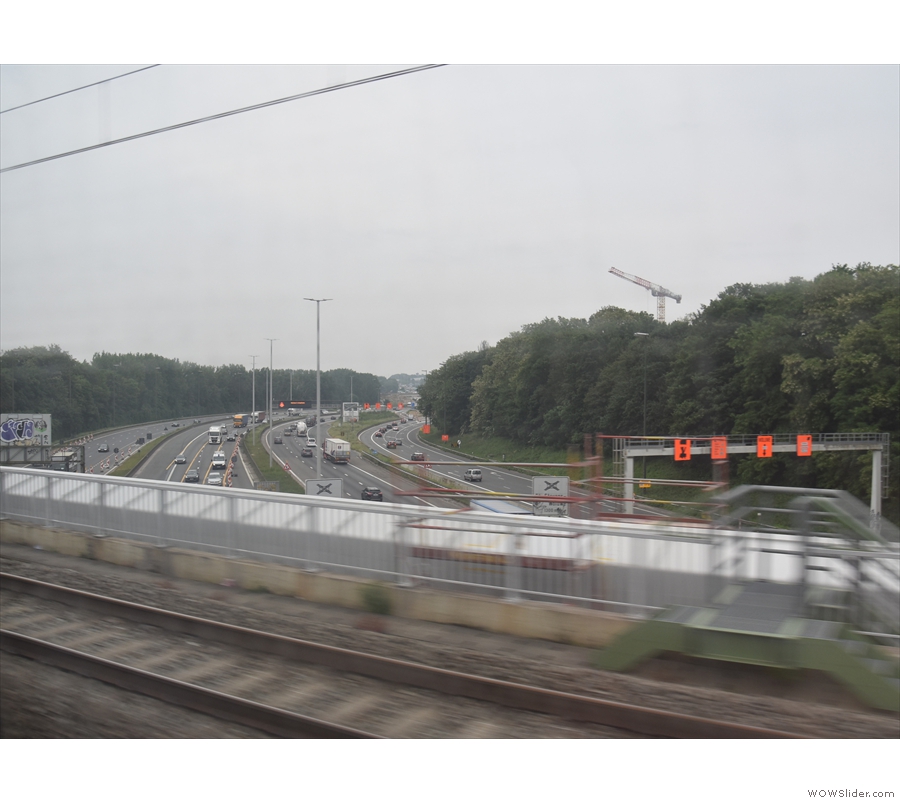
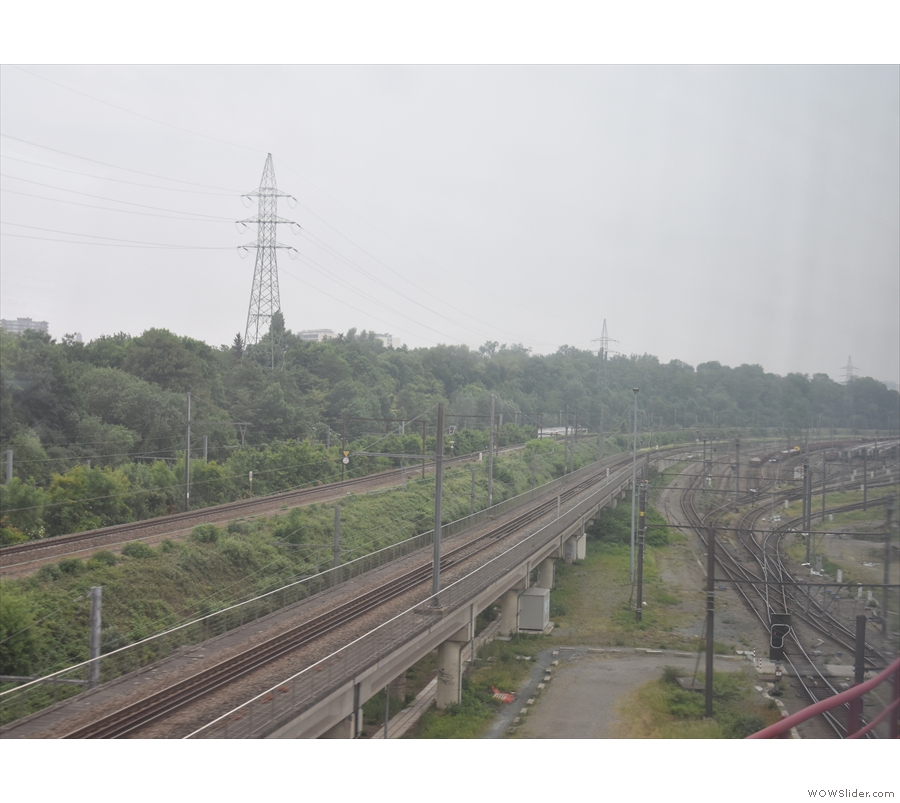
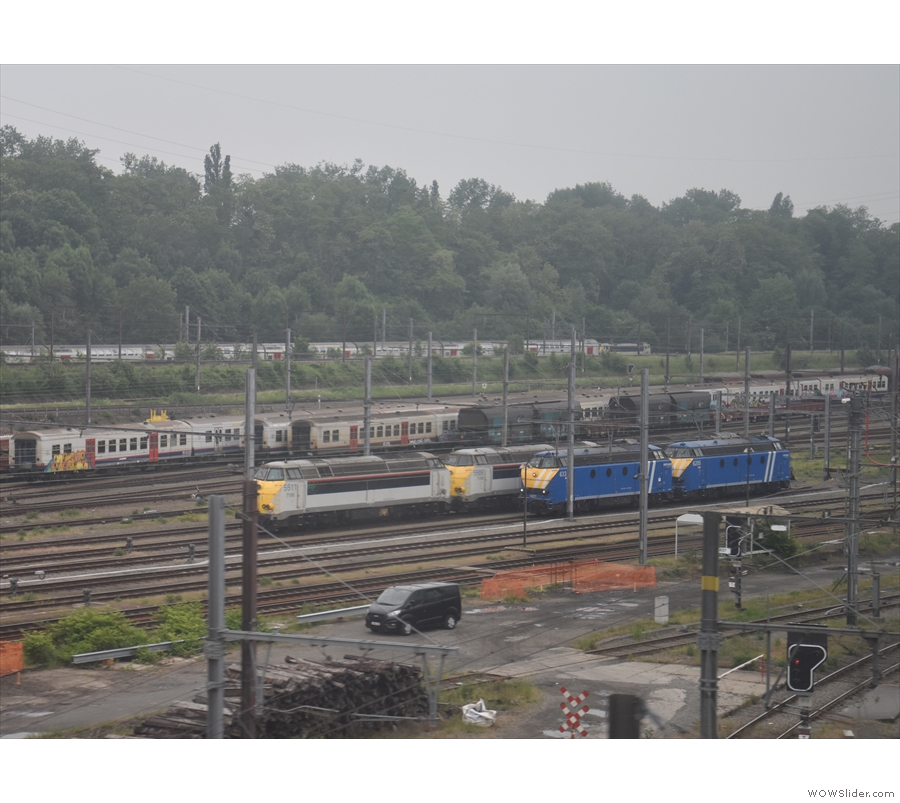
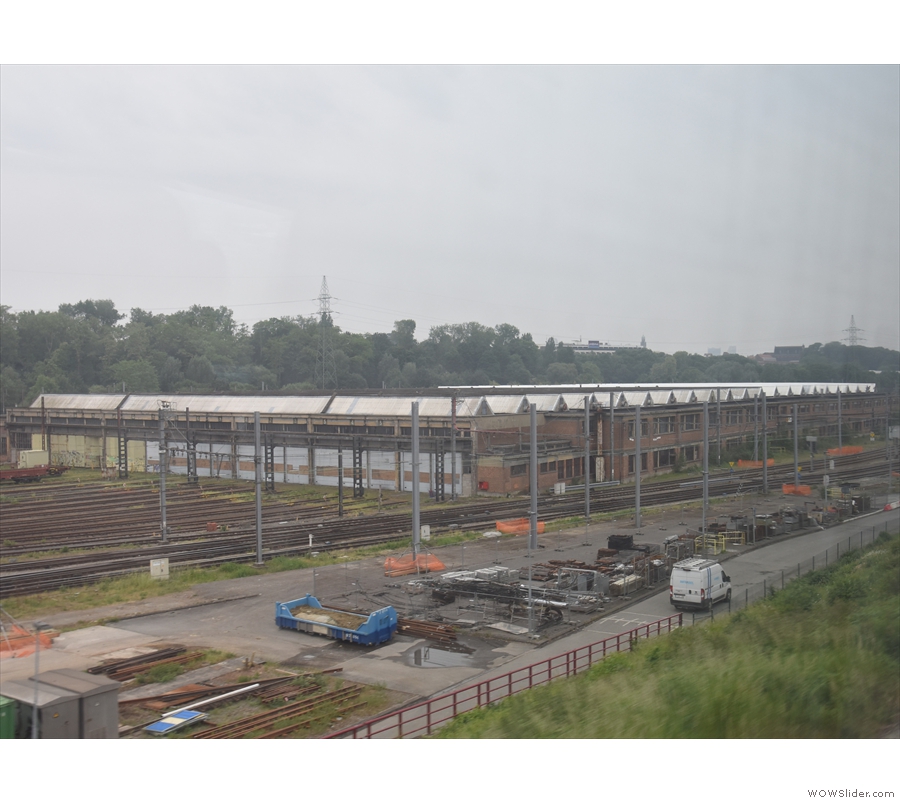
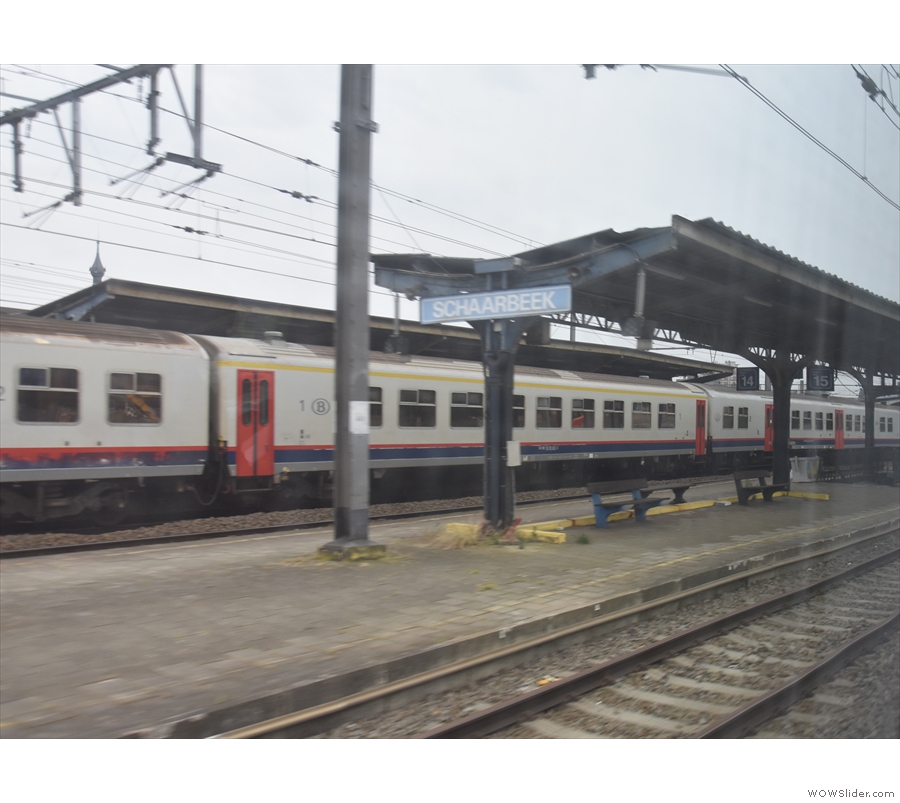
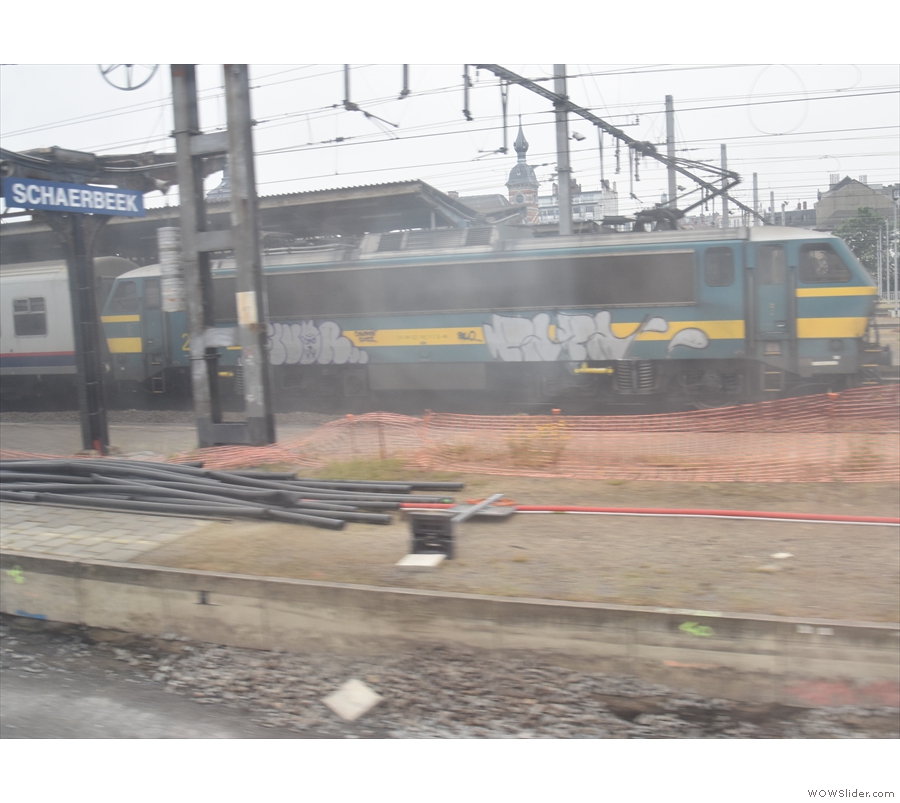
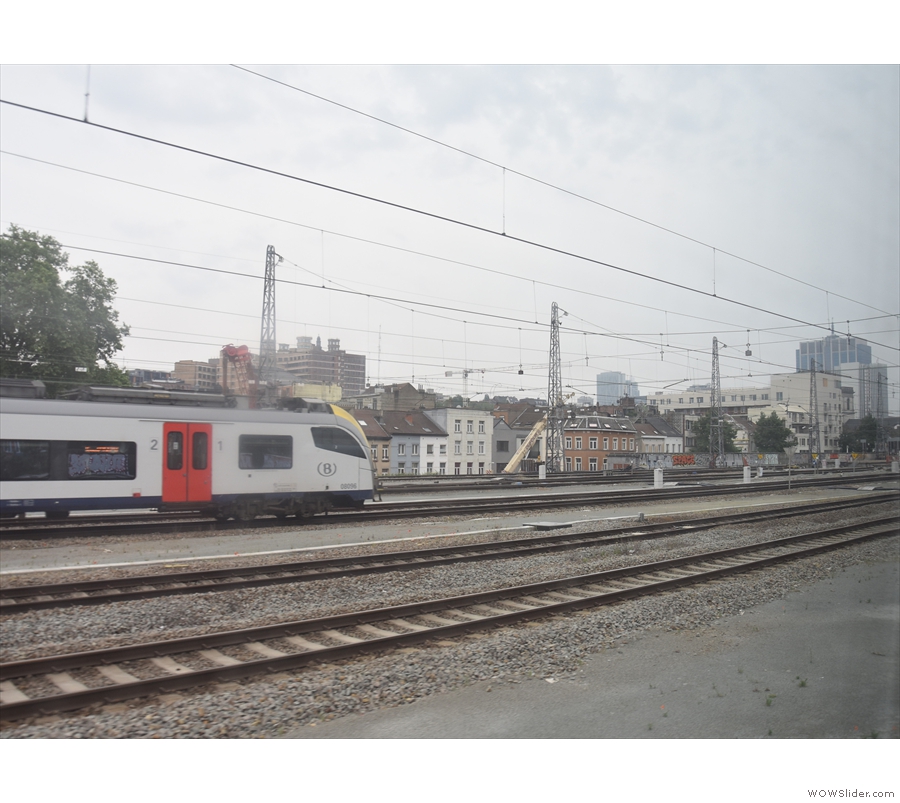
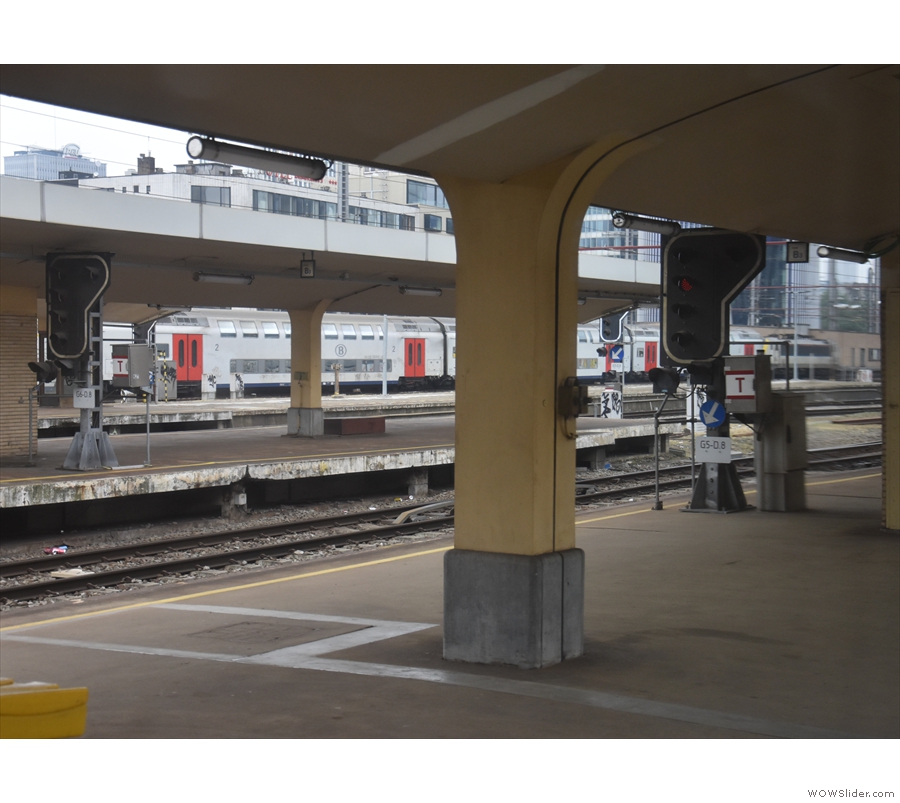
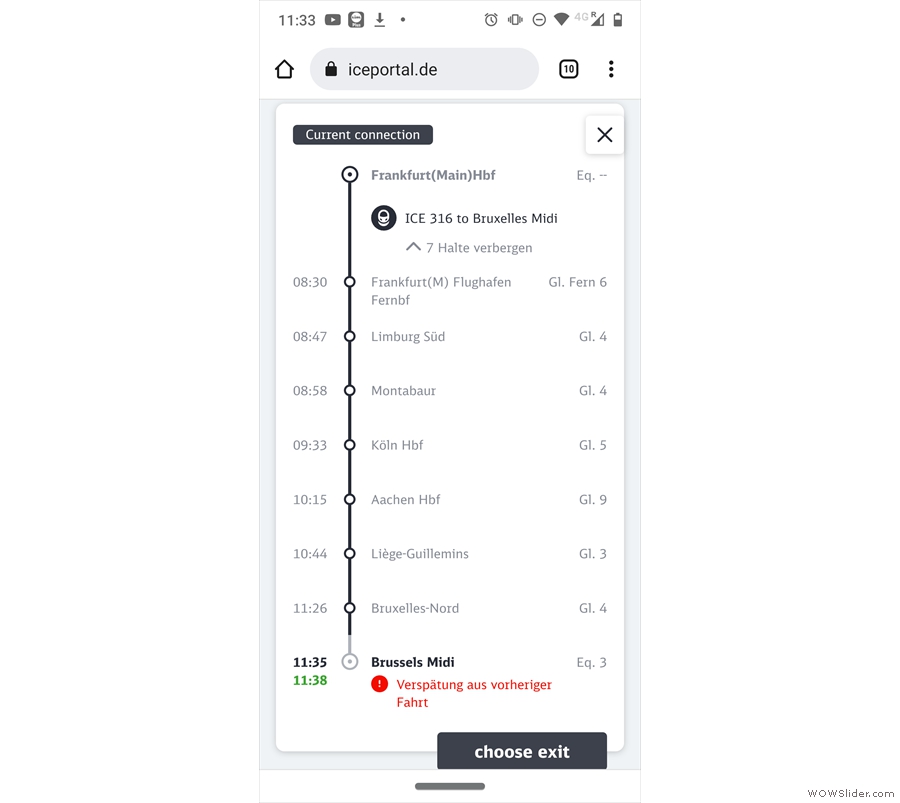
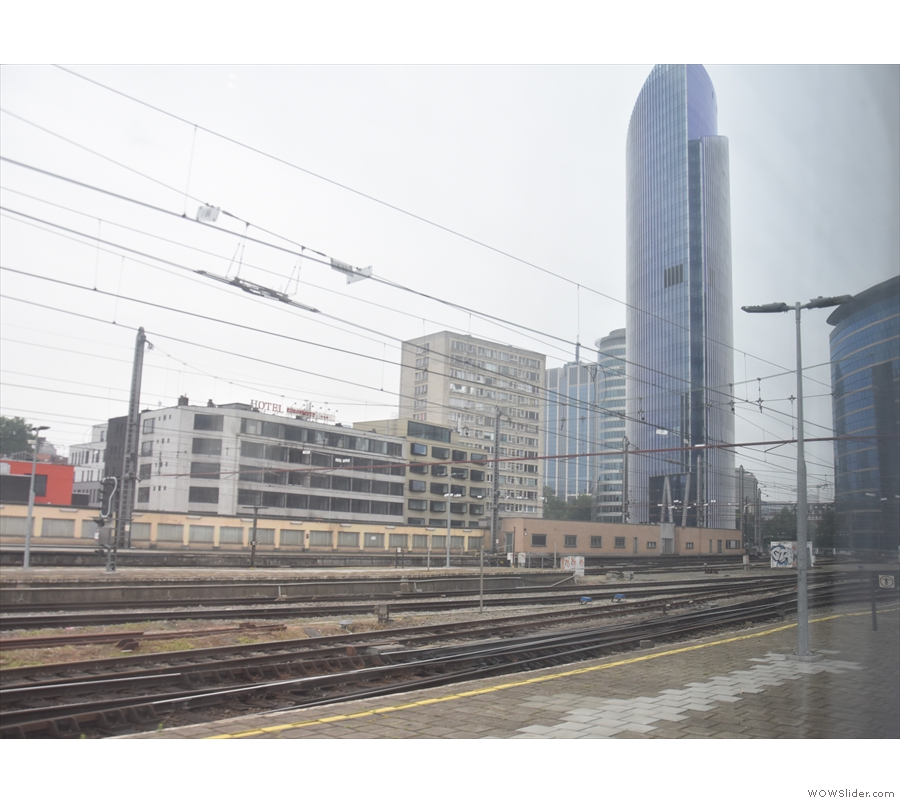
 1
1 2
2 3
3 4
4 5
5 6
6 7
7 8
8 9
9 10
10 11
11 12
12 13
13 14
14 15
15 16
16 17
17 18
18 19
19 20
20 21
21 22
22 23
23 24
24 25
25 26
26 27
27 28
28 29
29 30
30 31
31 32
32 33
33 34
34 35
35 36
36 37
37 38
38 39
39 40
40 41
41 42
42 43
43 44
44 45
45 46
46 47
47 48
48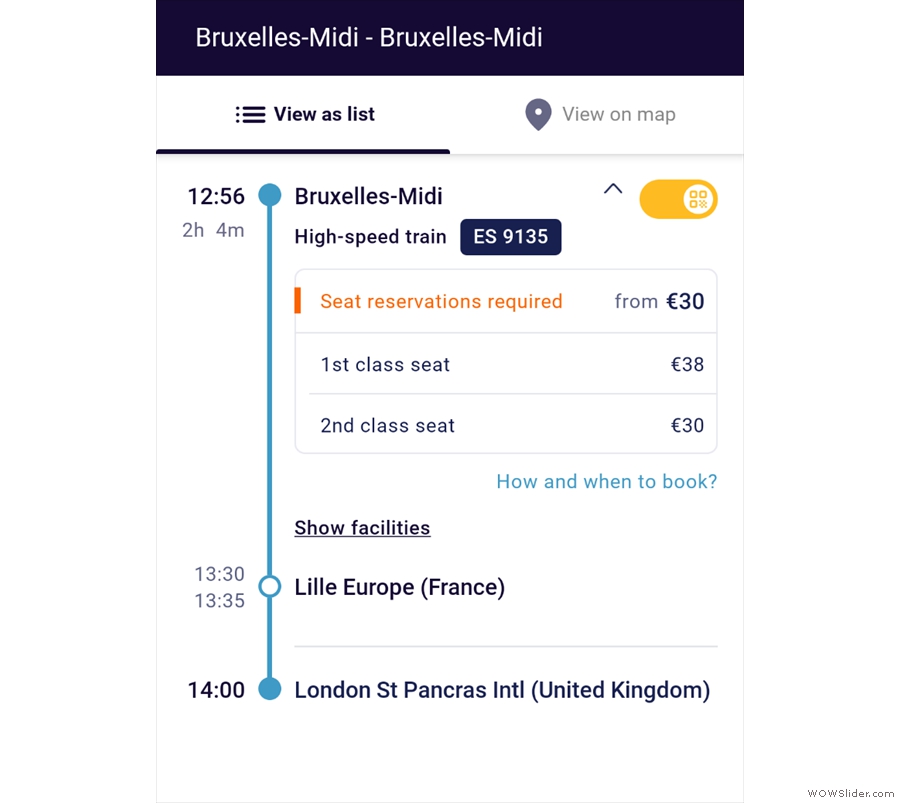
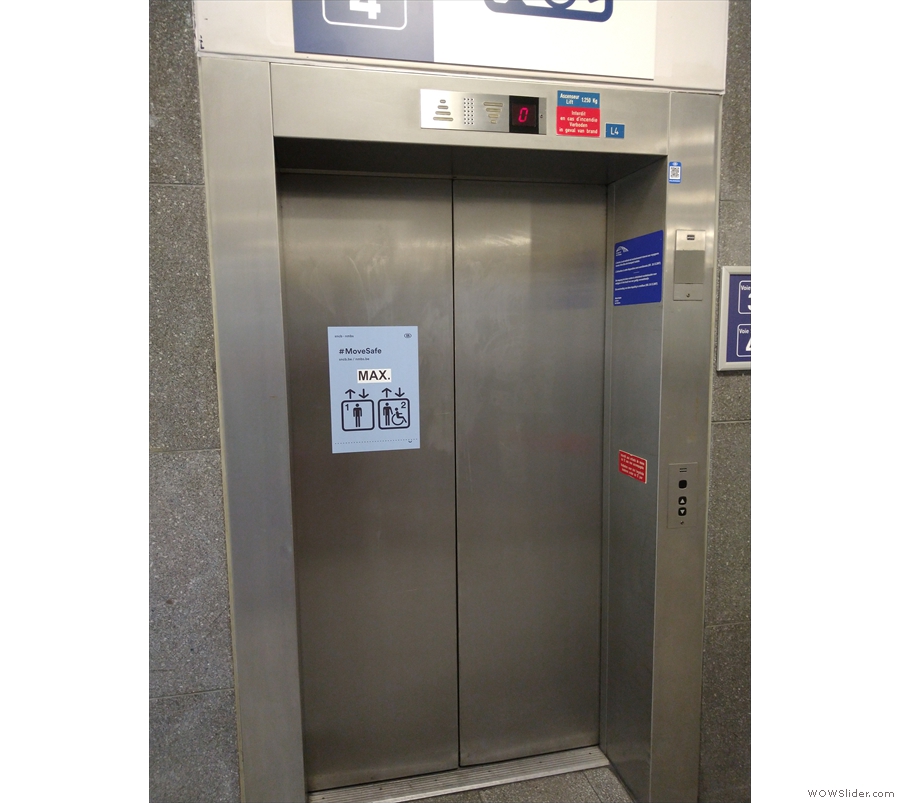
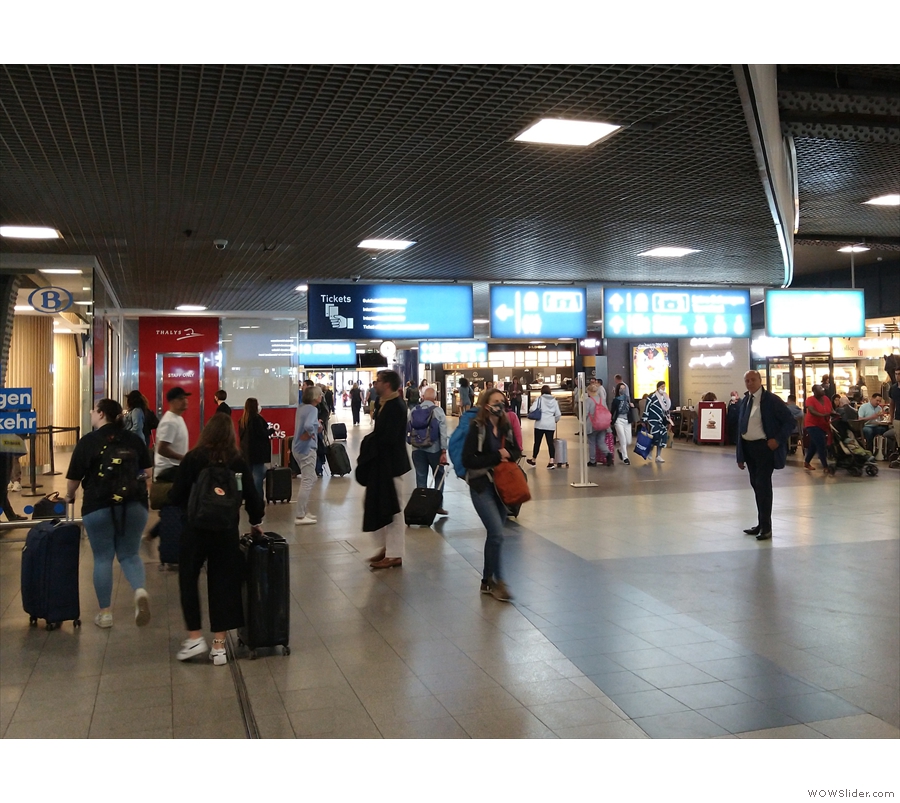
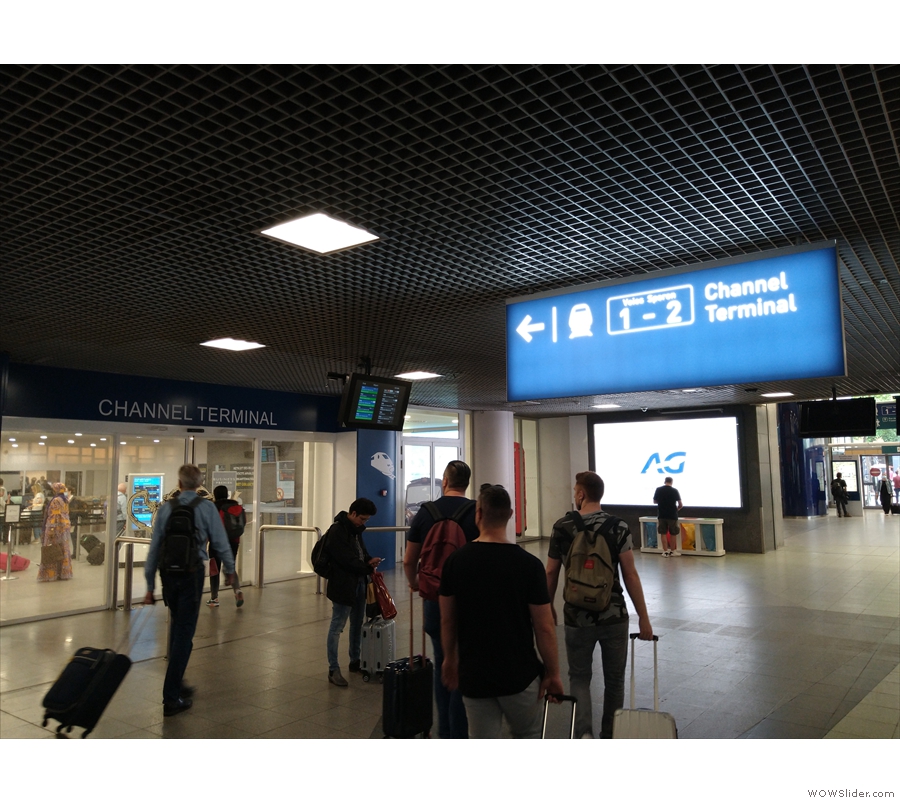
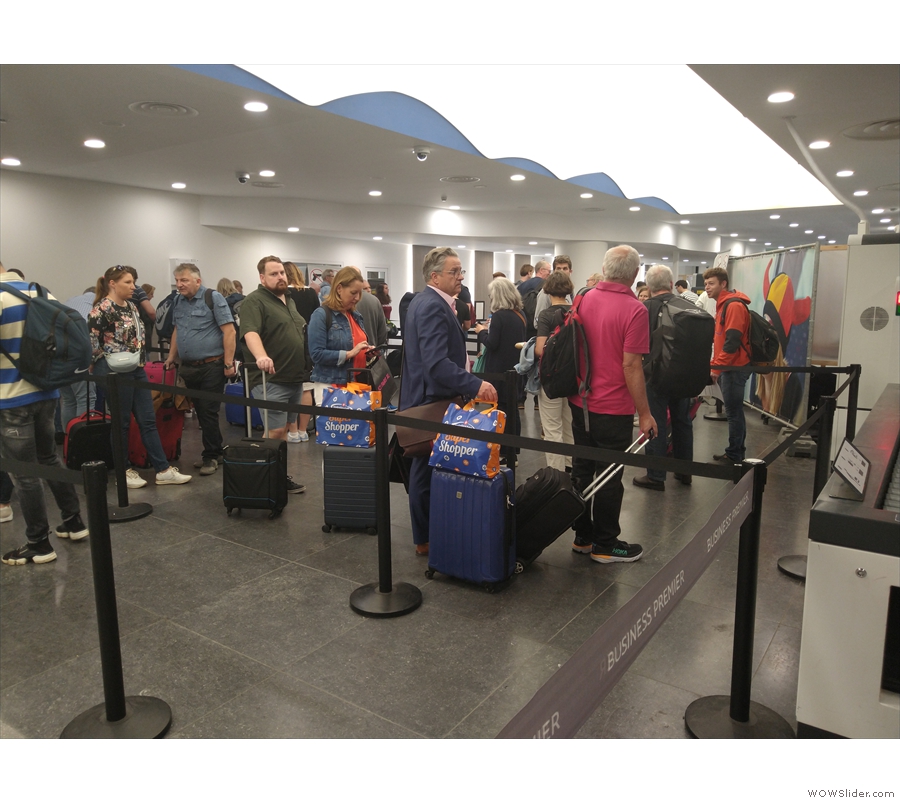
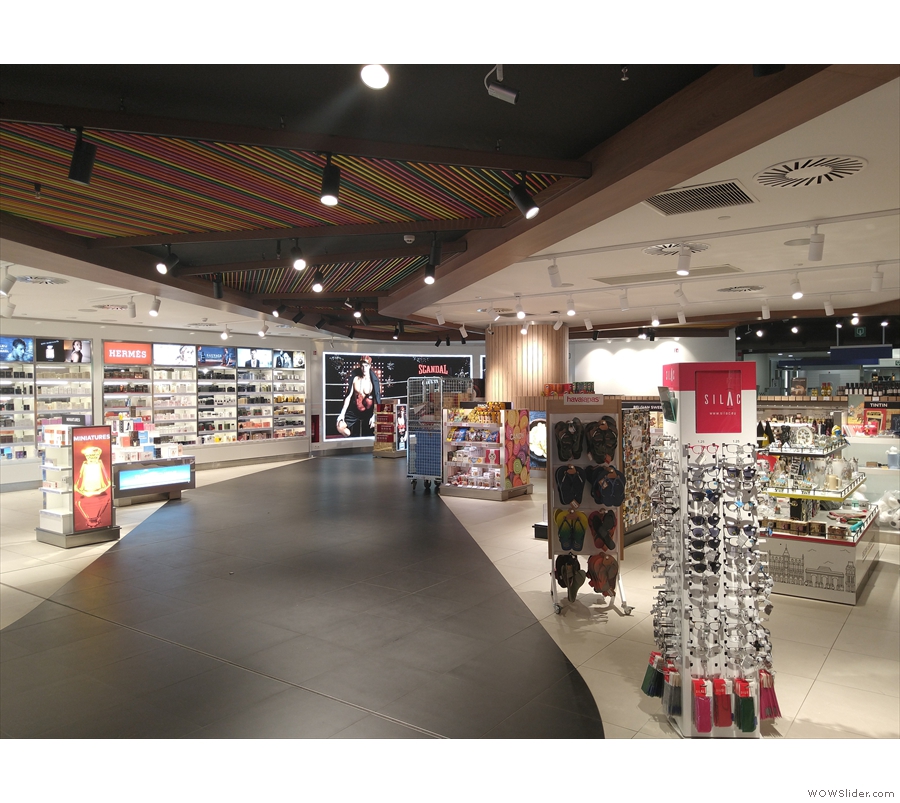
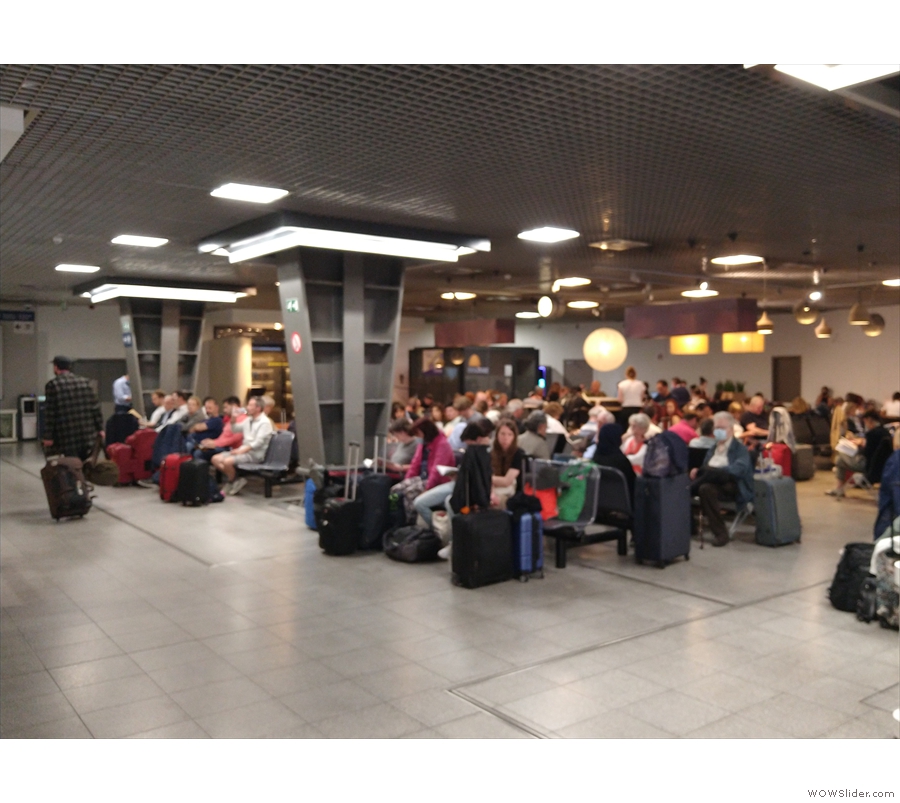
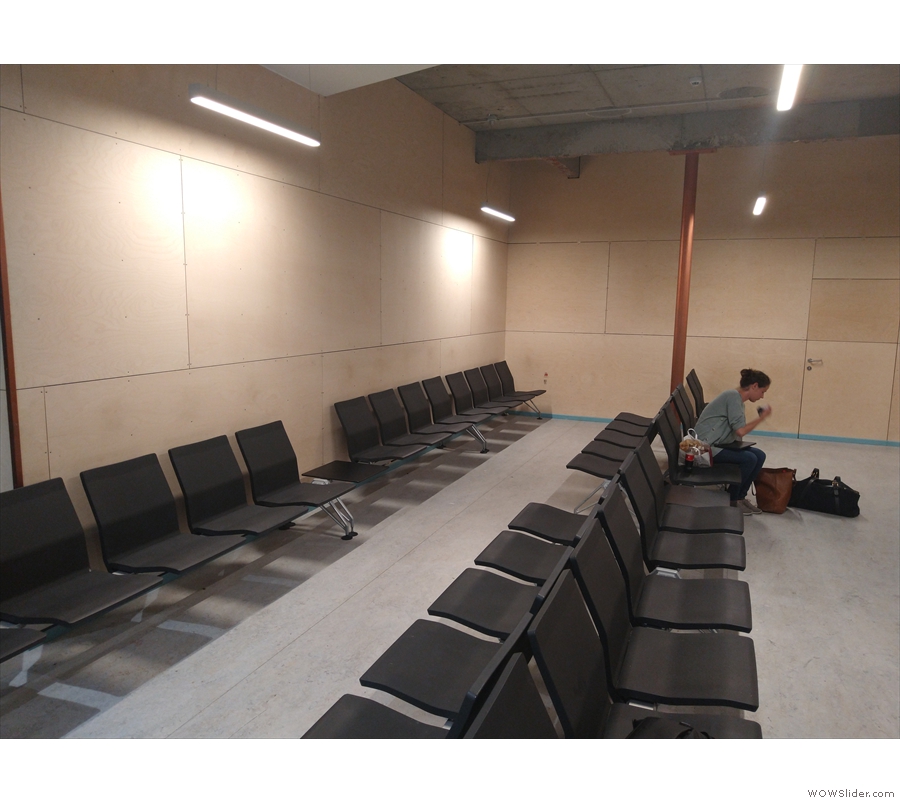
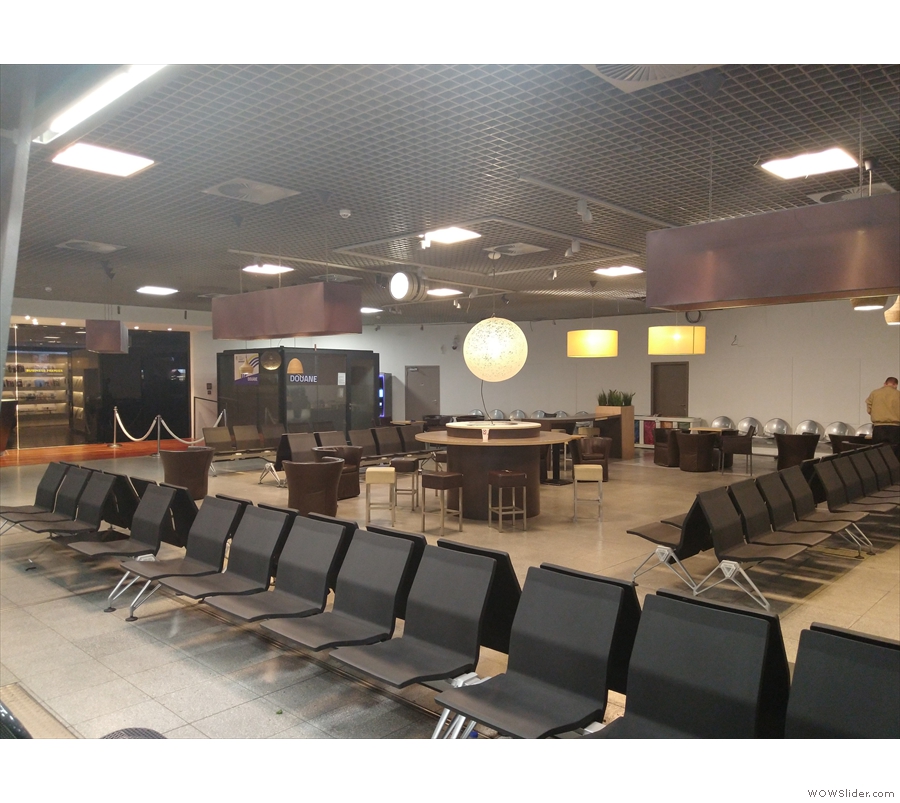
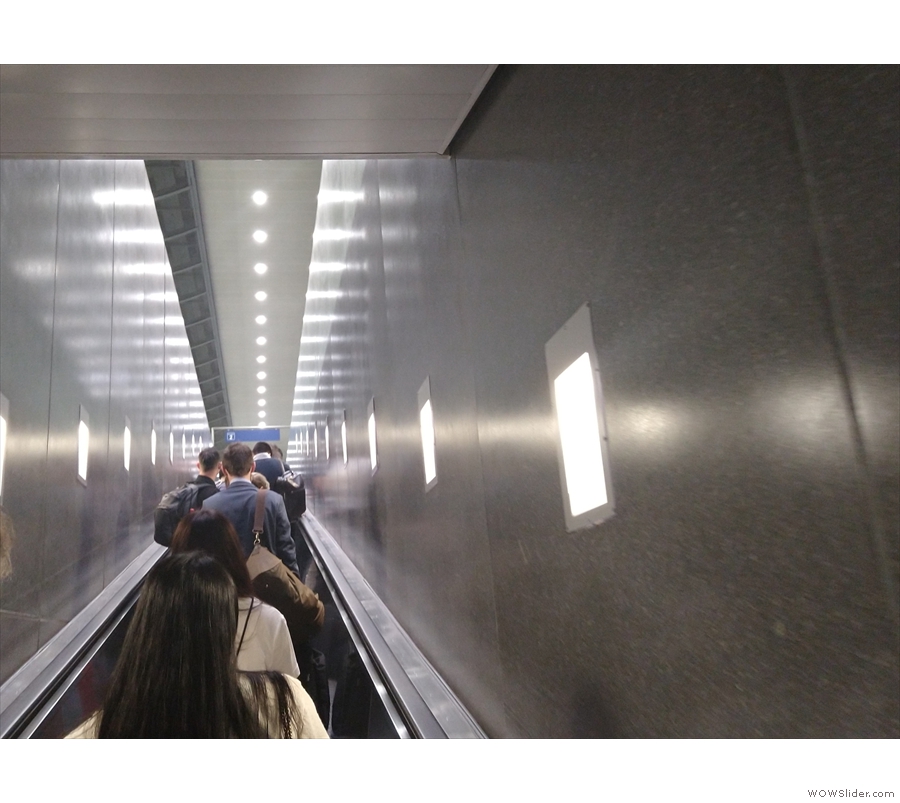
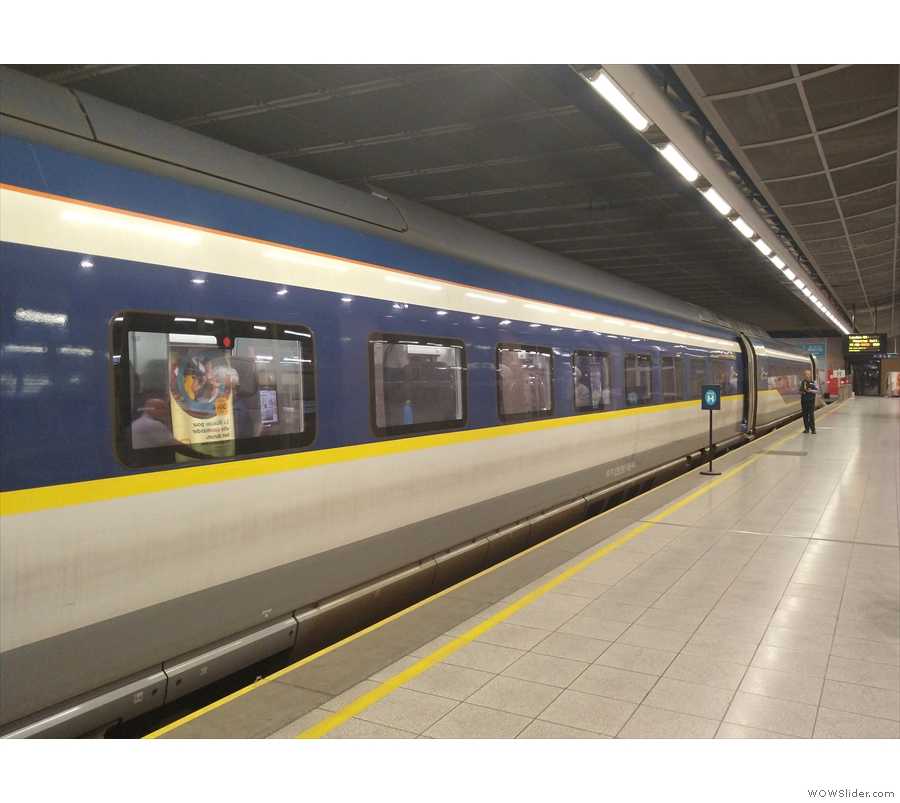
 1
1 2
2 3
3 4
4 5
5 6
6 7
7 8
8 9
9 10
10 11
11
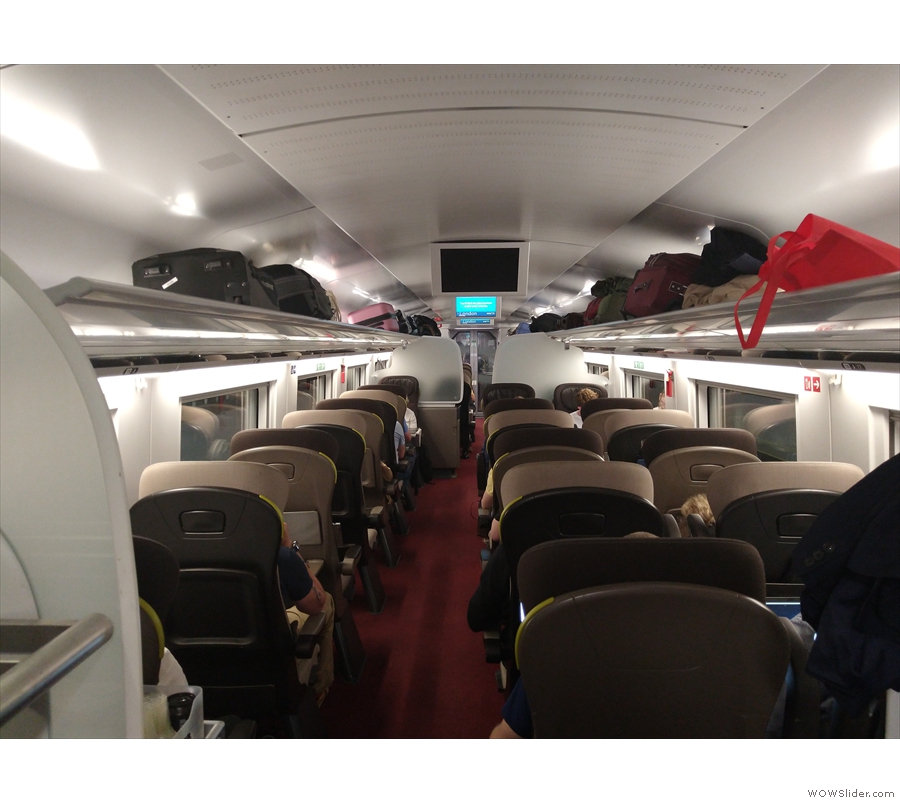
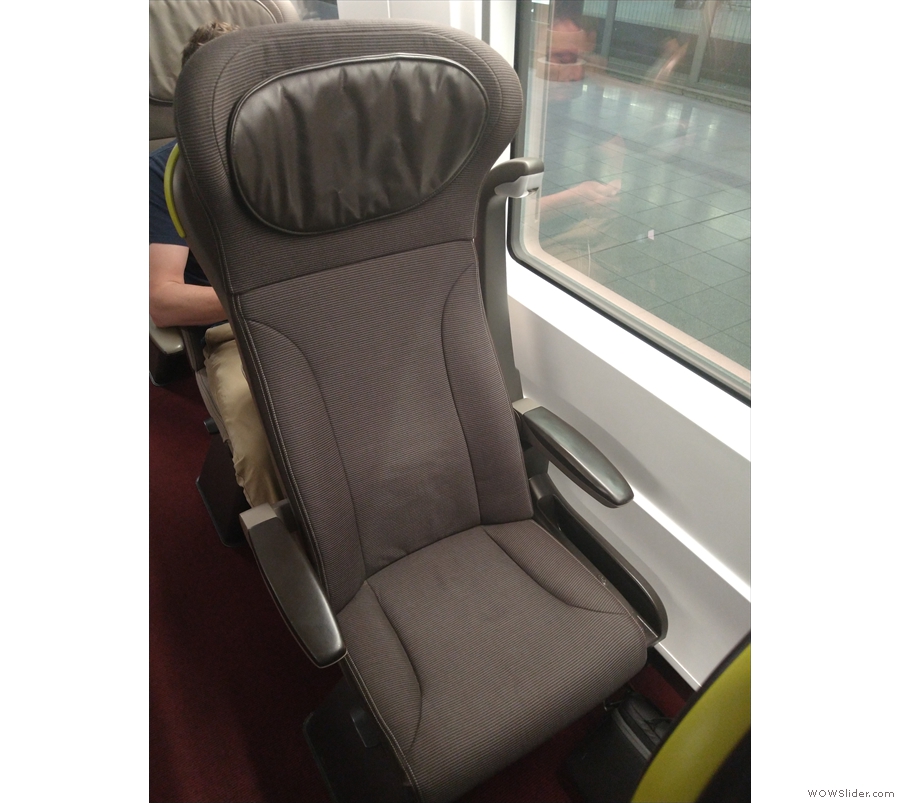
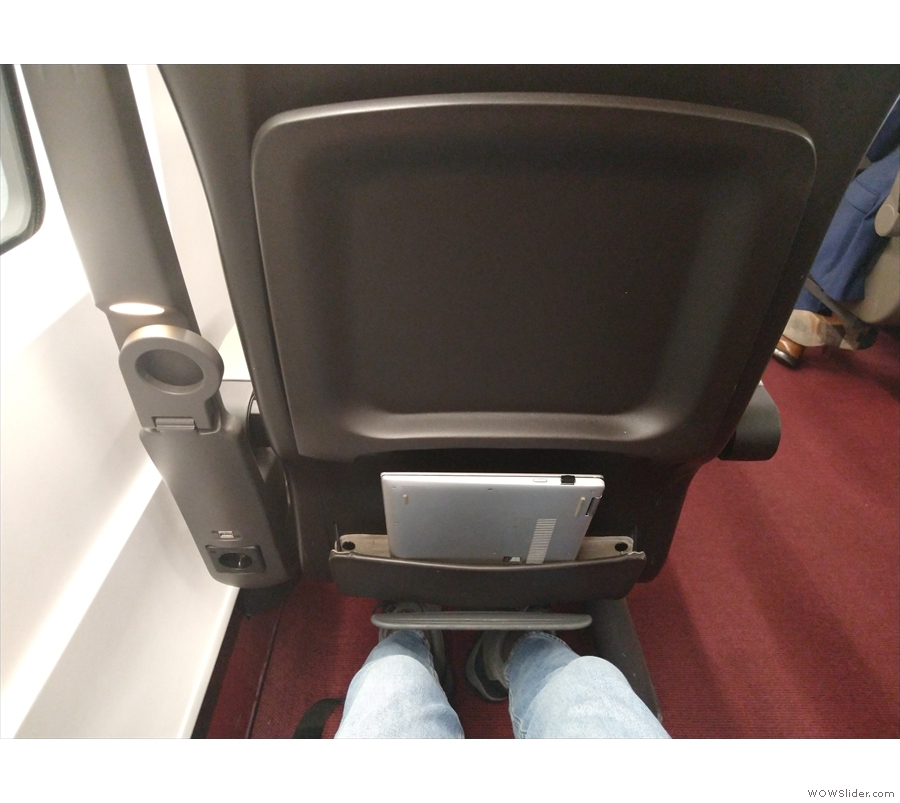
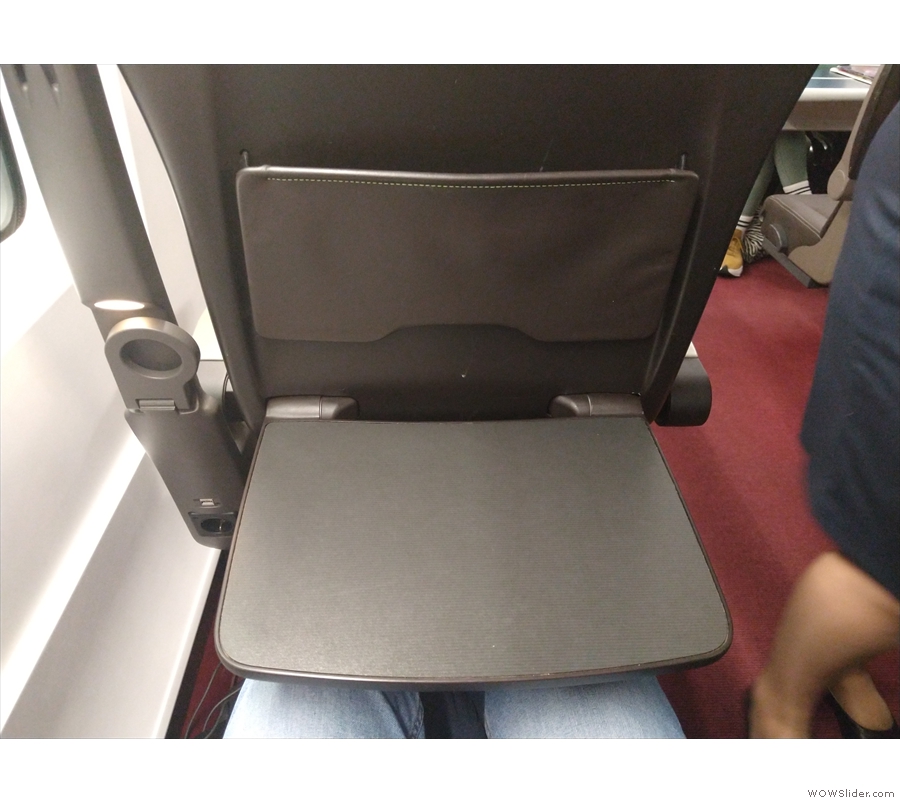
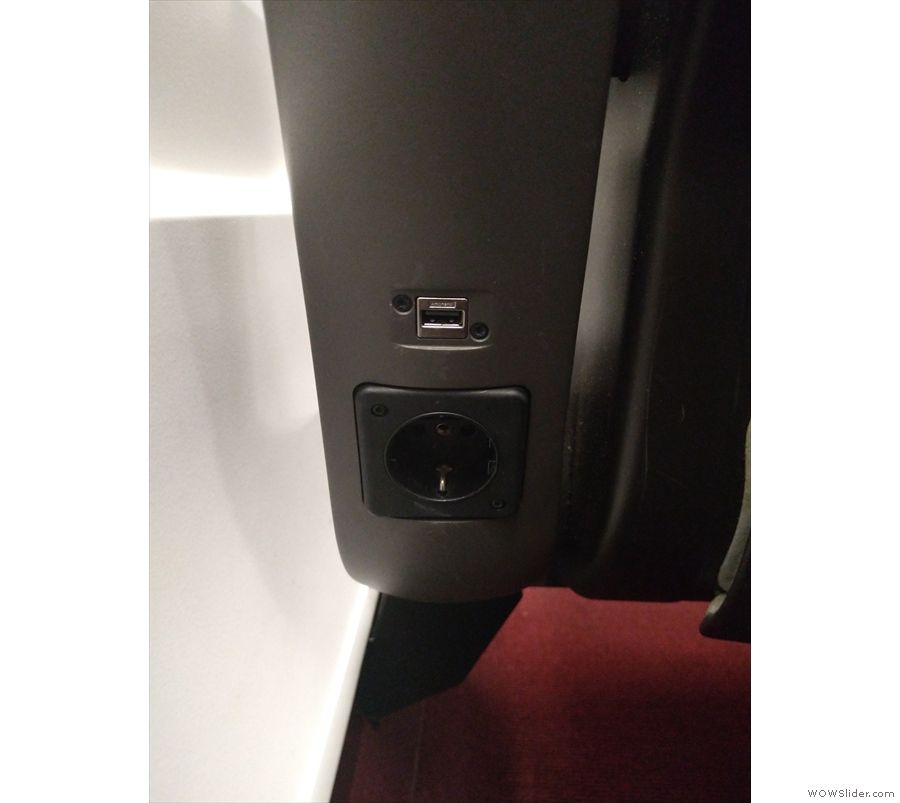
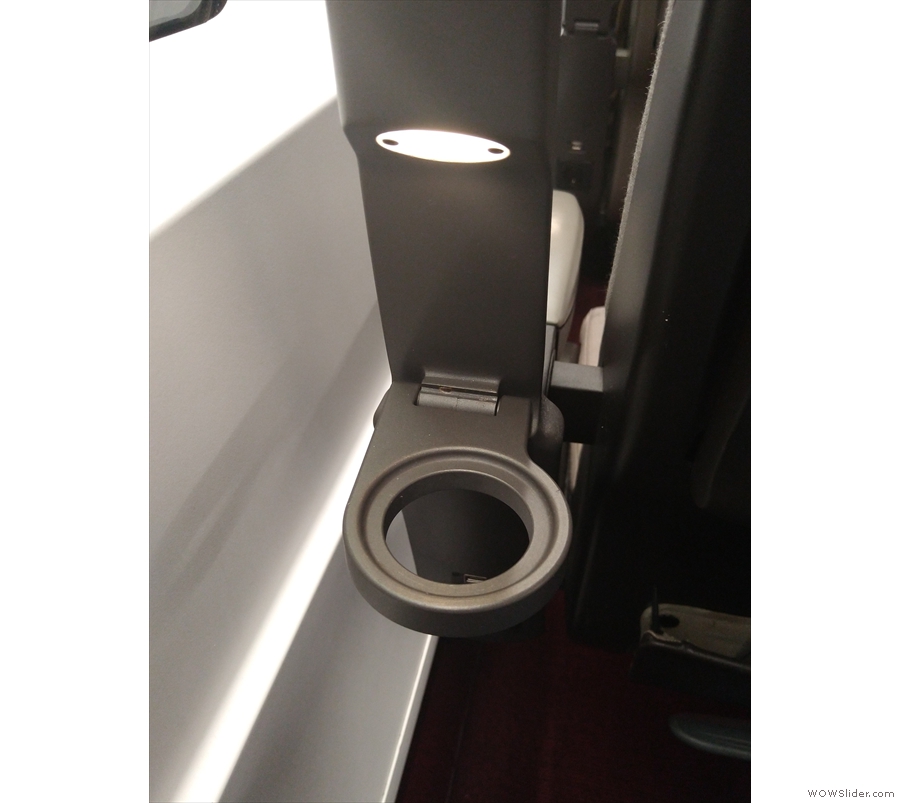
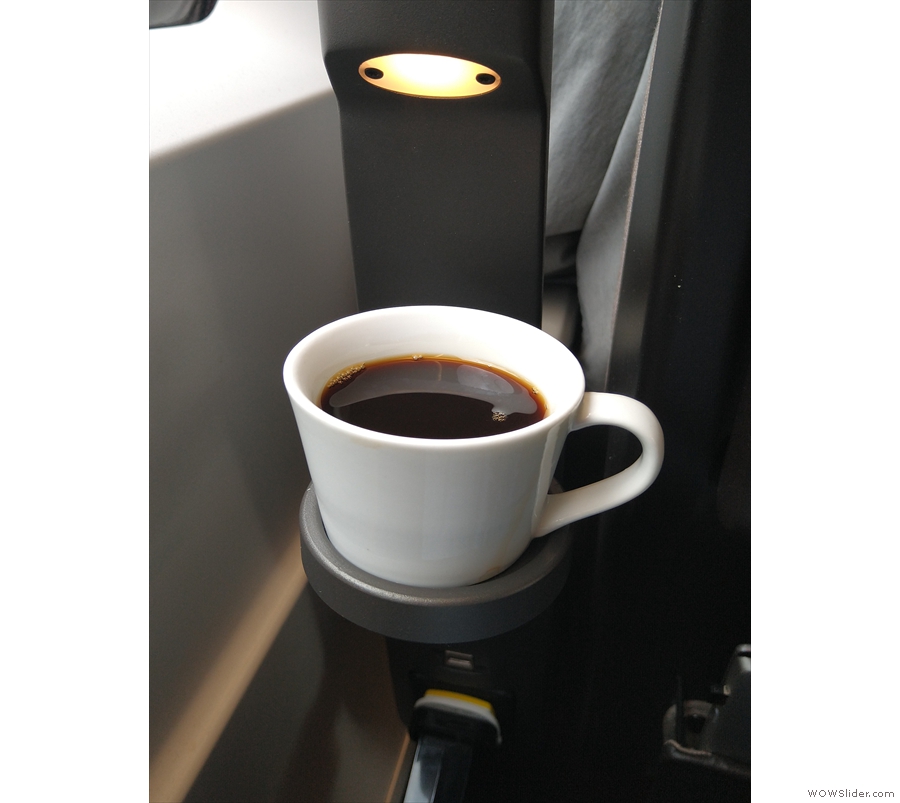
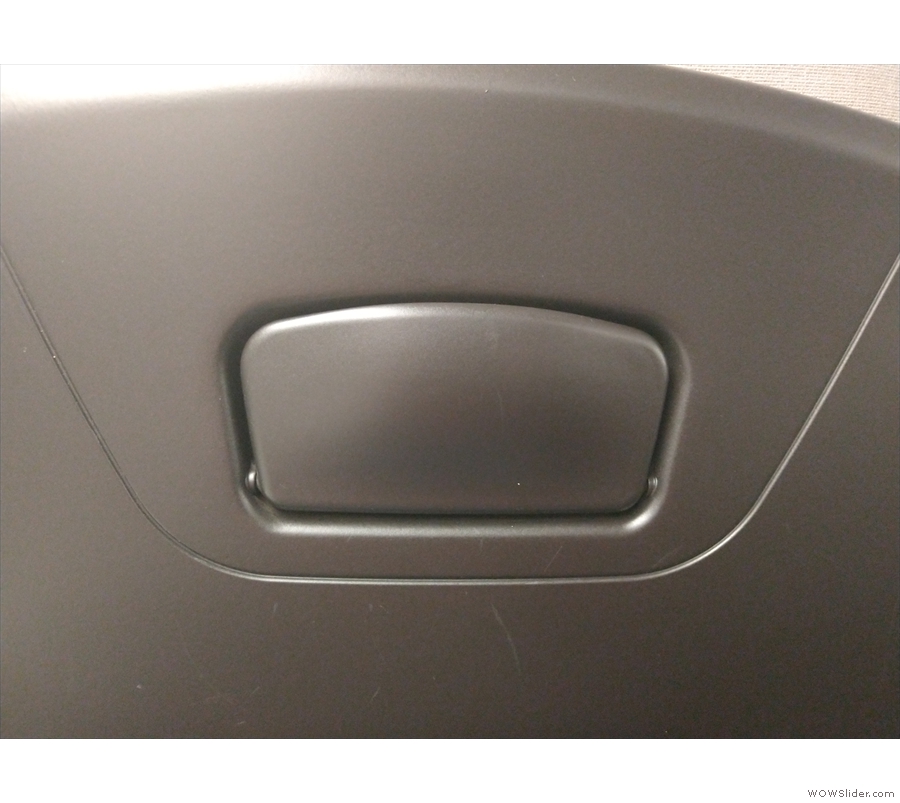
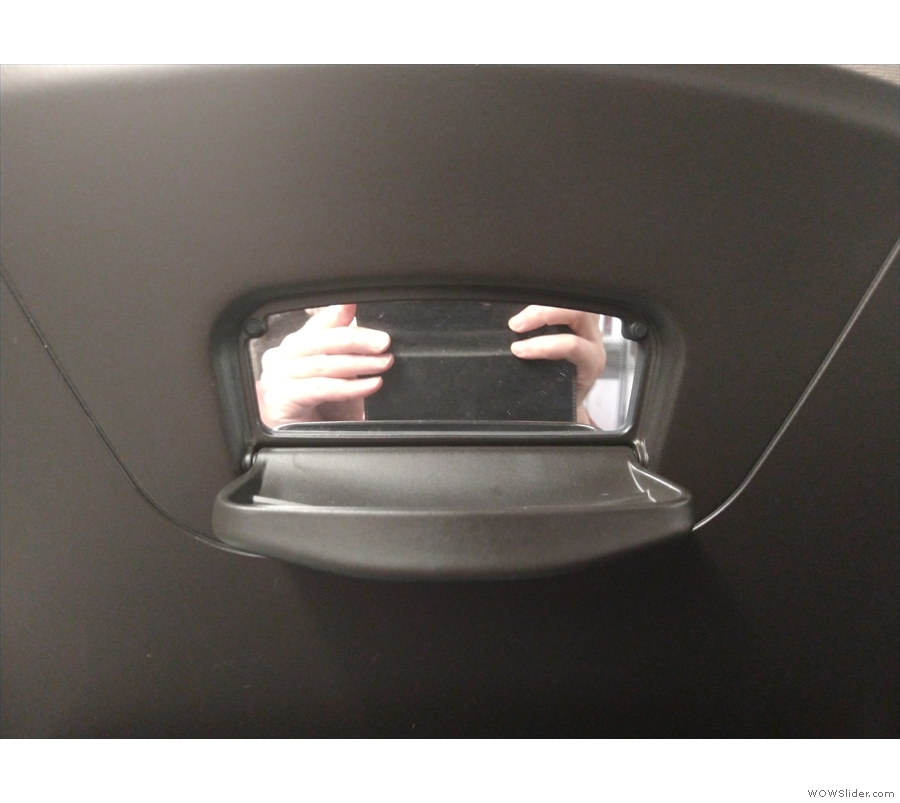
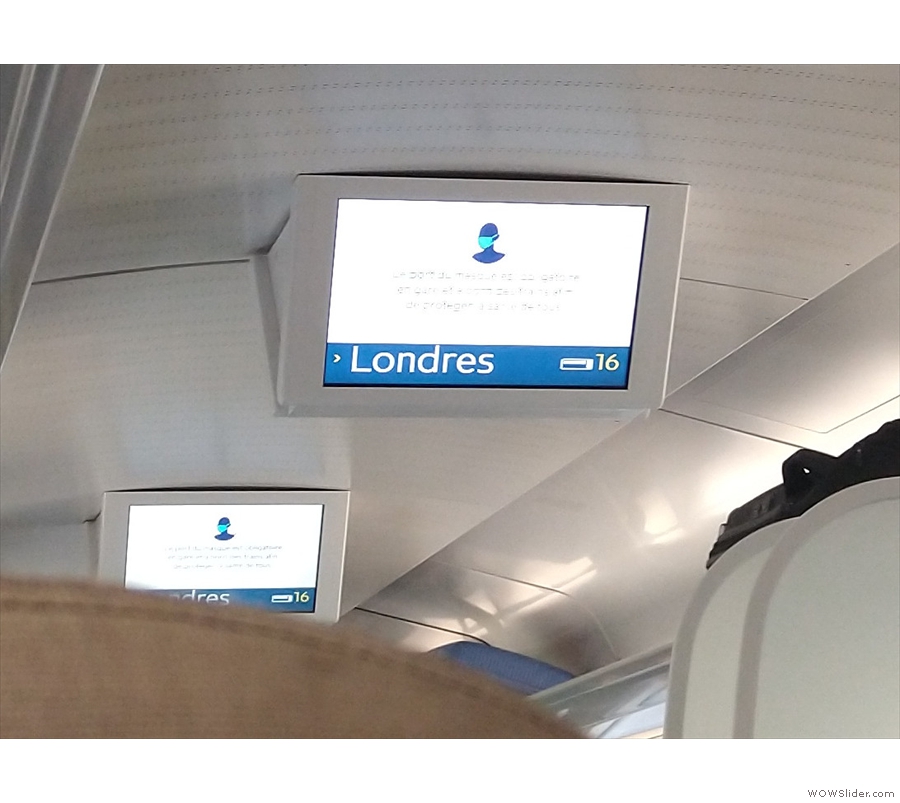
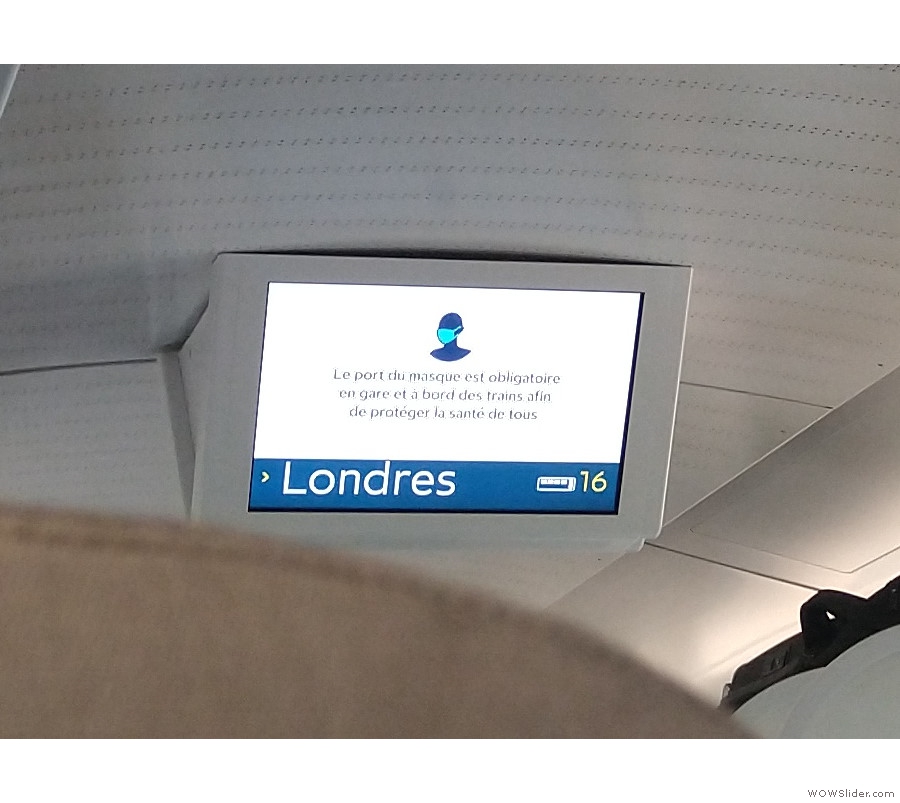
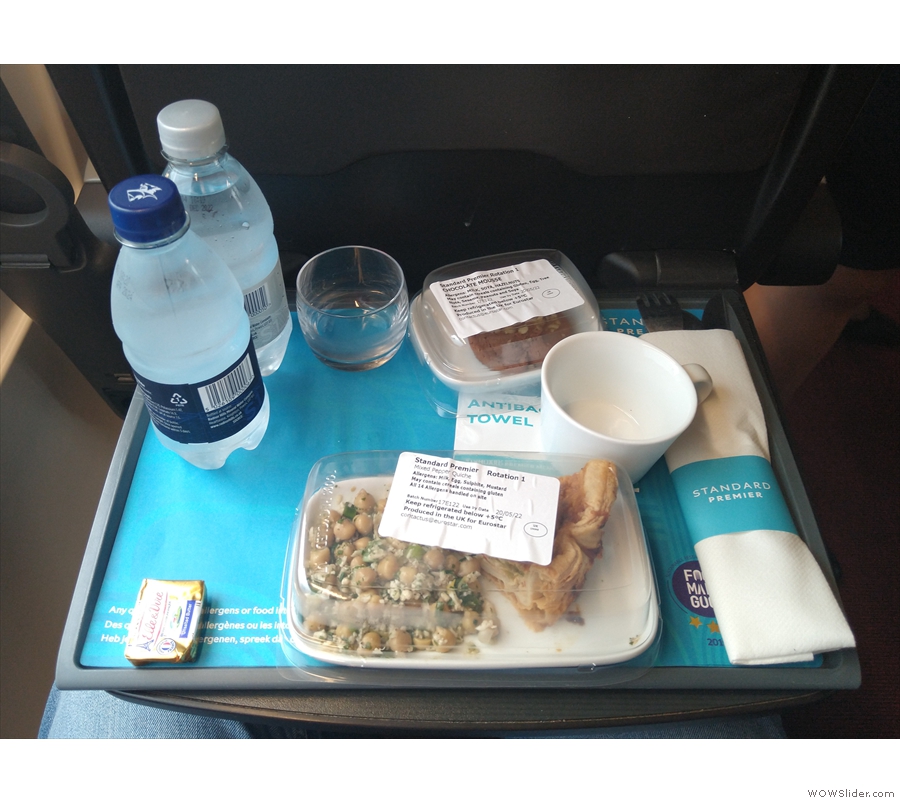

 1
1 2
2 3
3 4
4 5
5 6
6 7
7 8
8 9
9 10
10 11
11 12
12 13
13 14
14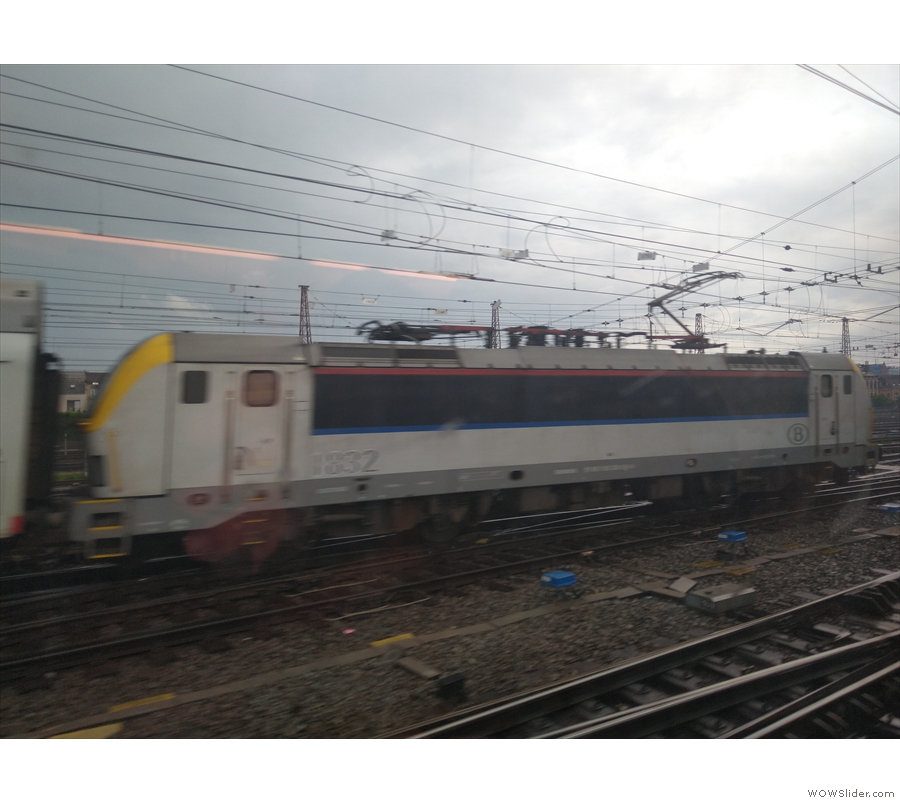
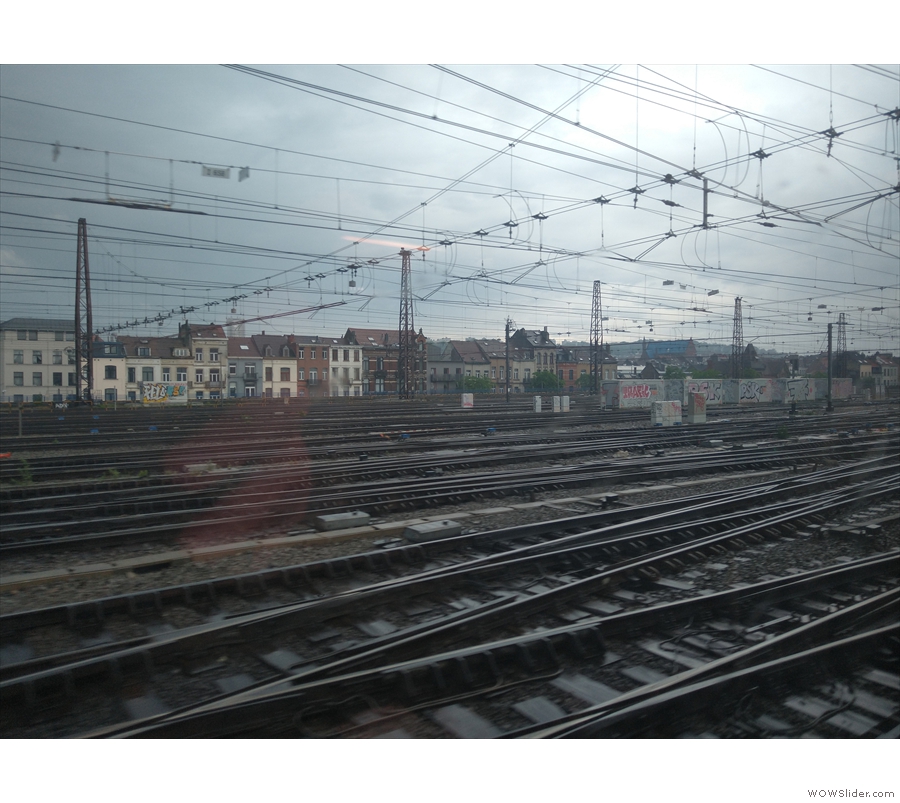
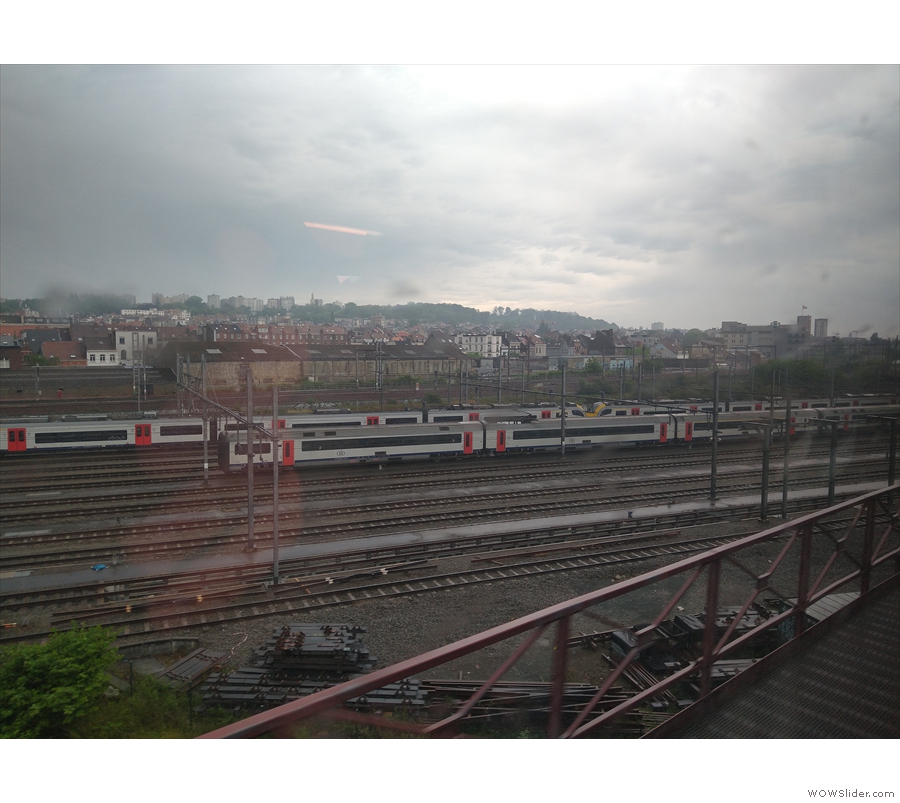
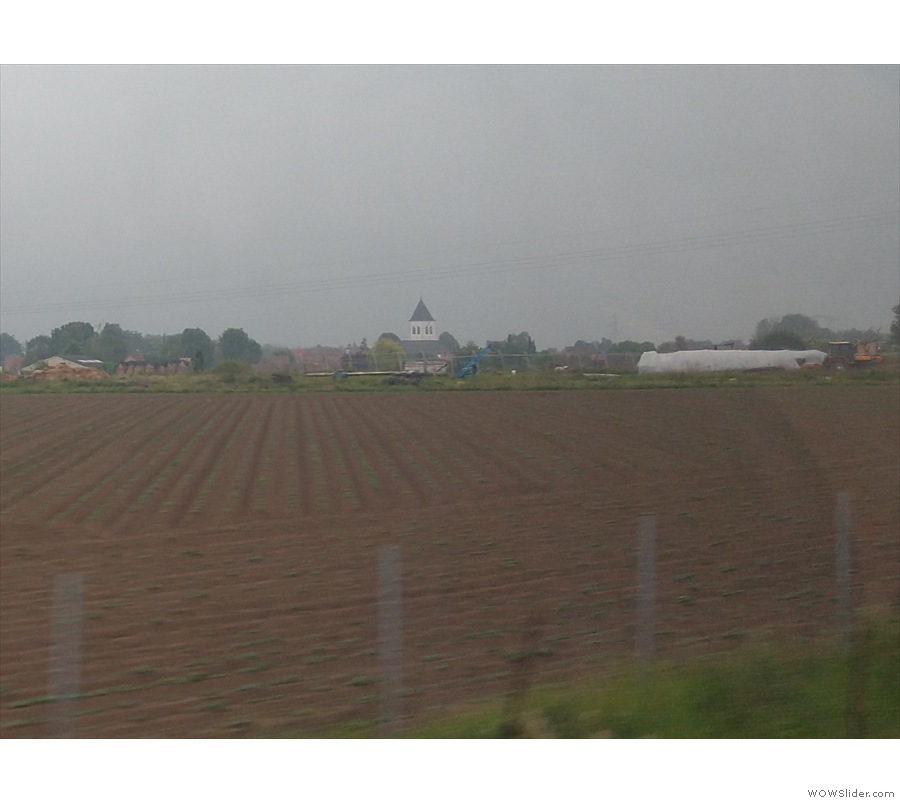
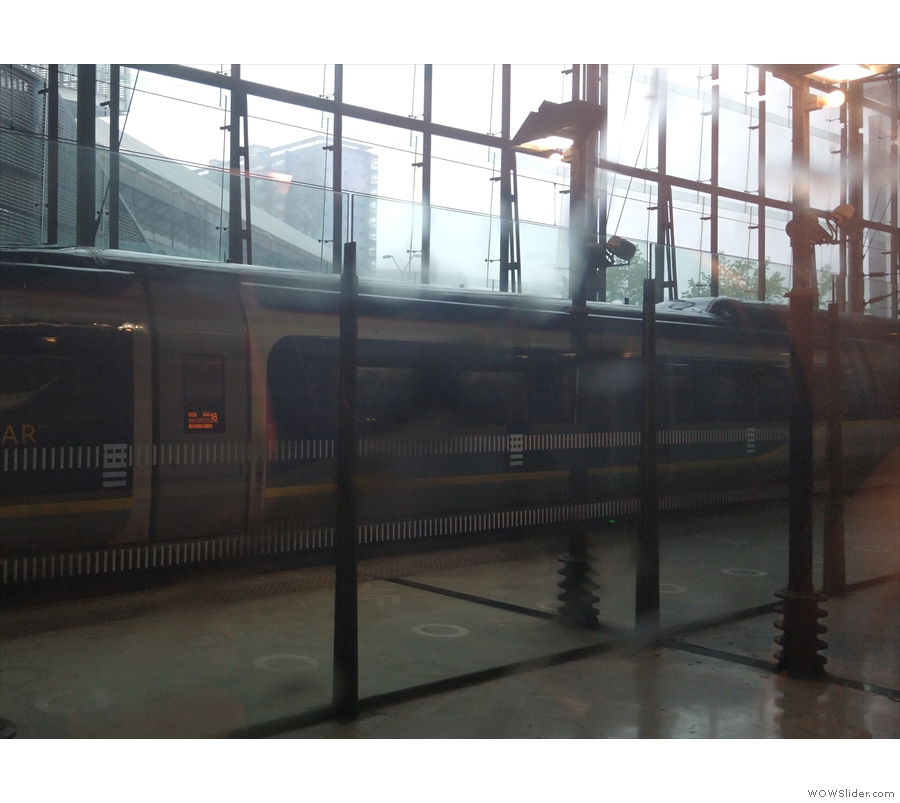
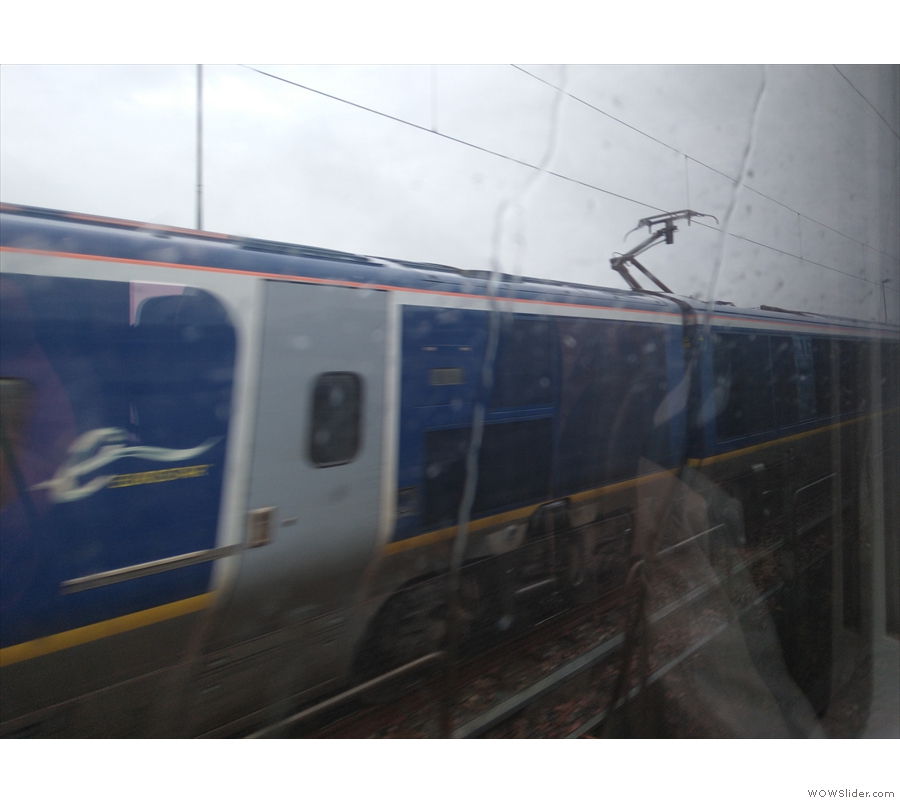
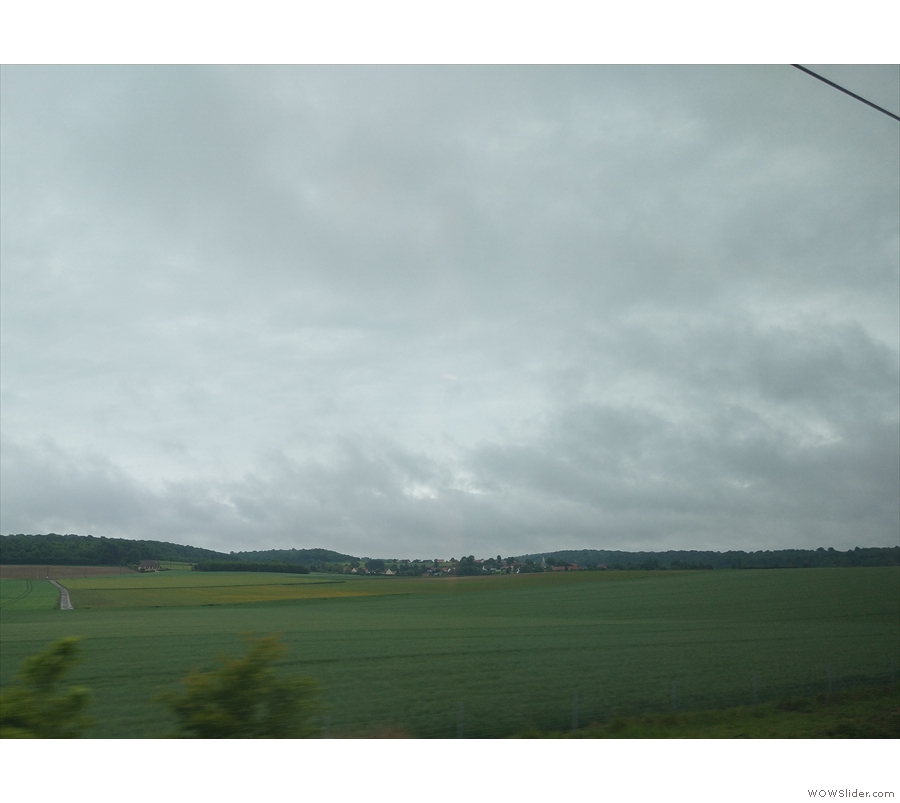
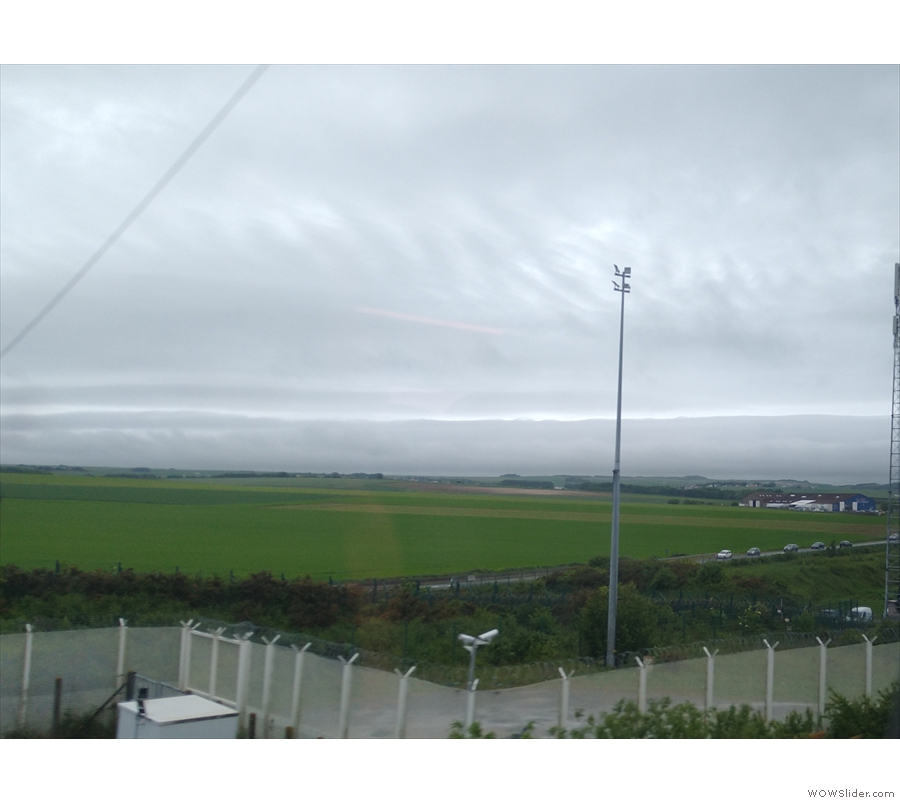
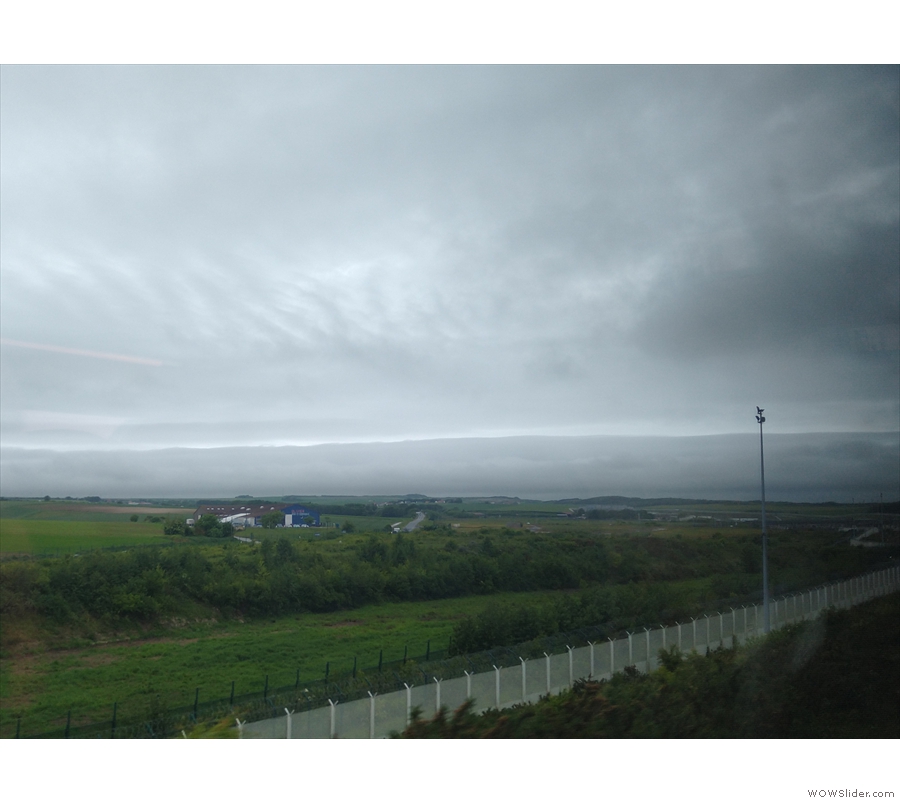
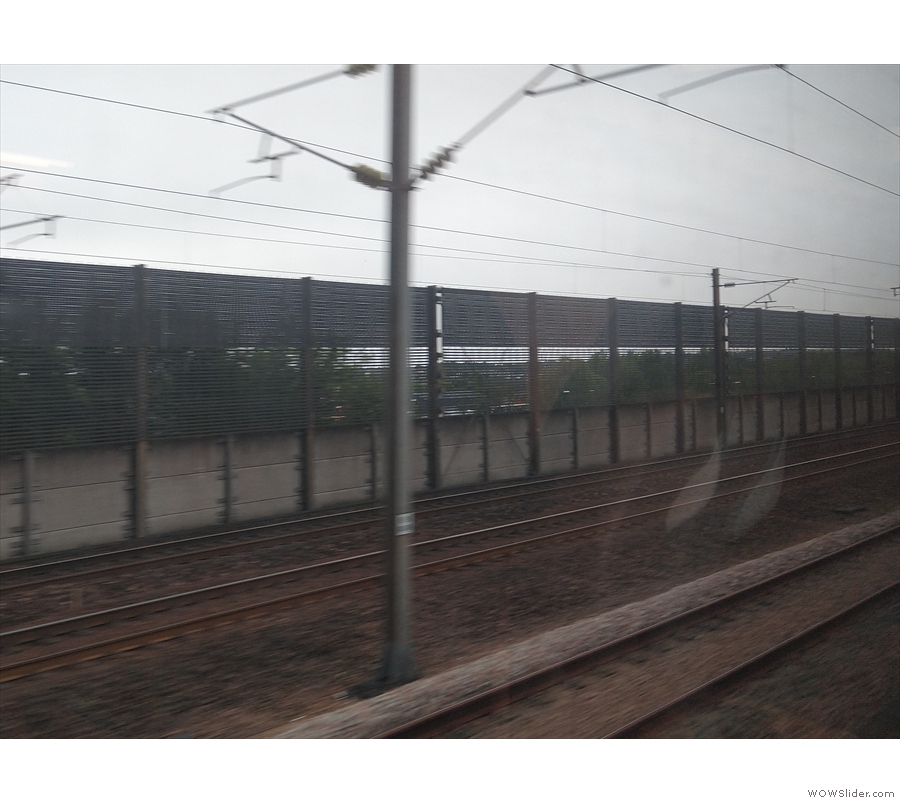
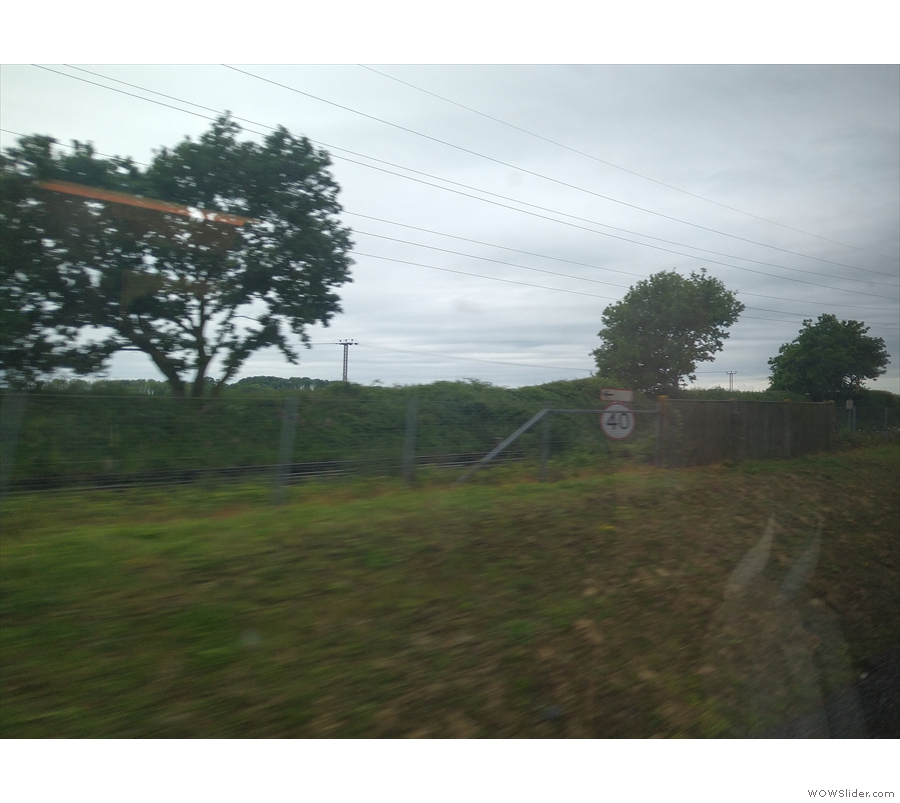
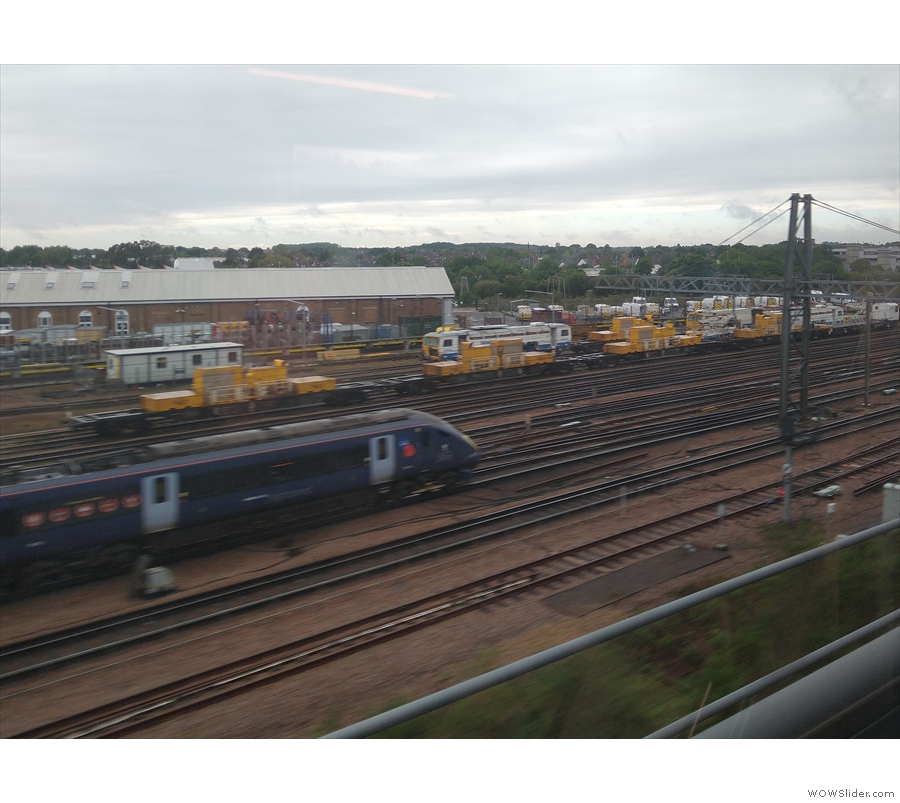
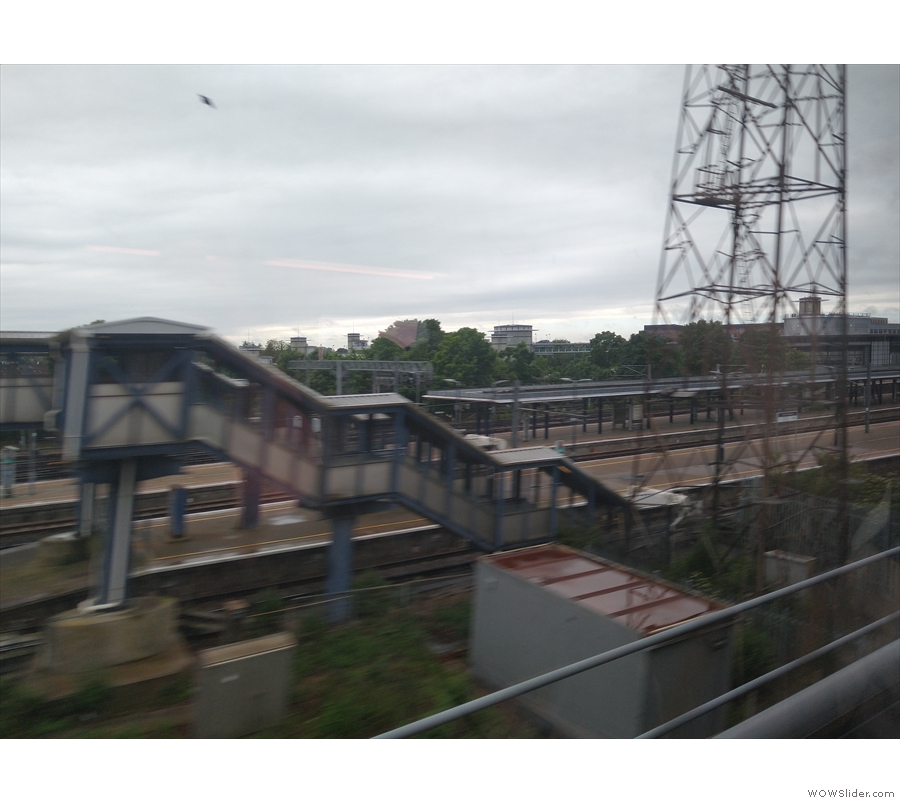
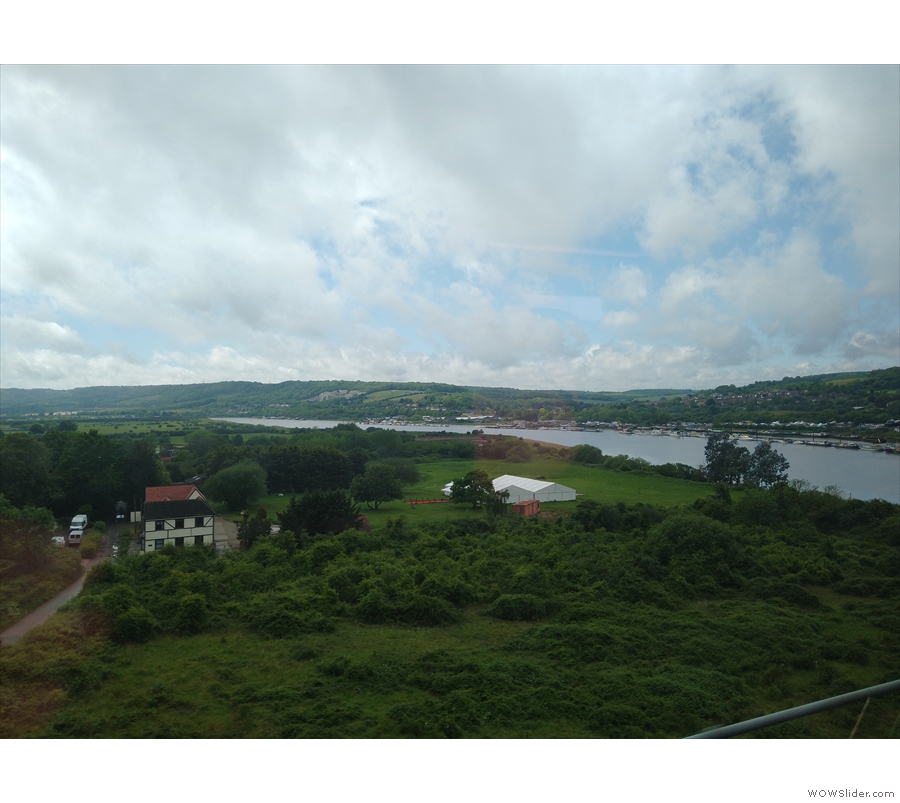
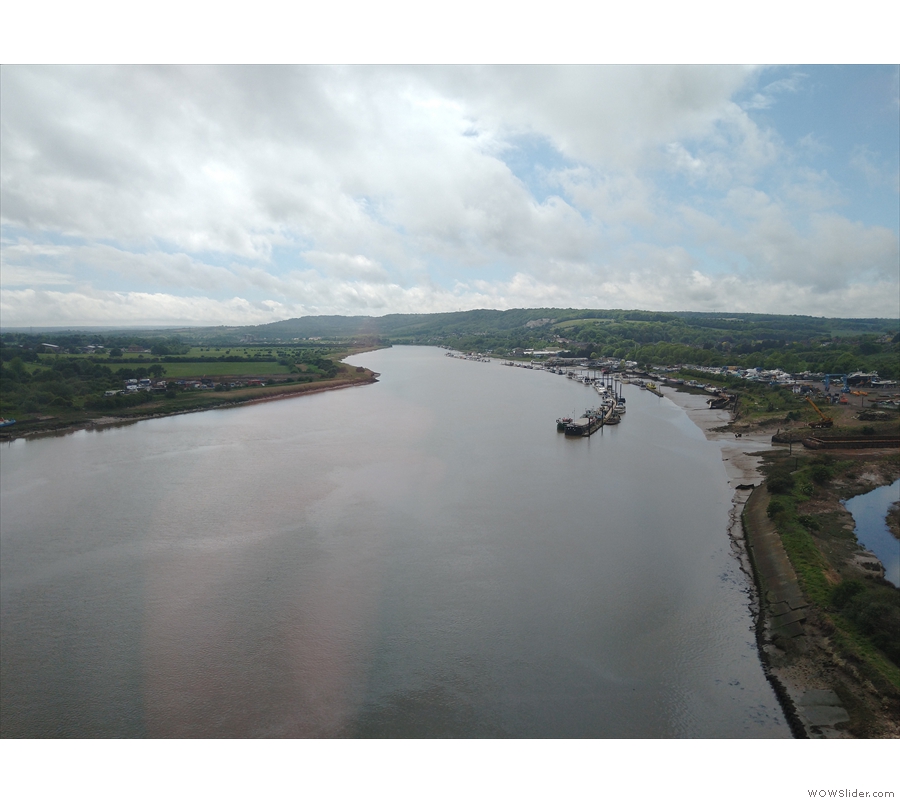
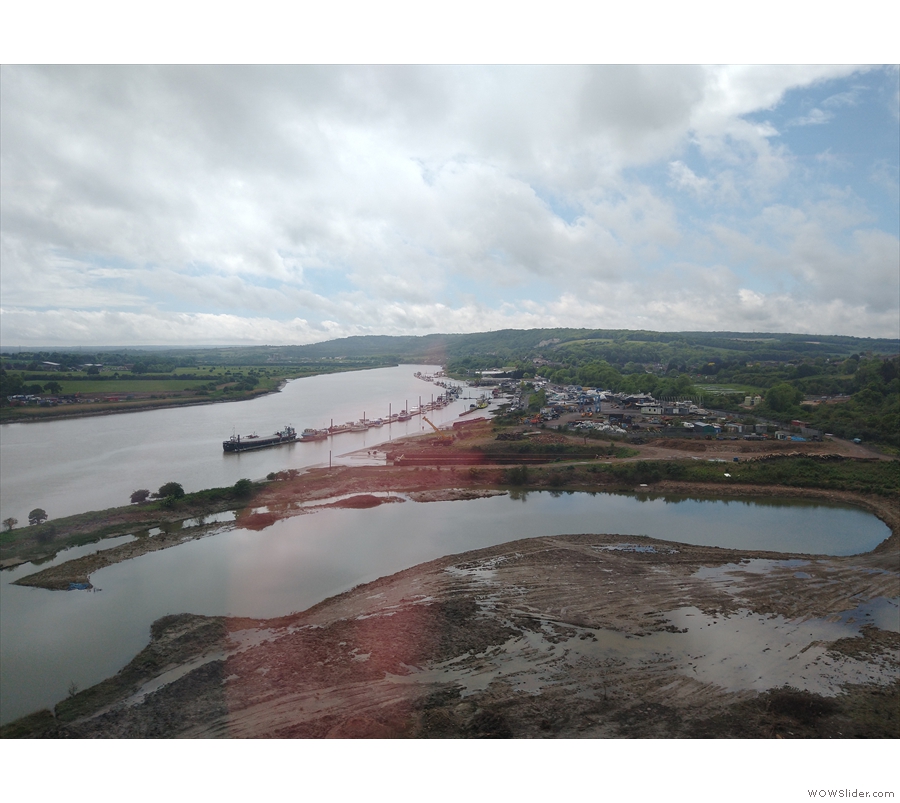
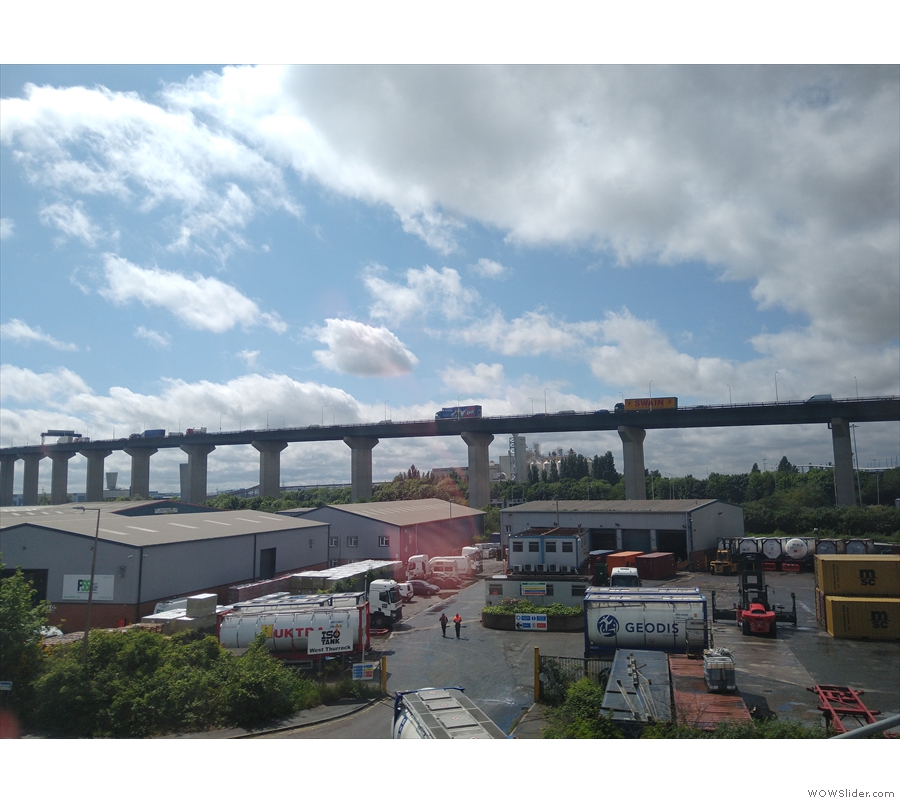
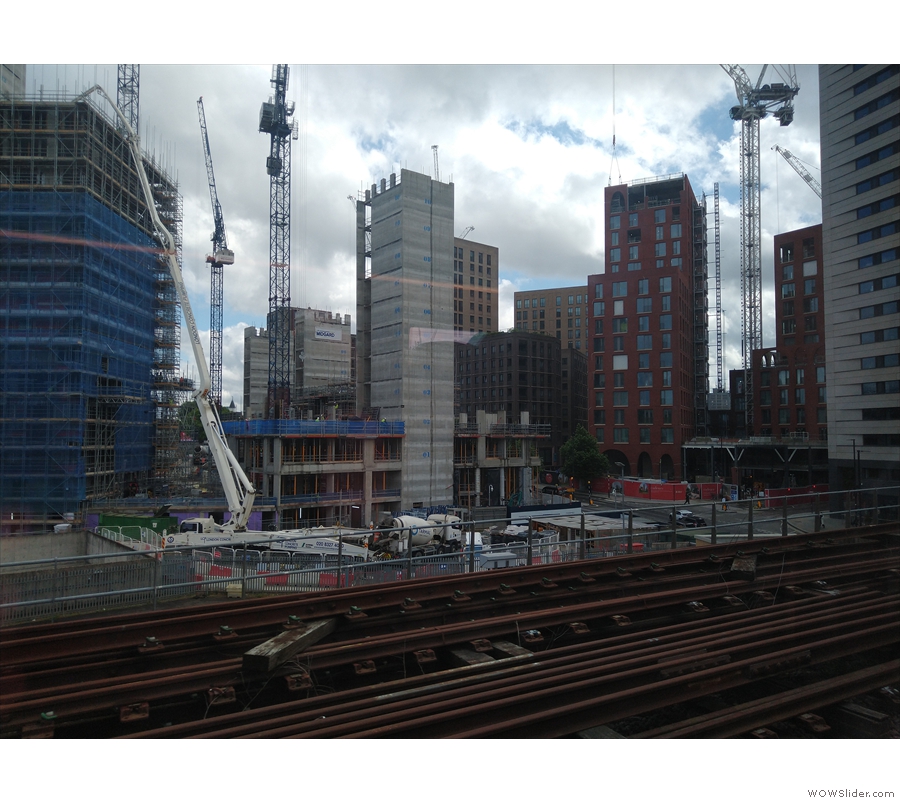
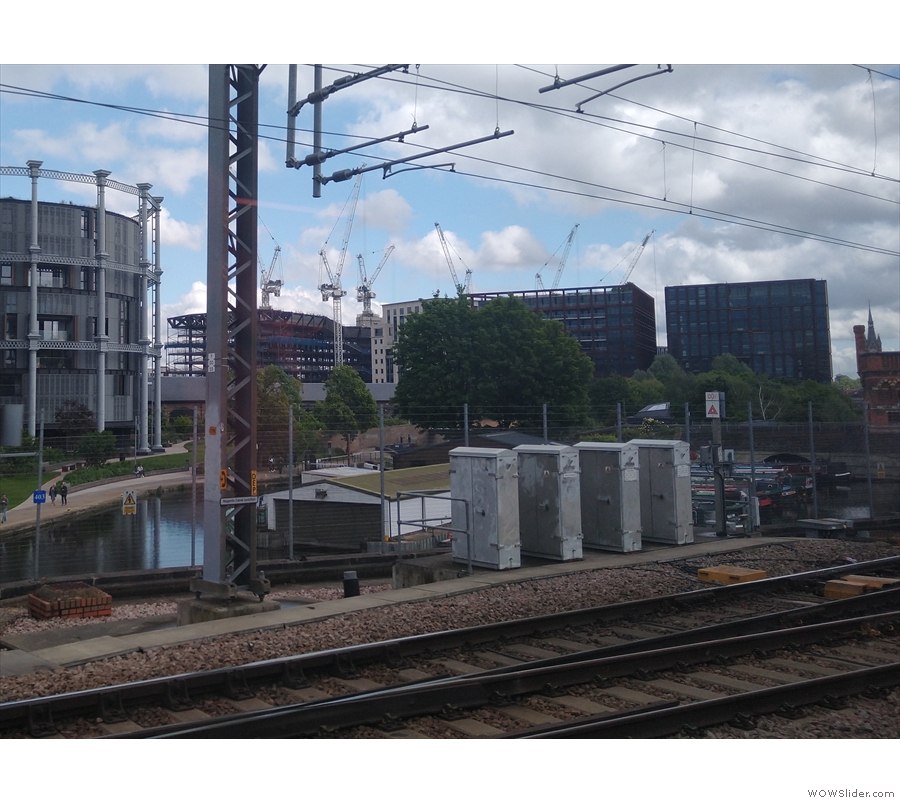
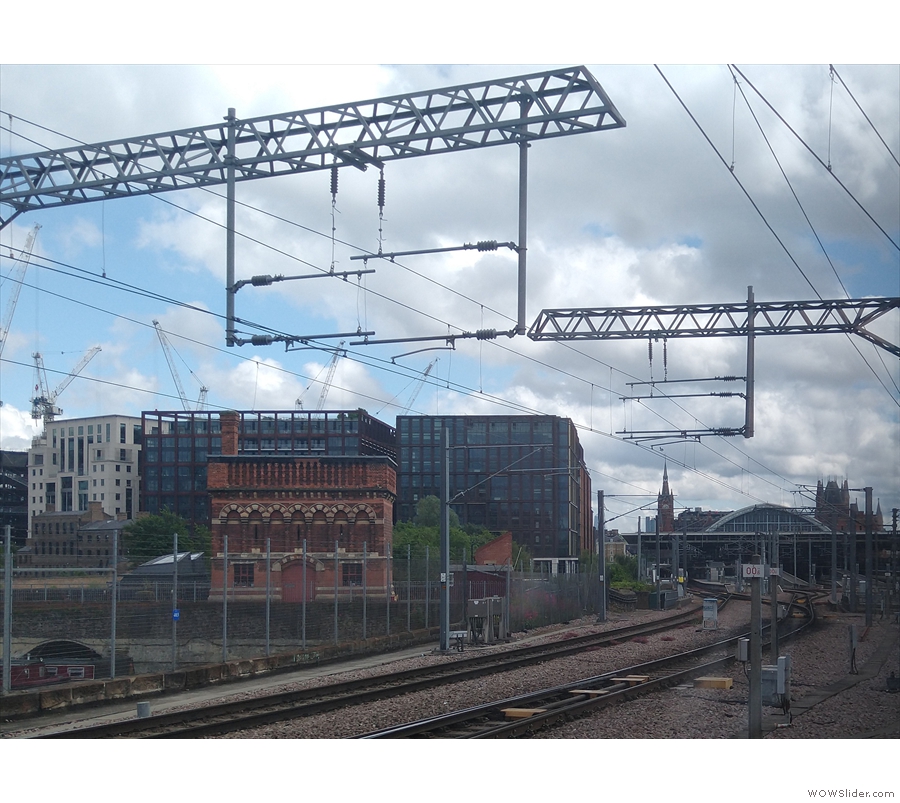
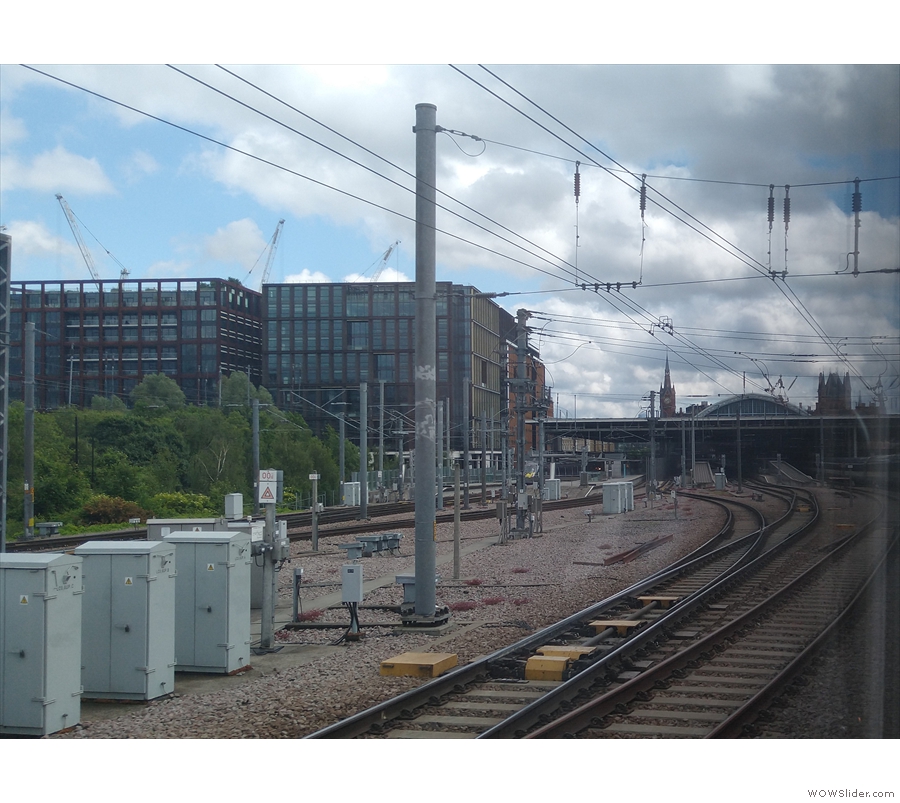
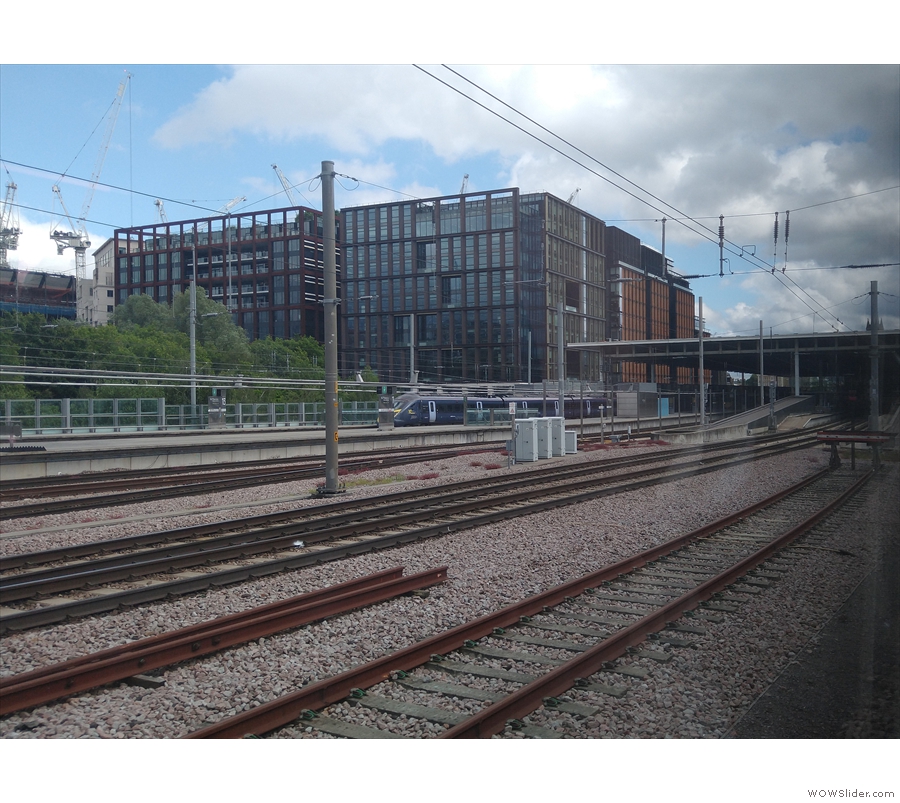
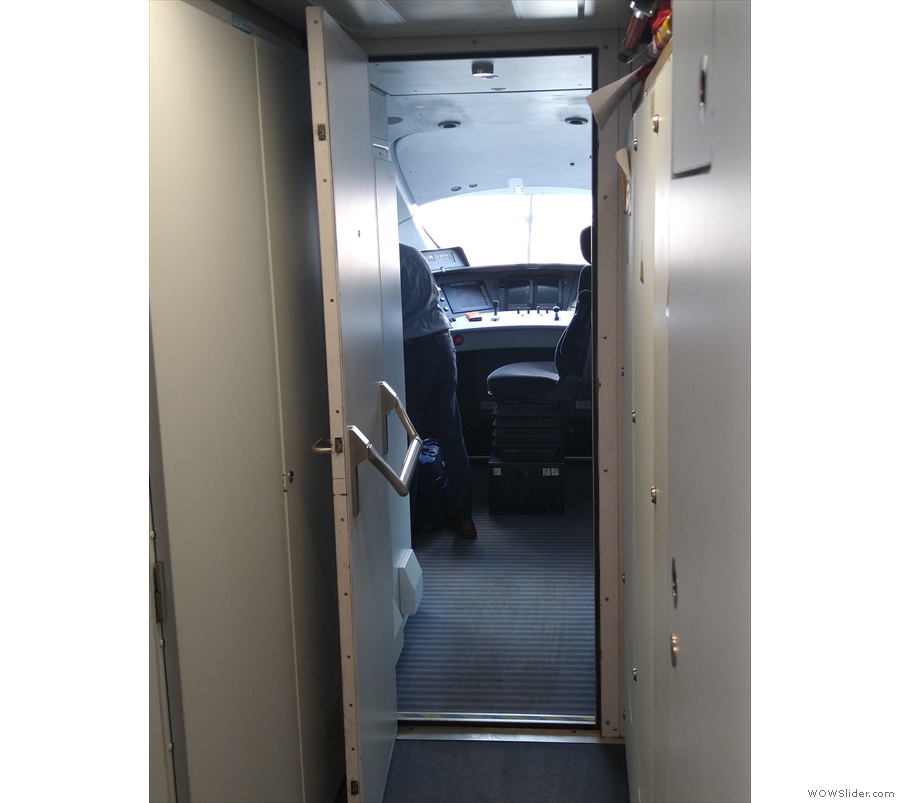
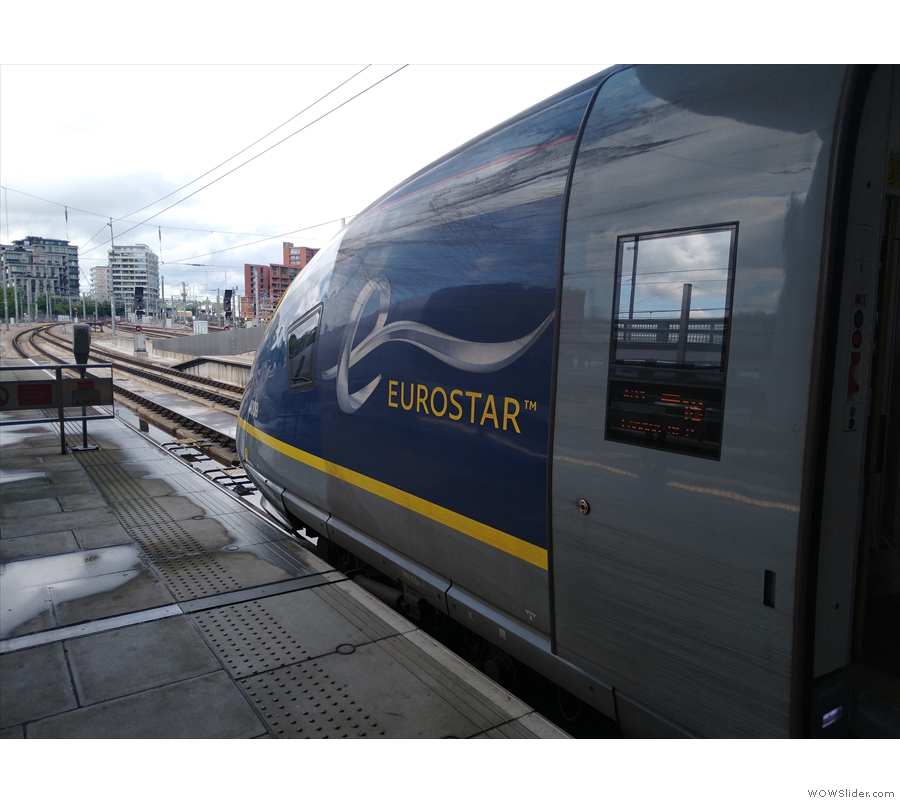
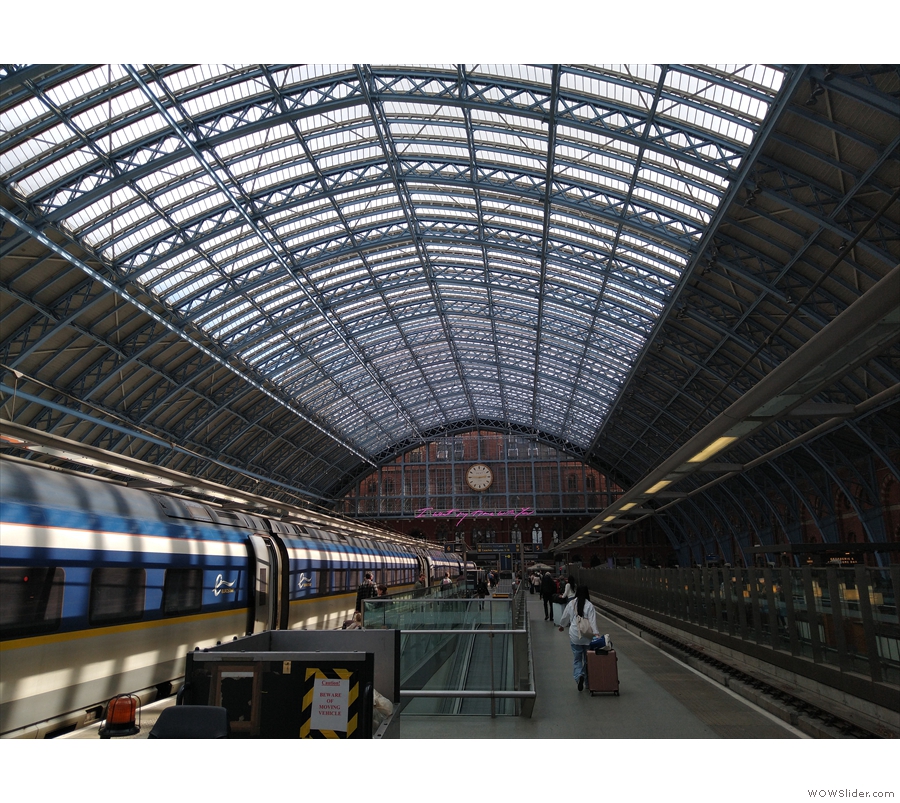
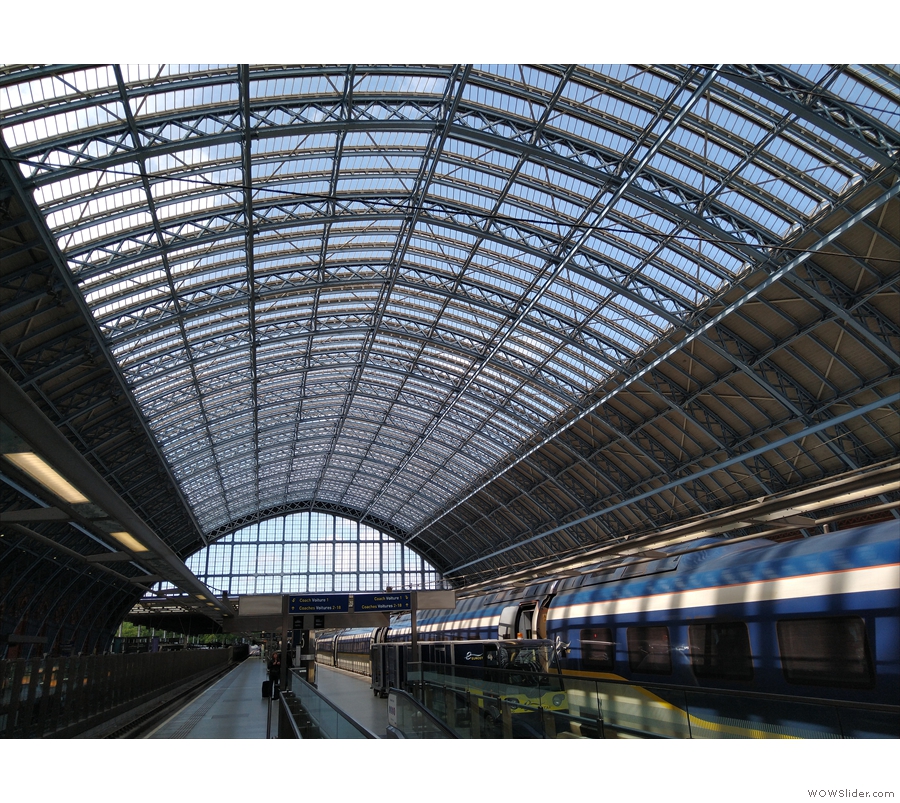
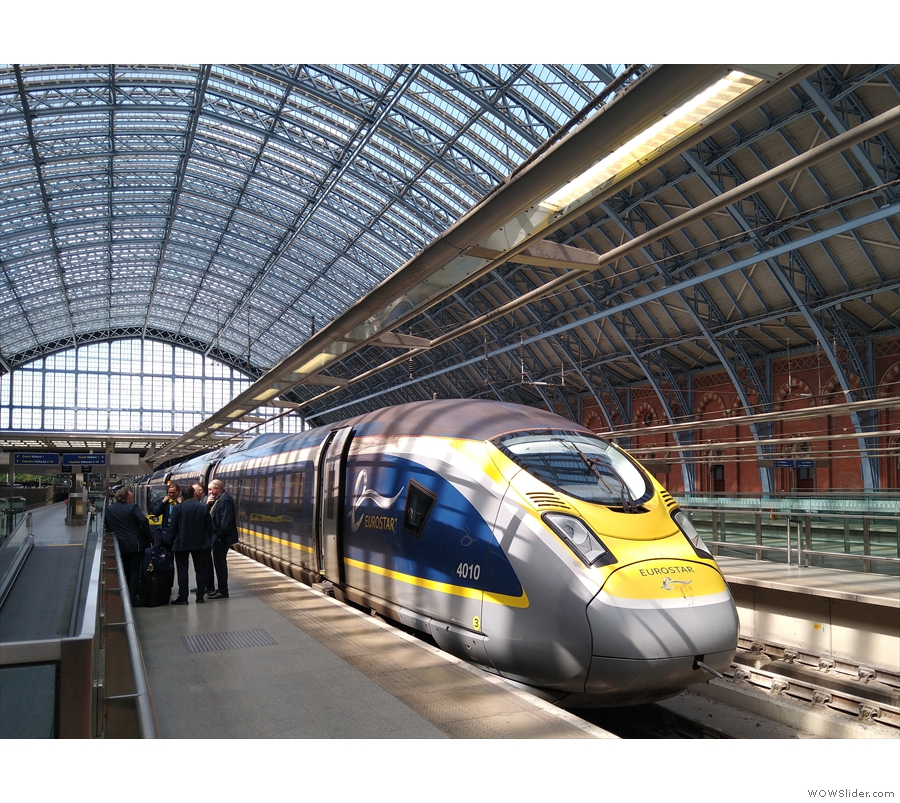
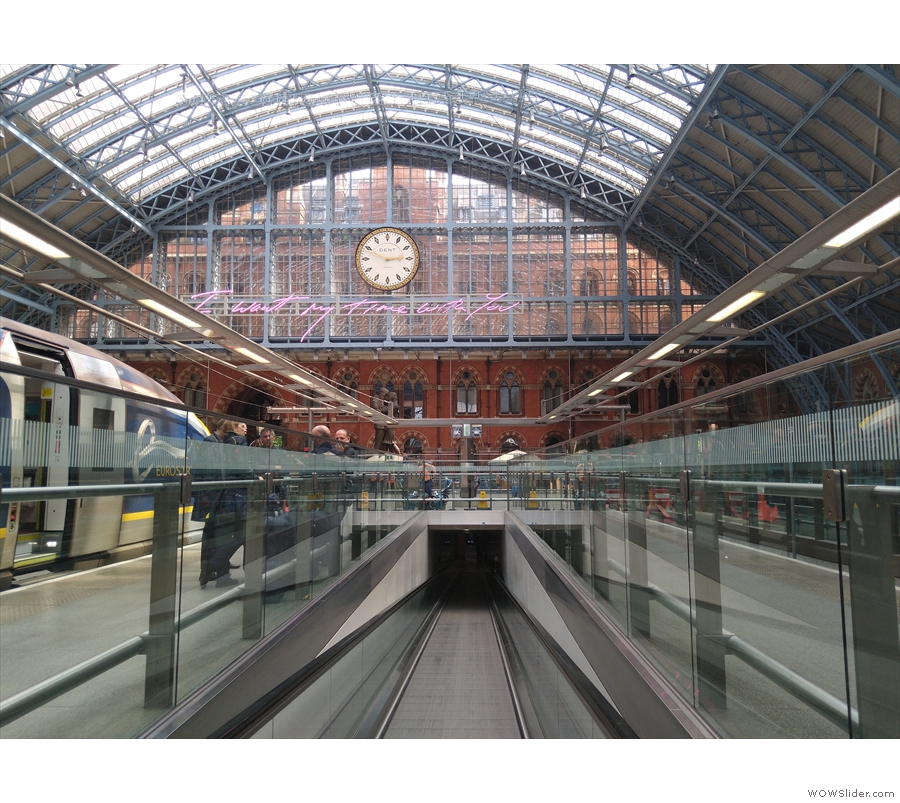
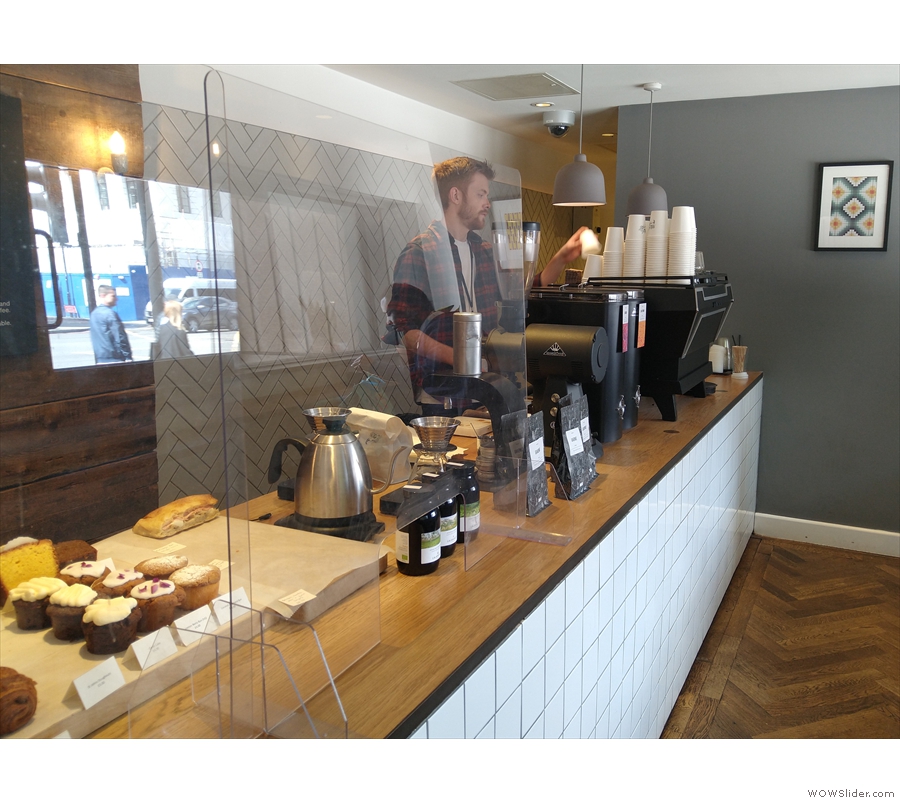
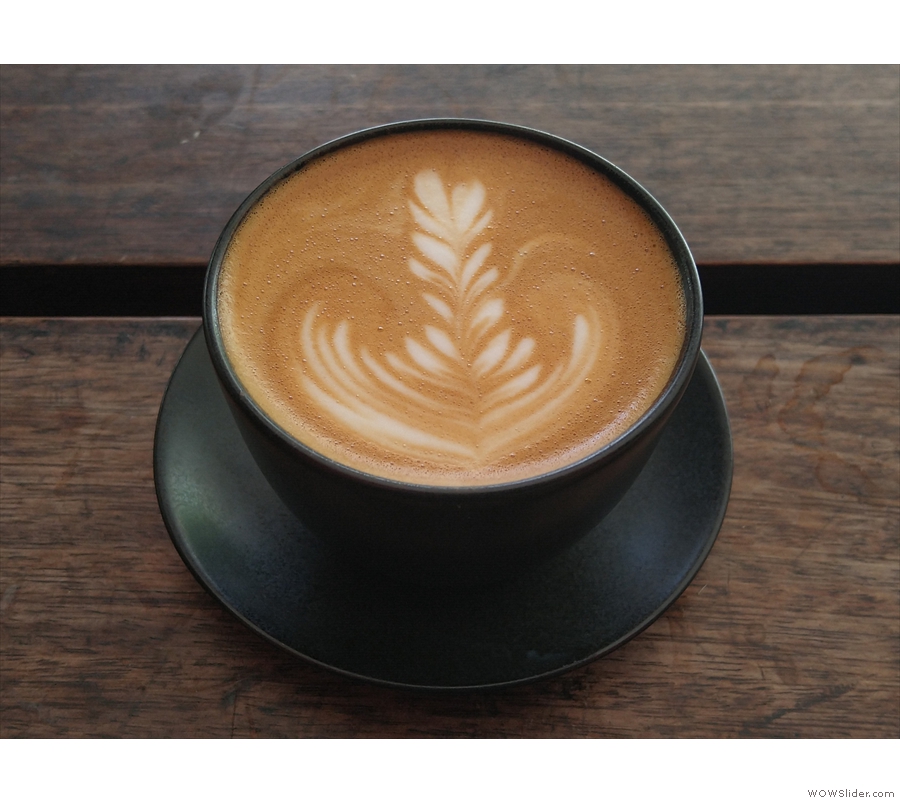

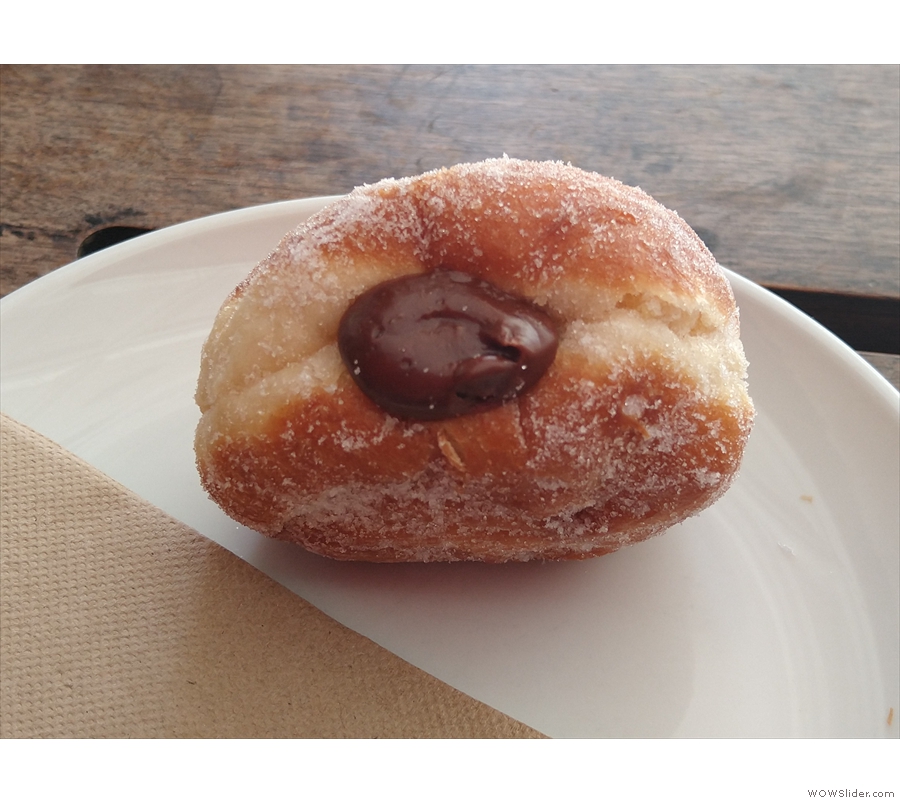
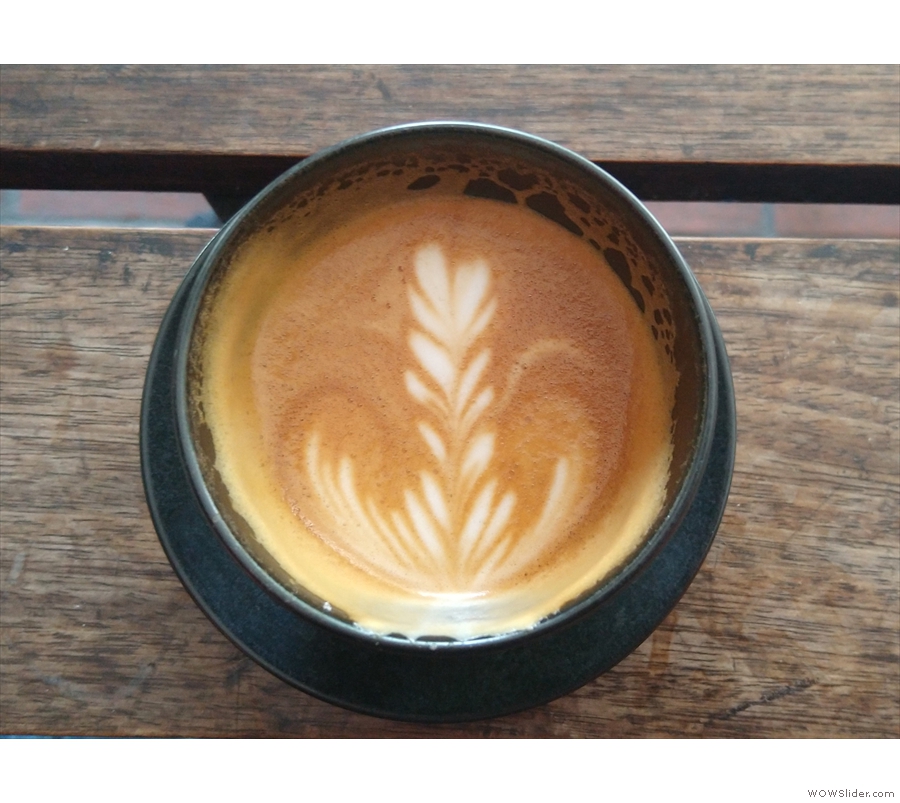
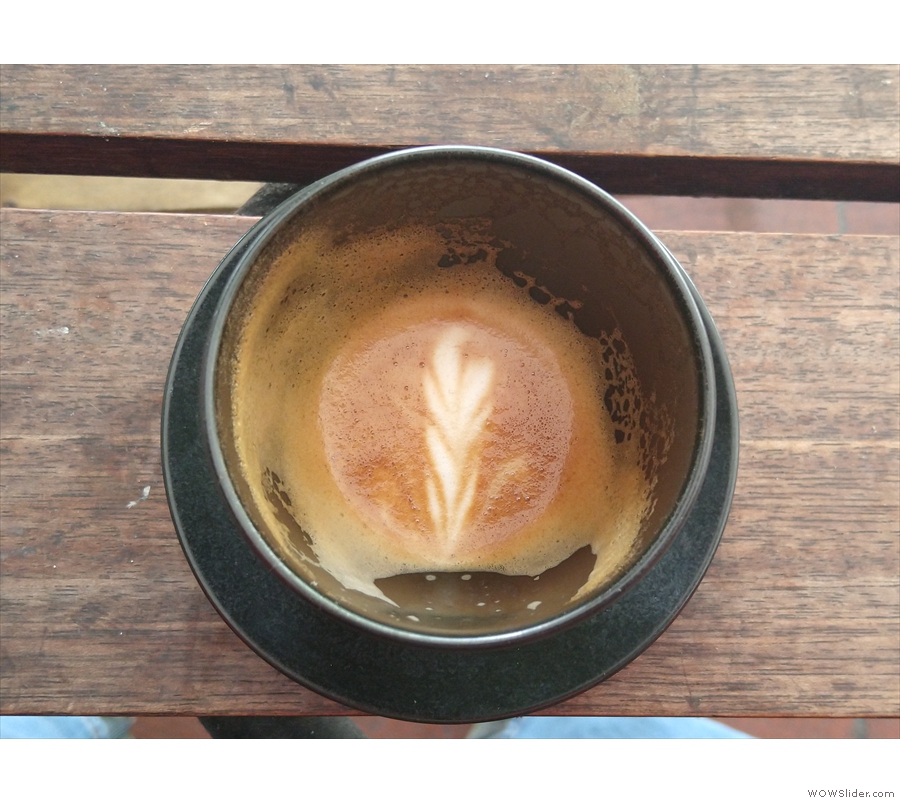
 1
1 2
2 3
3 4
4 5
5 6
6 7
7 8
8 9
9 10
10 11
11 12
12 13
13 14
14 15
15 16
16 17
17 18
18 19
19 20
20 21
21 22
22 23
23 24
24 25
25 26
26 27
27 28
28 29
29 30
30 31
31 32
32 33
33 34
34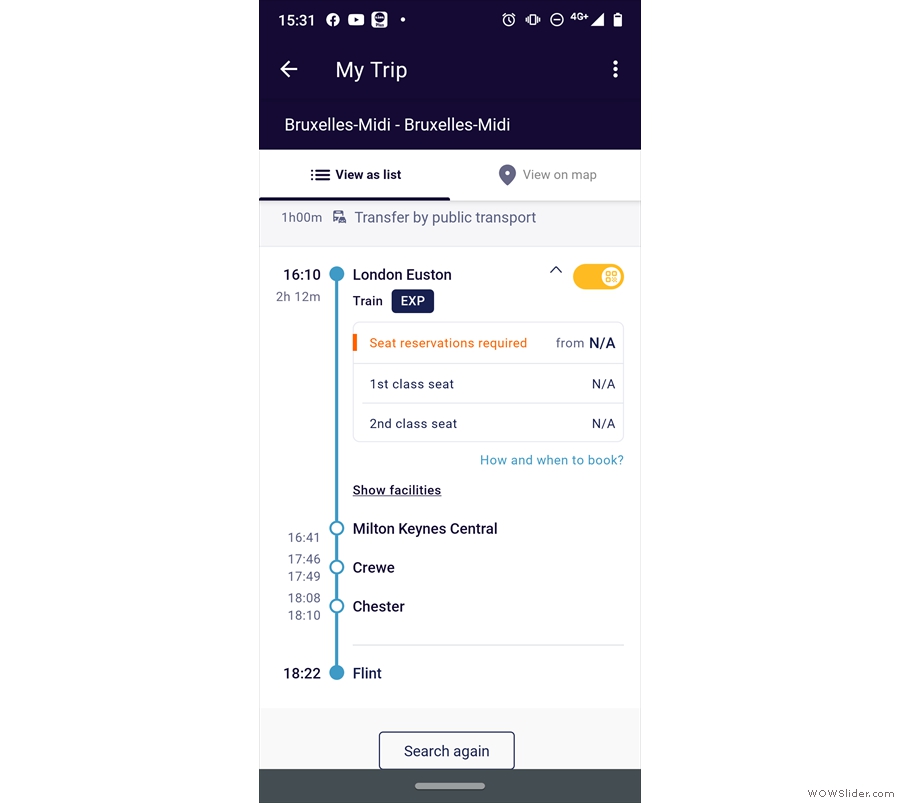
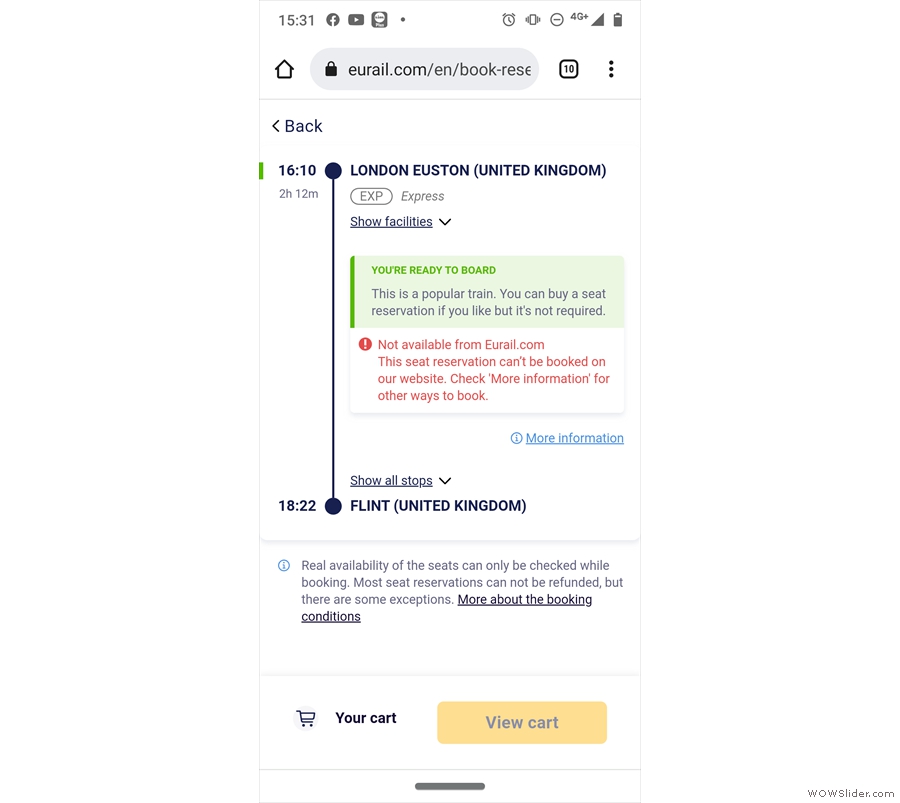
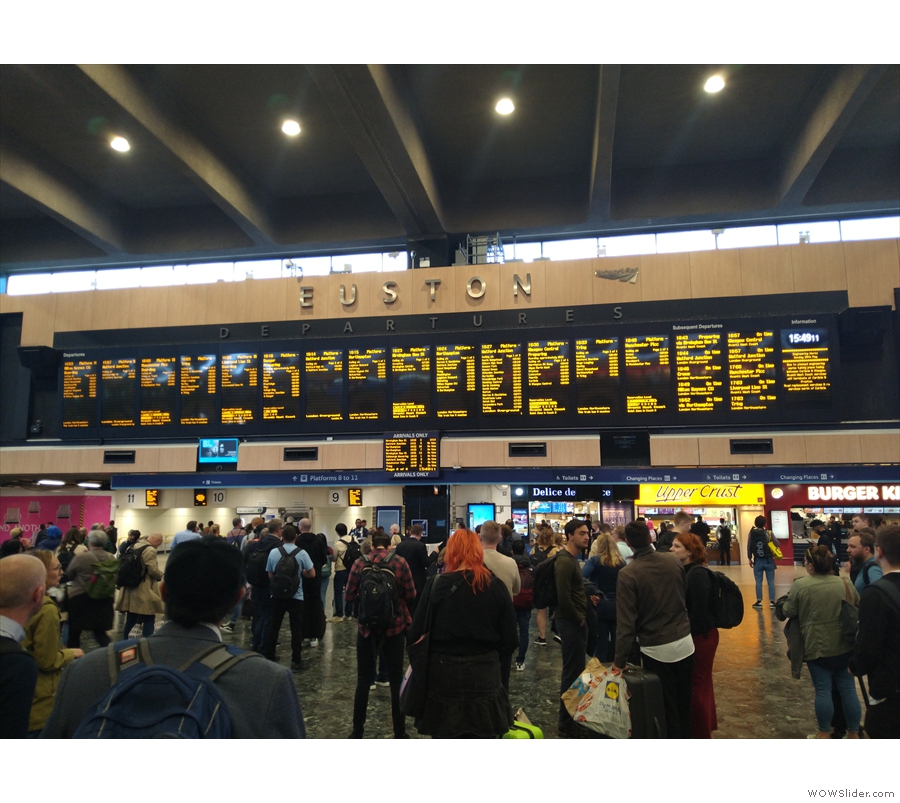
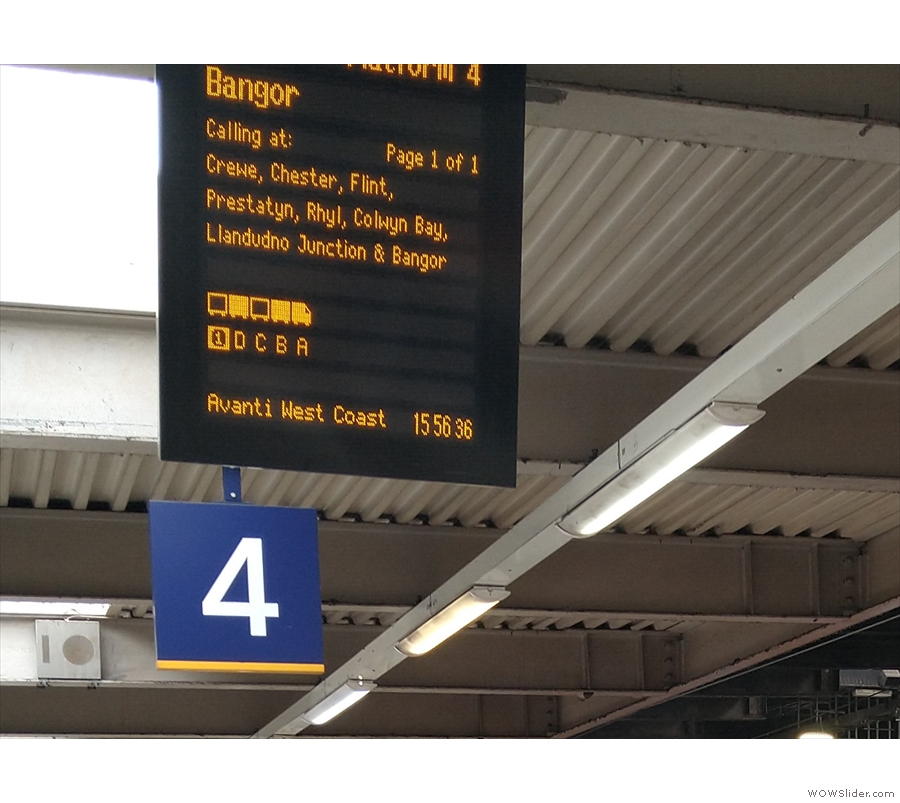
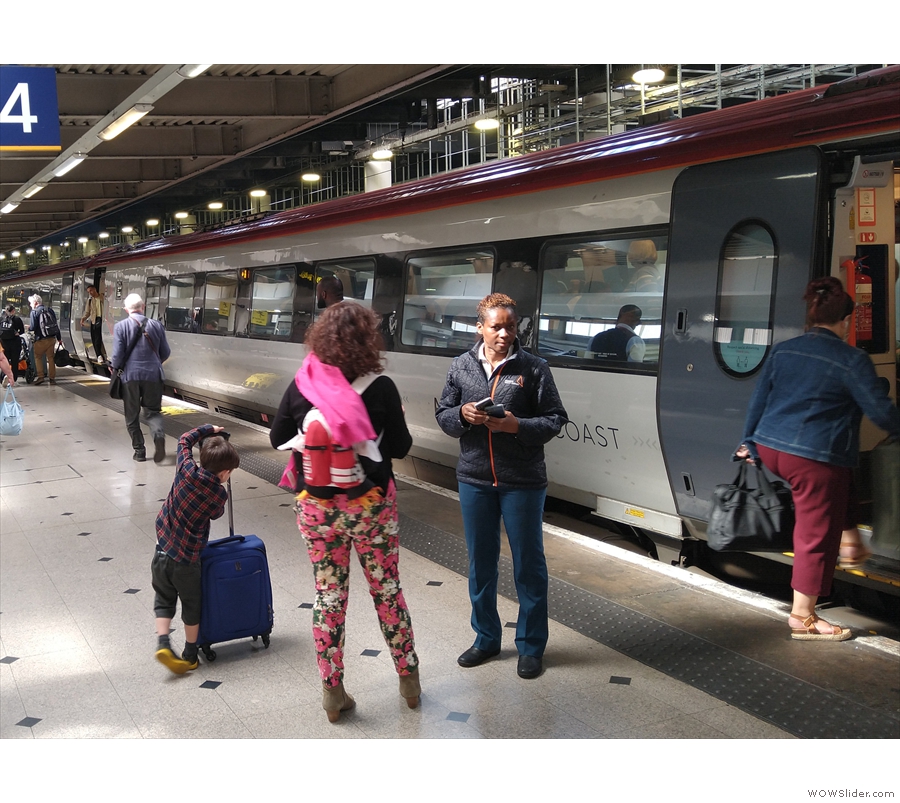
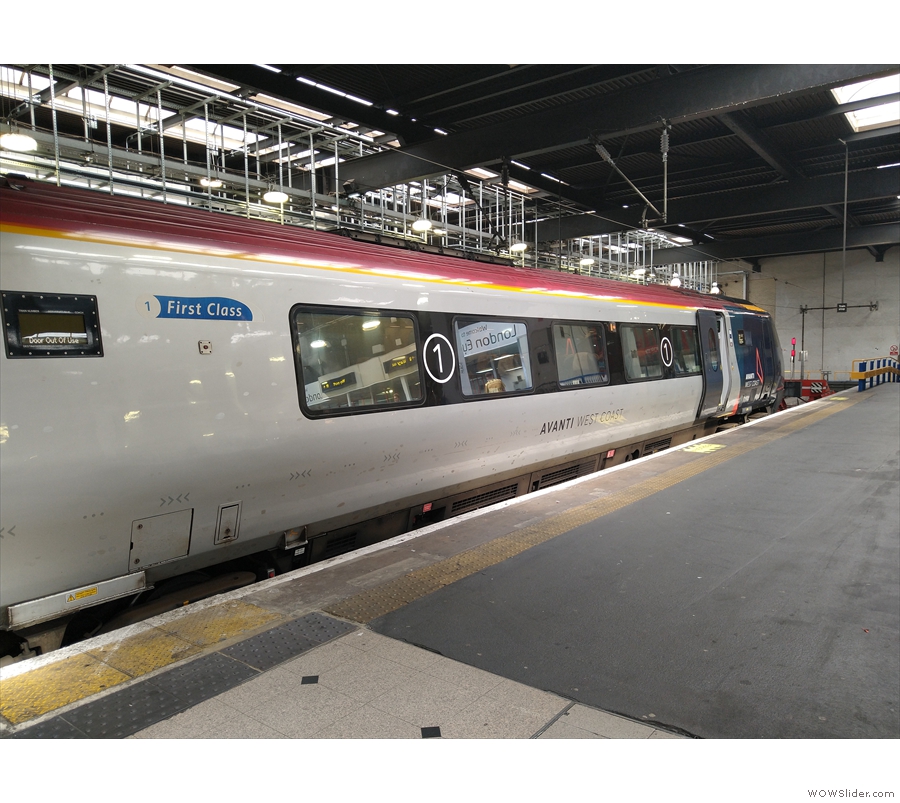
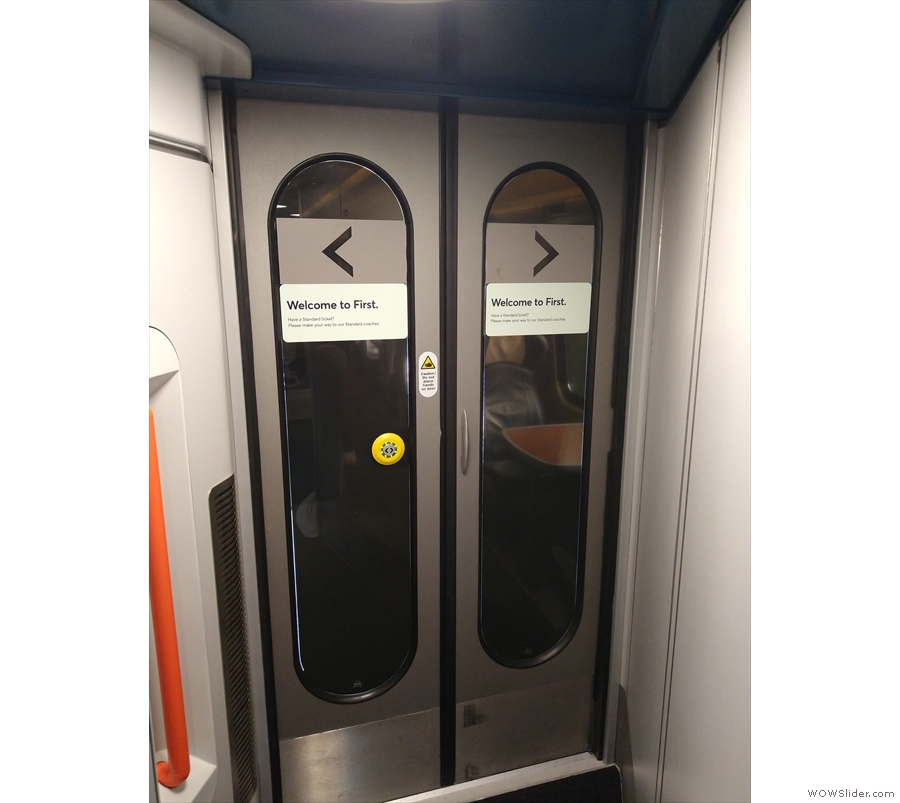
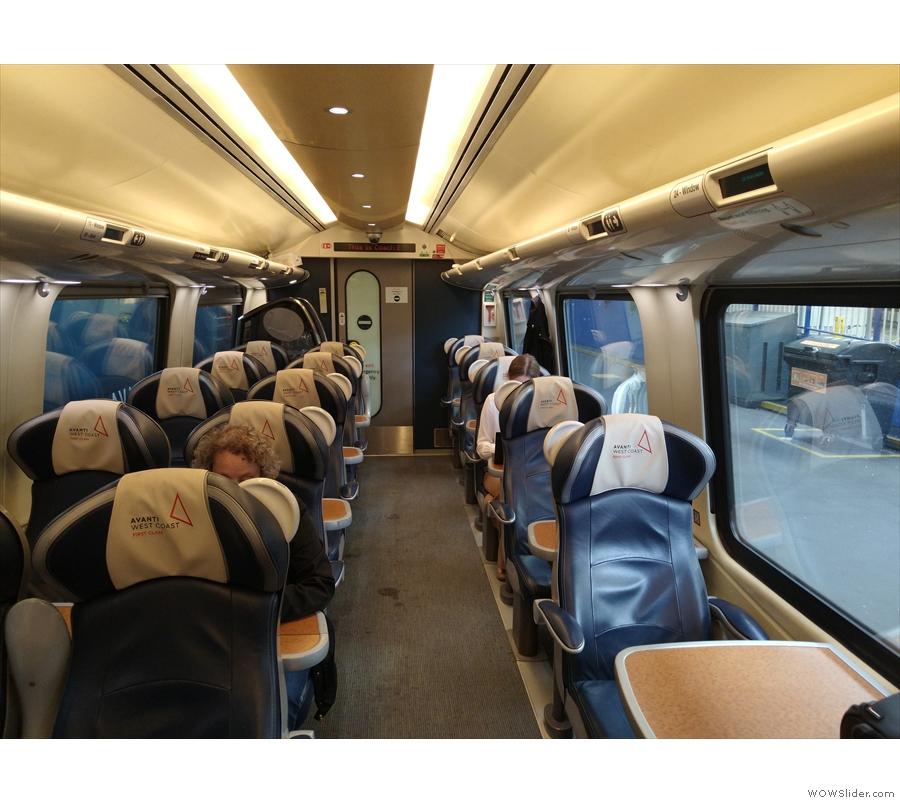
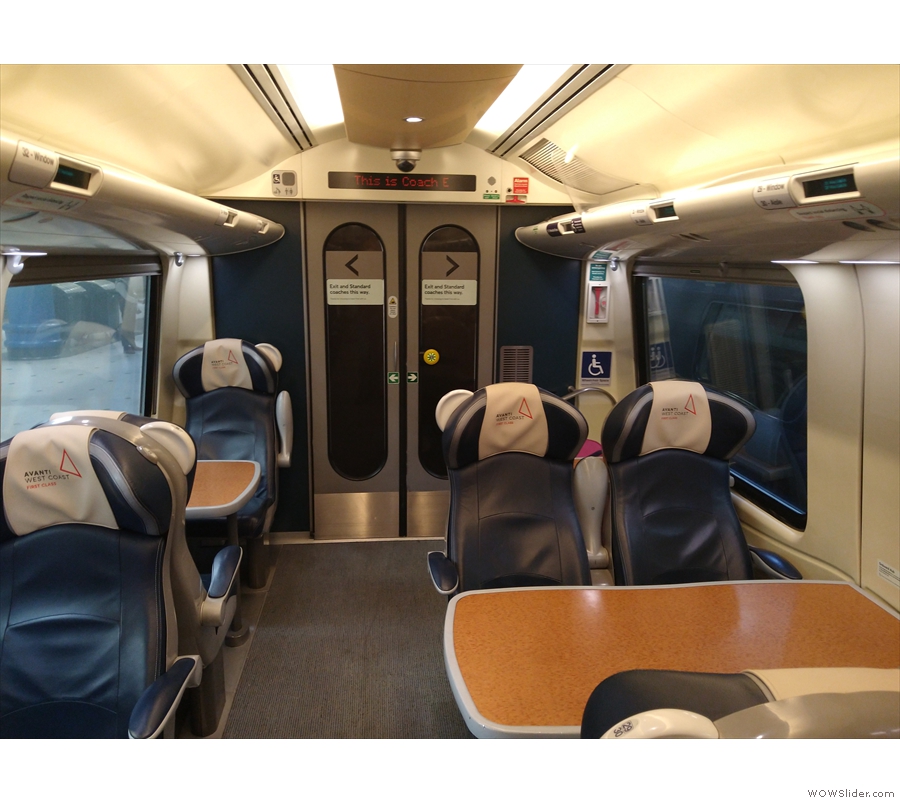
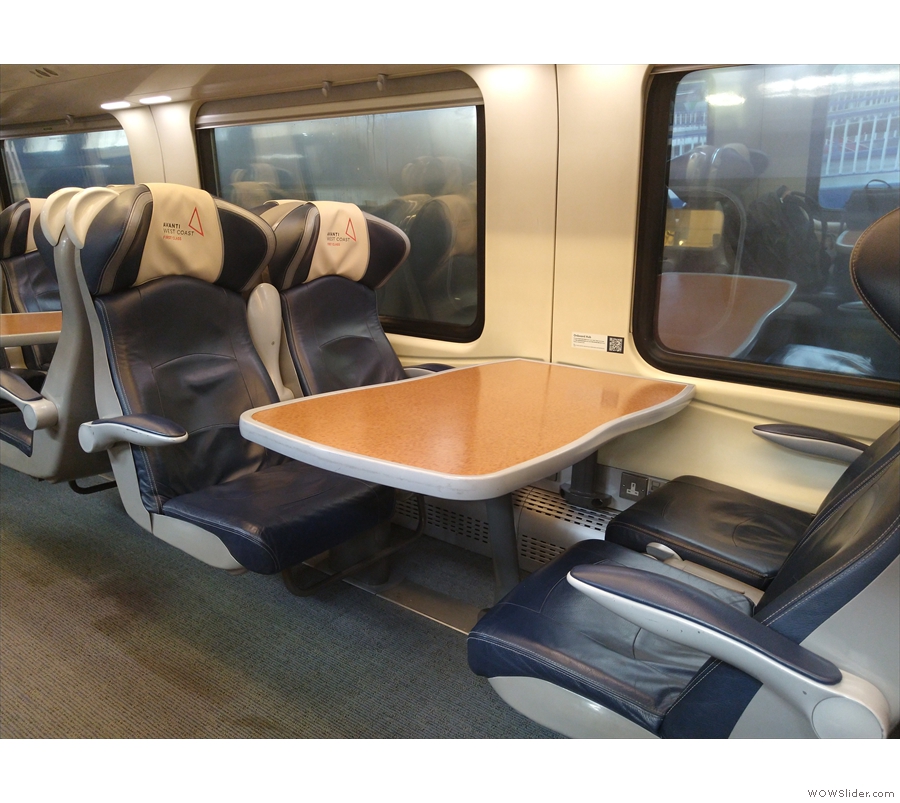
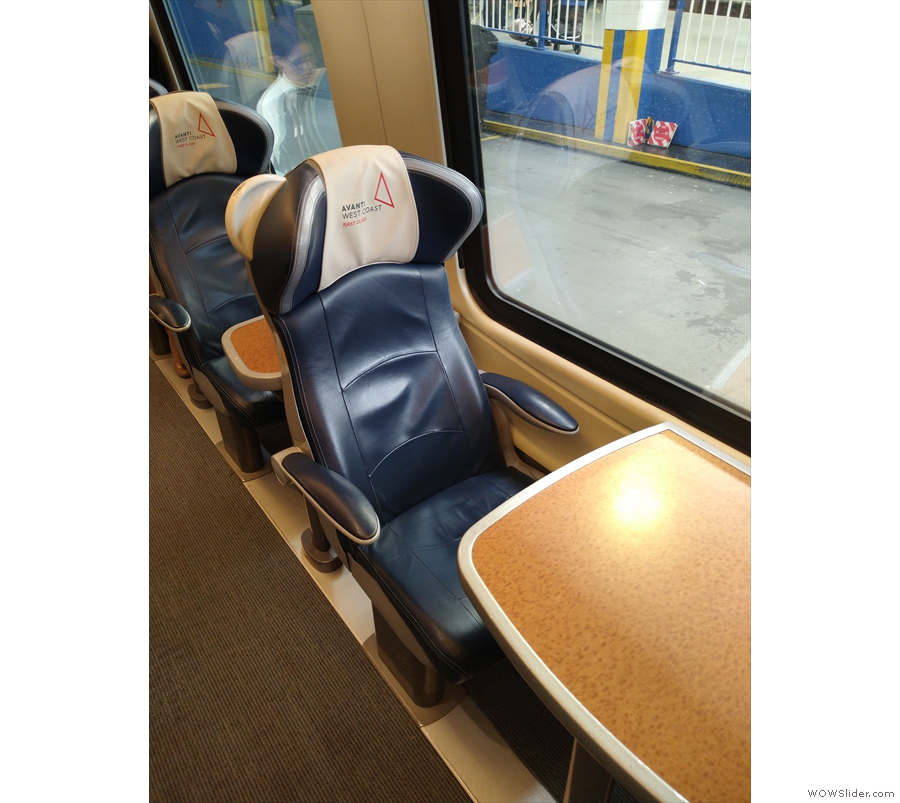
 1
1 2
2 3
3 4
4 5
5 6
6 7
7 8
8 9
9 10
10 11
11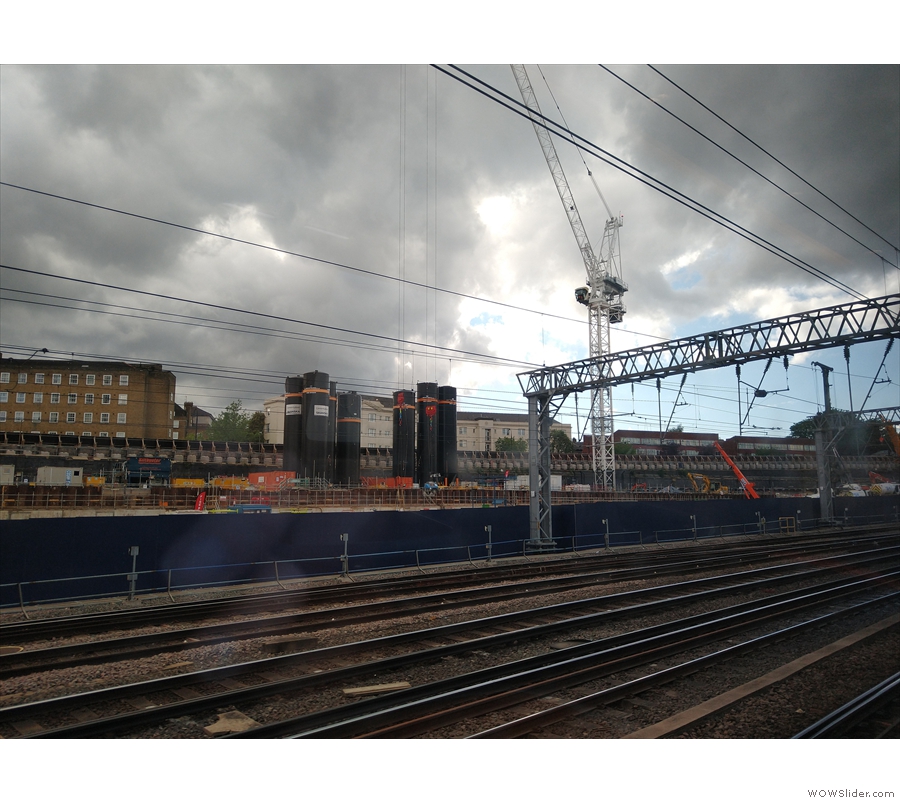
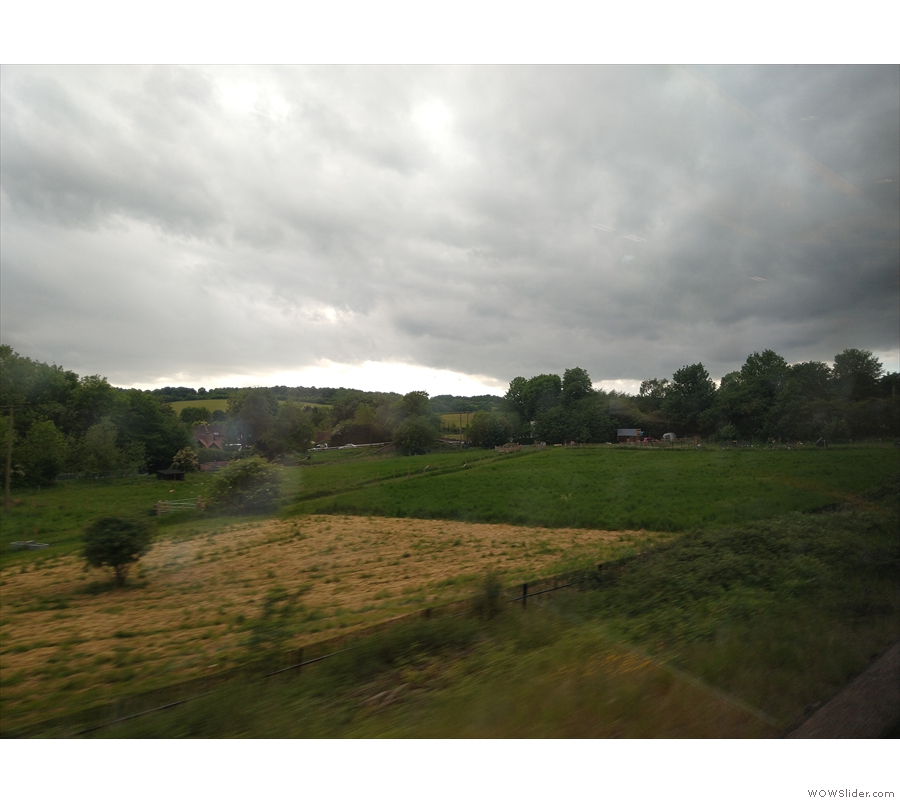
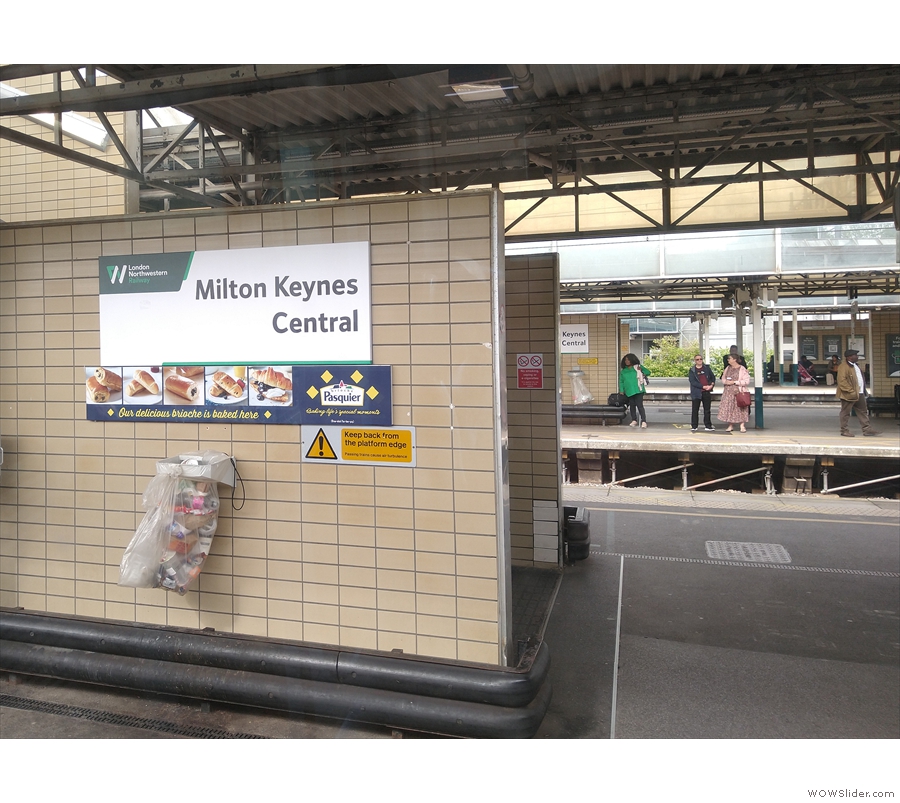
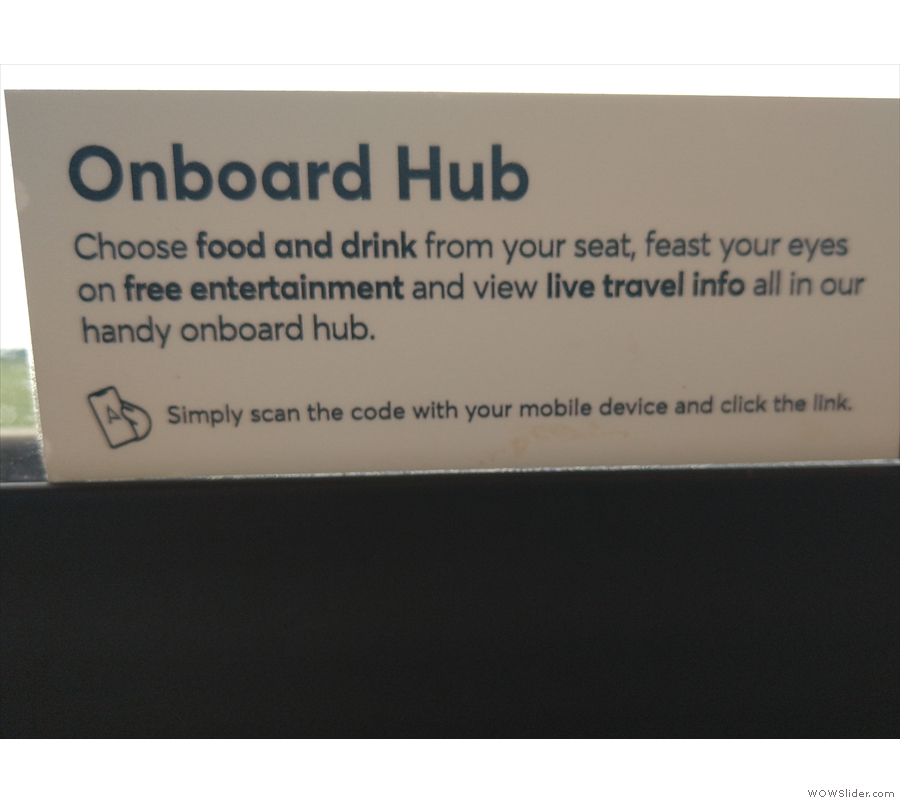
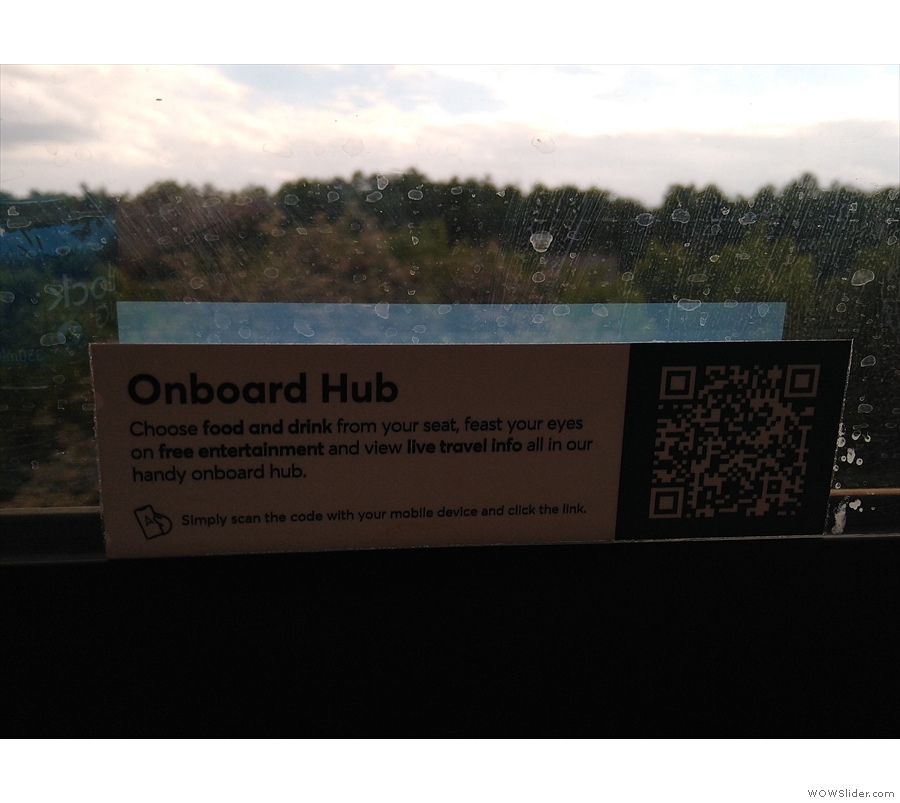
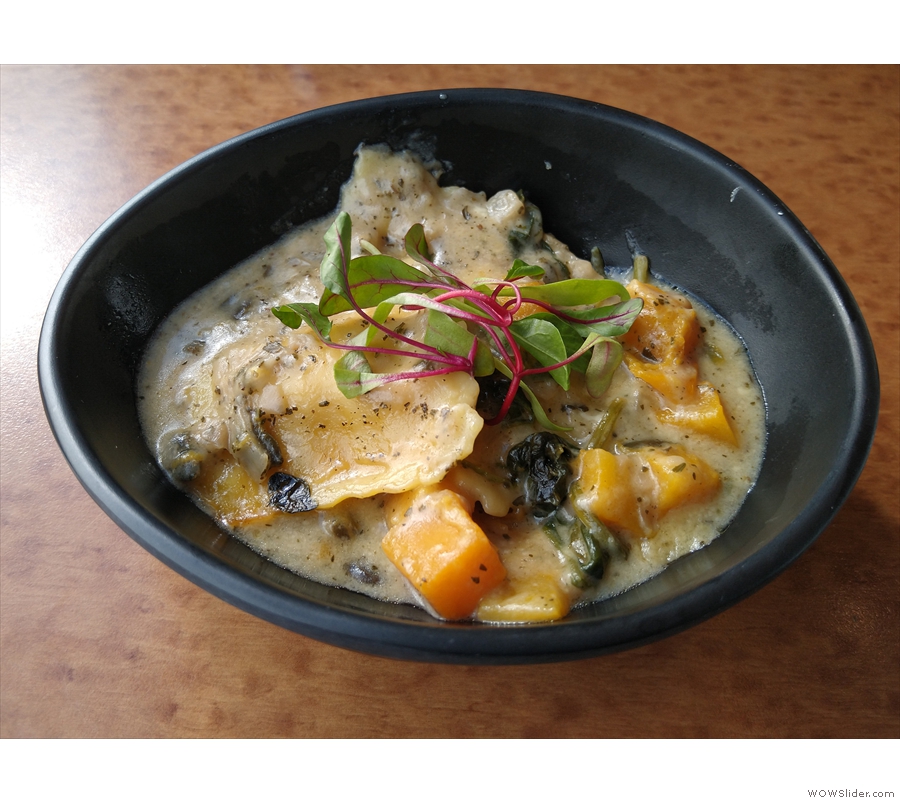
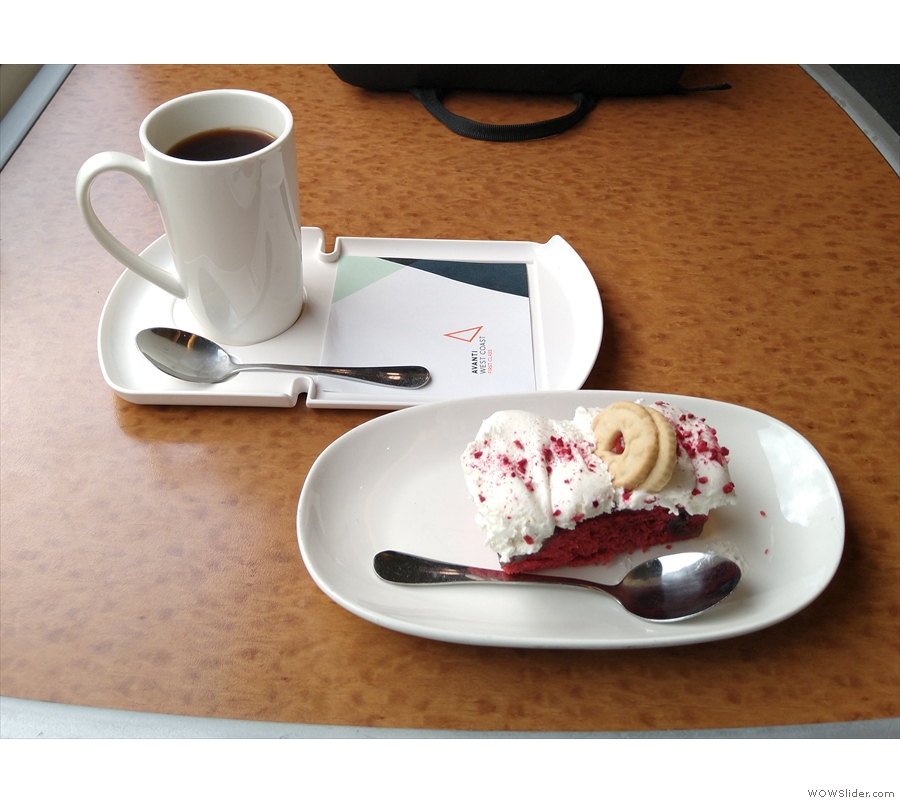
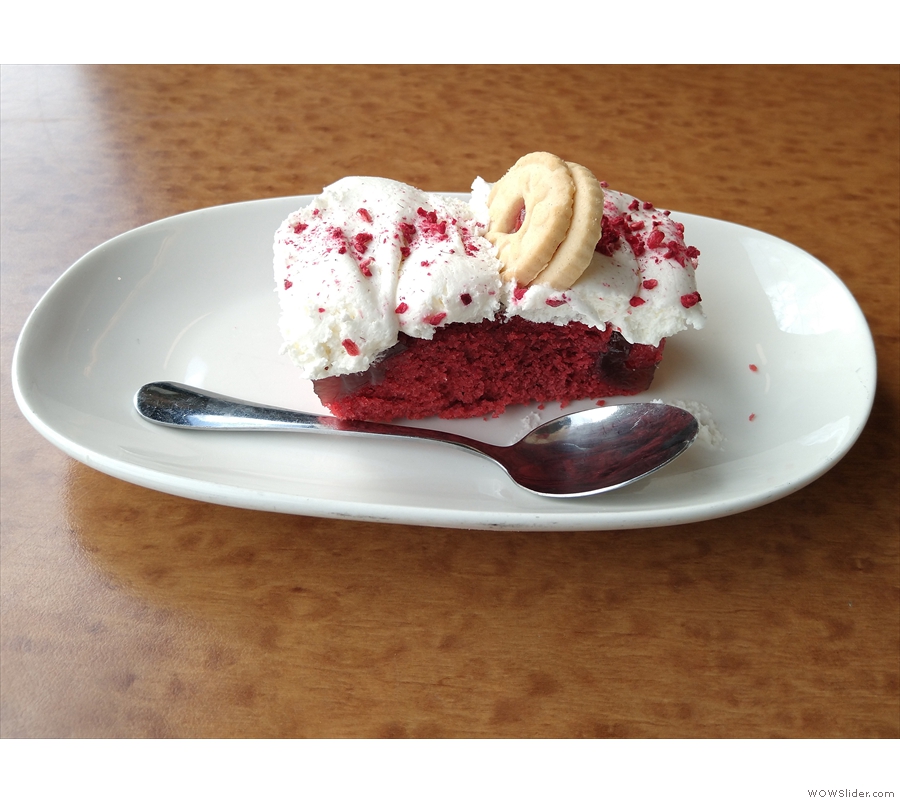
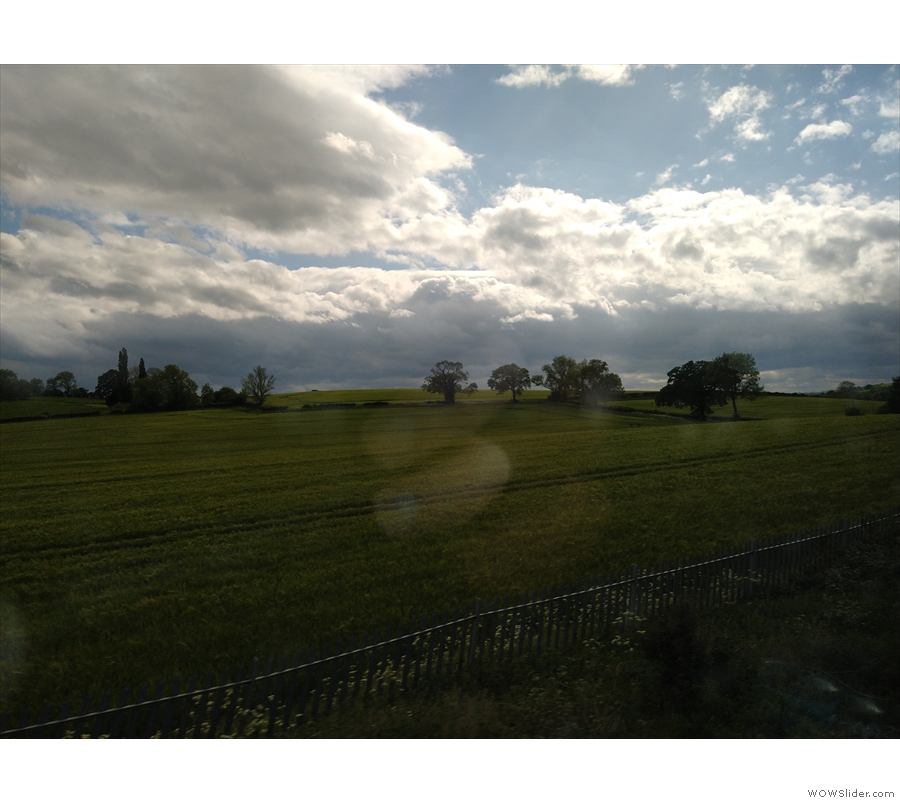
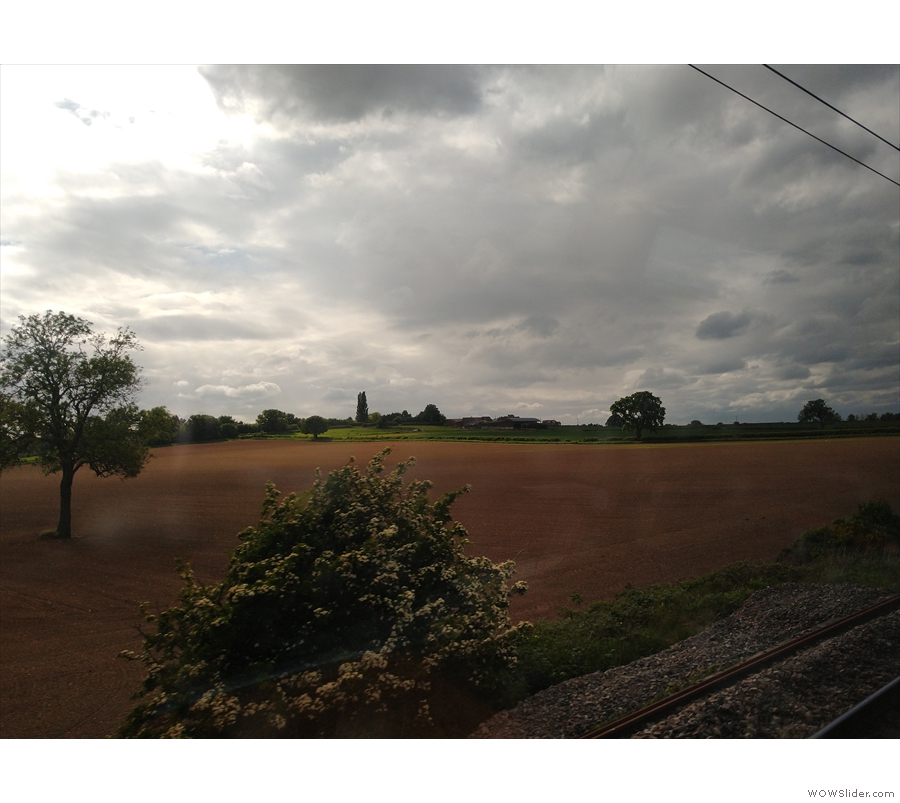
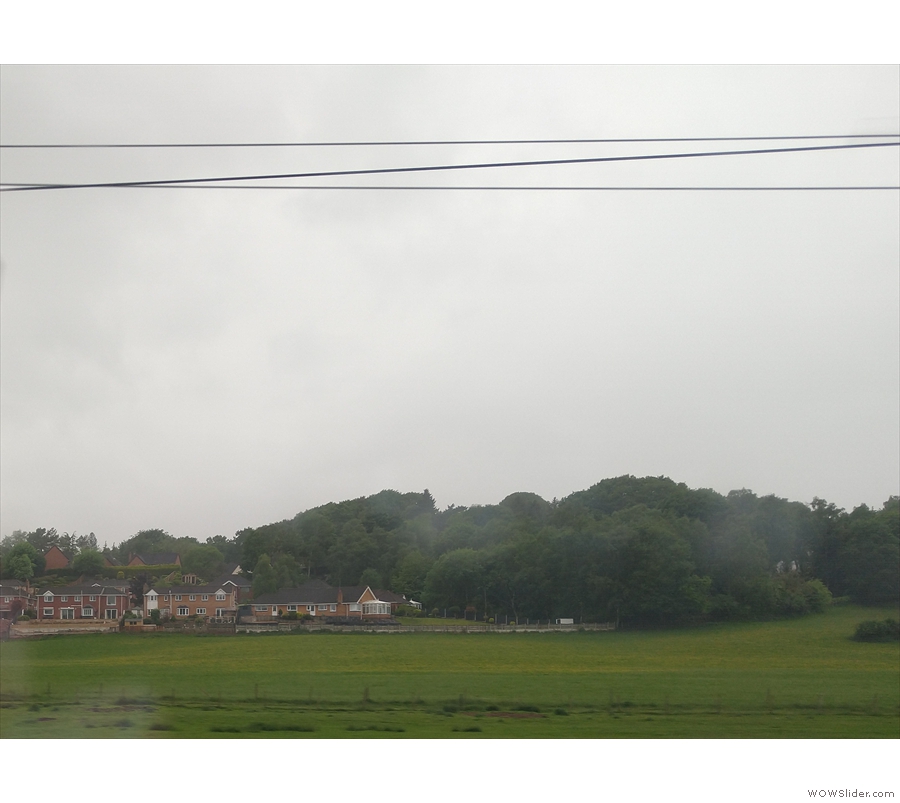
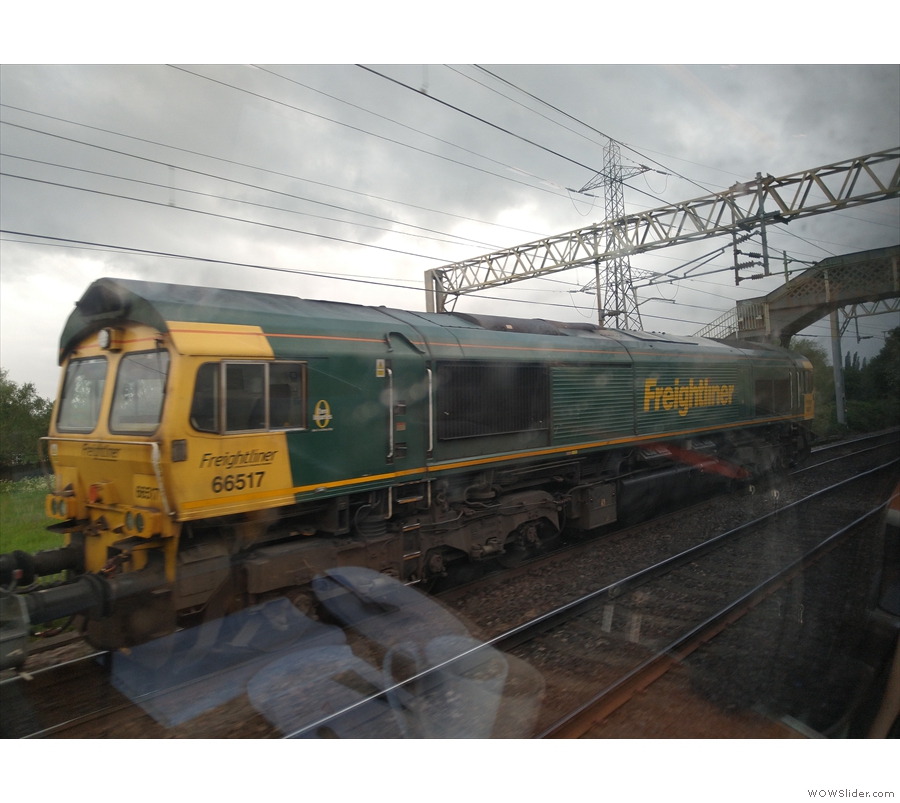
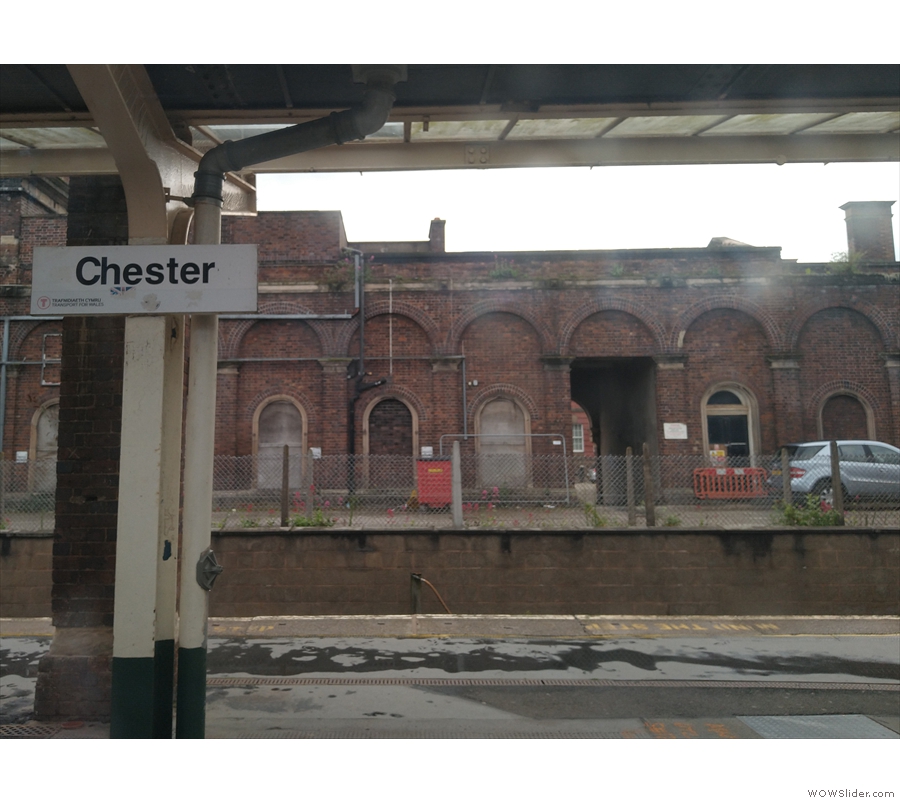
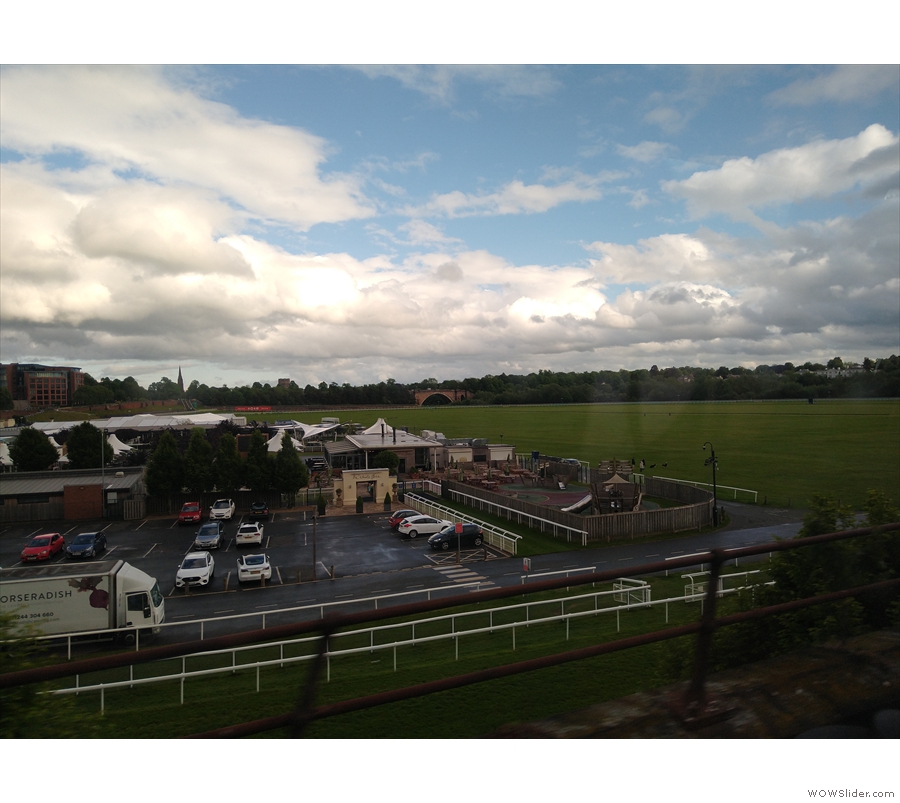
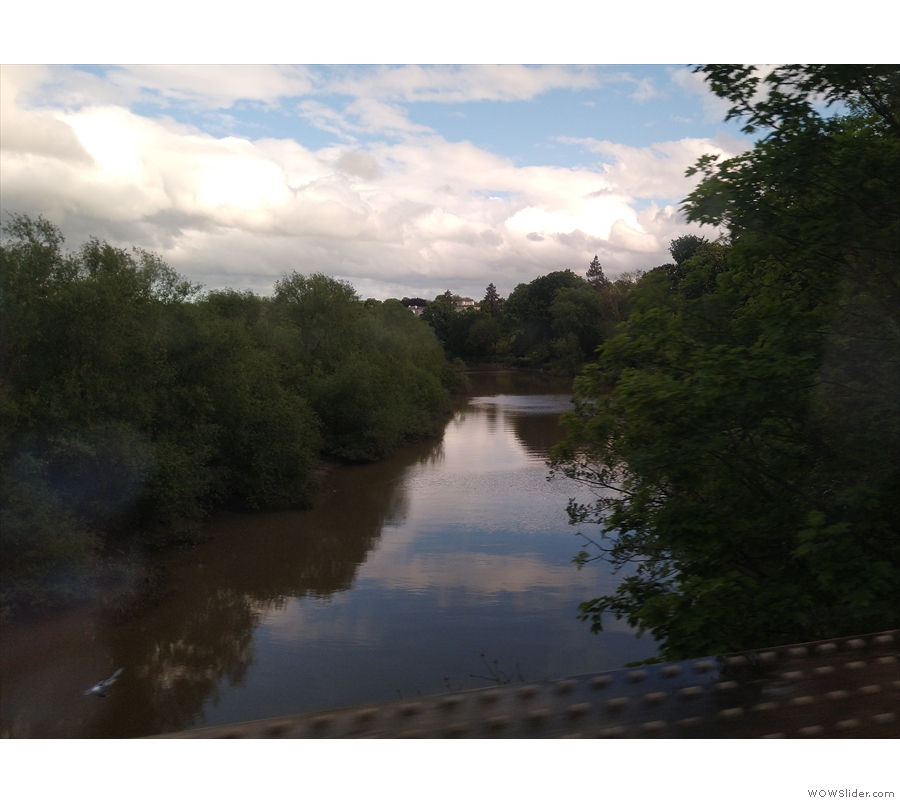
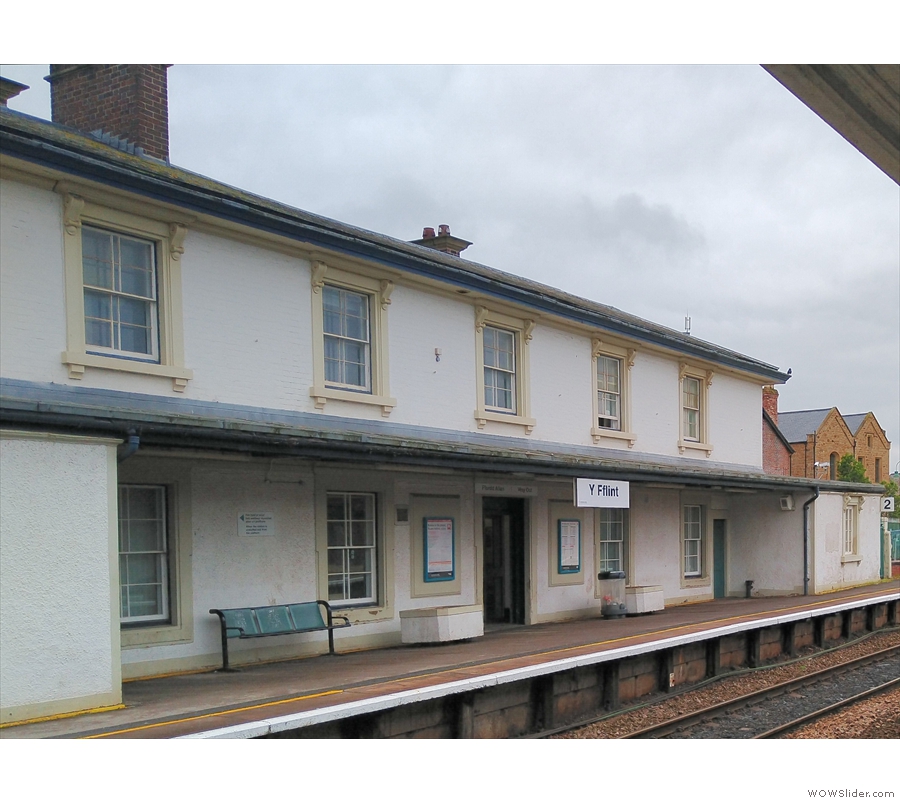
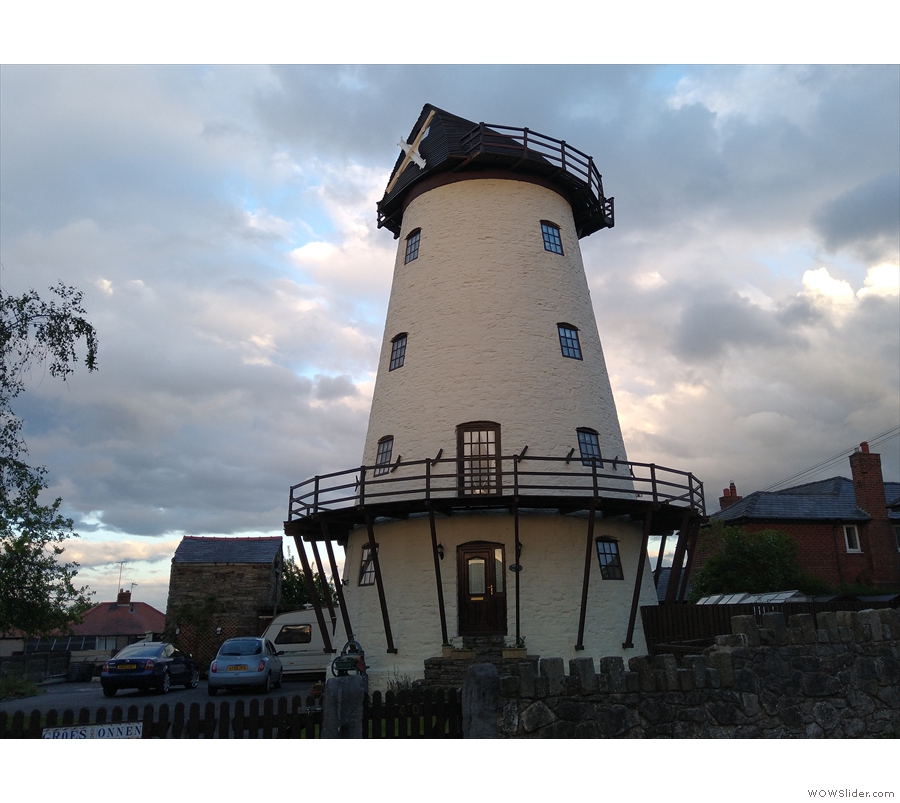
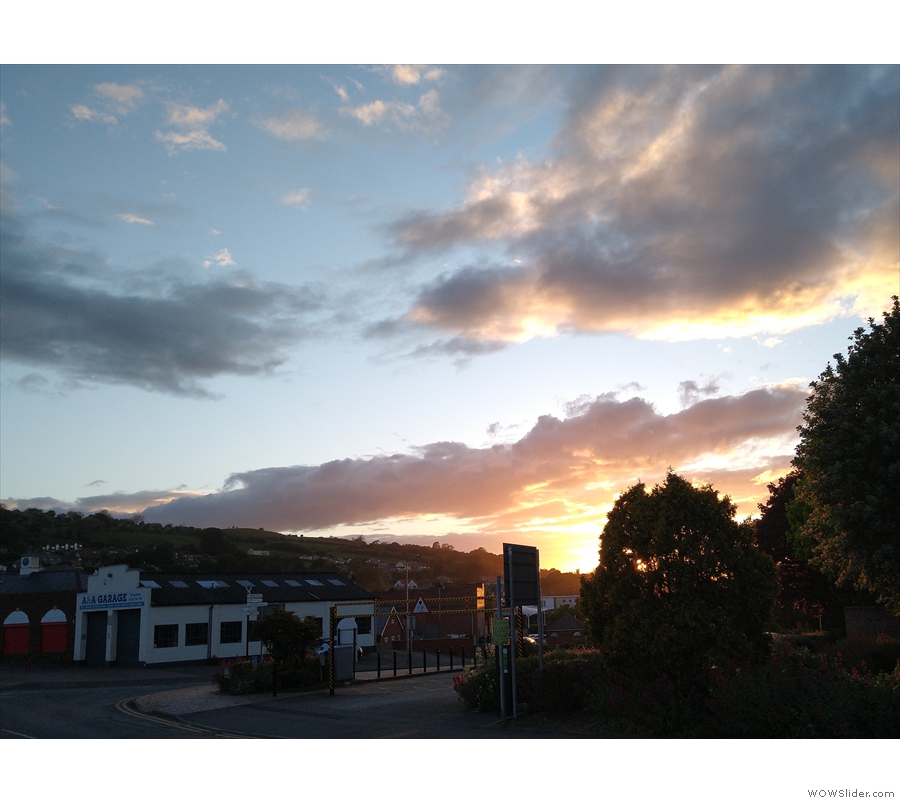
 1
1 2
2 3
3 4
4 5
5 6
6 7
7 8
8 9
9 10
10 11
11 12
12 13
13 14
14 15
15 16
16 17
17 18
18
Pingback: Brian’s Travel Spot: Amsterdam to London by Thalys/Eurostar | Brian's Coffee Spot